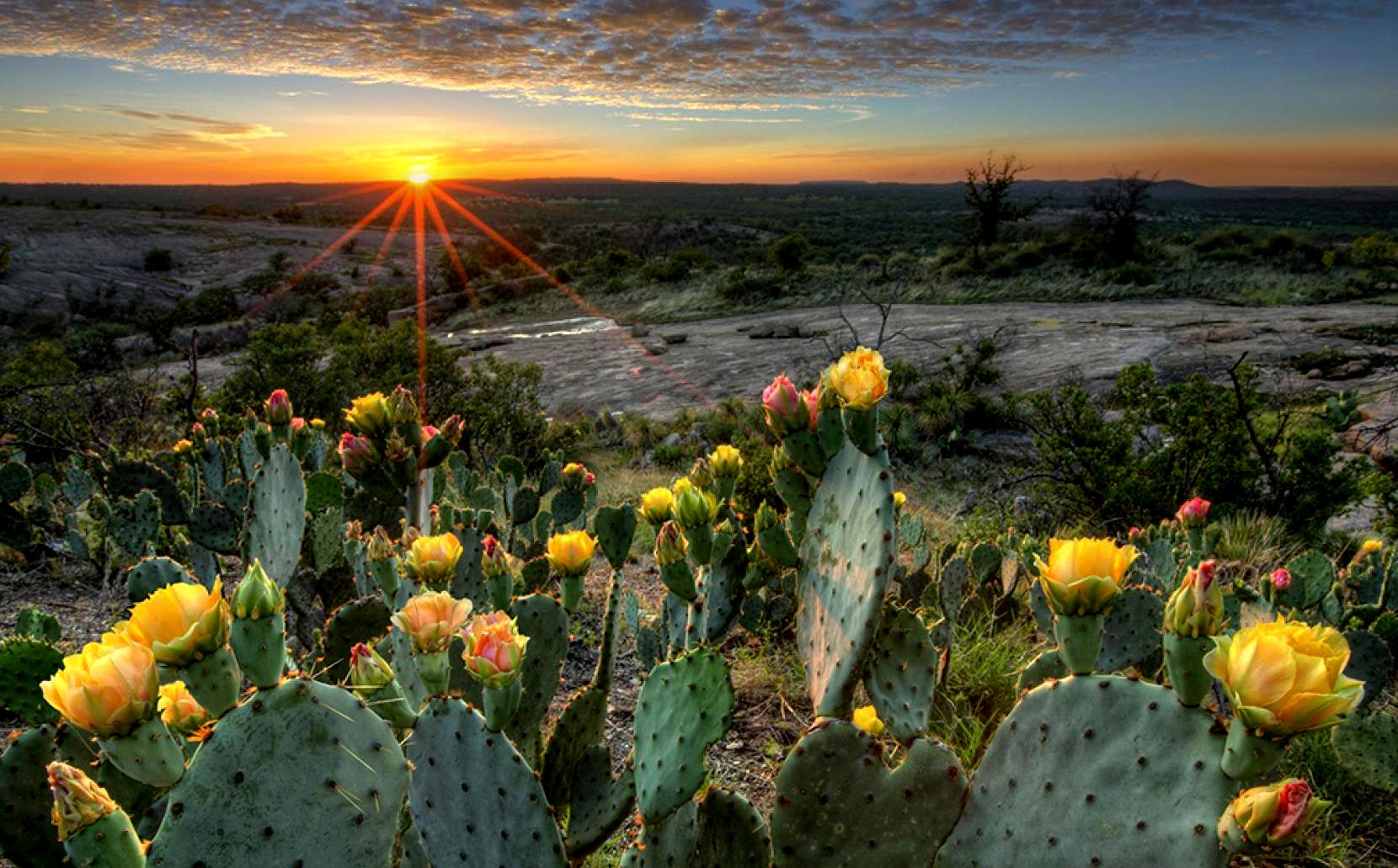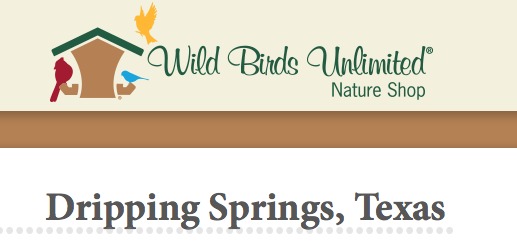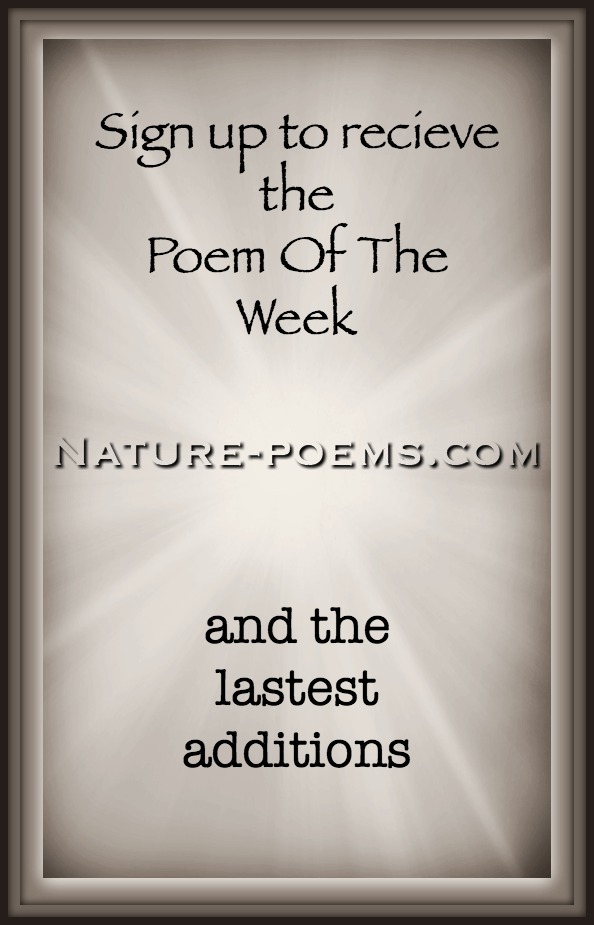Famous Nature Poems
| Song at Sunset SPLENDOR of ended day, floating and filling me! Hour prophetic—hour resuming the past! Inflating my throat—you, divine average! You, Earth and Life, till the last ray gleams, I sing. Open mouth of my Soul, uttering gladness, Eyes of my Soul, seeing perfection, Natural life of me, faithfully praising things; Corroborating forever the triumph of things. Illustrious every one! Illustrious what we name space—sphere of unnumber’d spirits; Illustrious the mystery of motion, in all beings, even the tiniest insect; Illustrious the attribute of speech—the senses—the body; Illustrious the passing light! Illustrious the pale reflection on the new moon in the western sky! Illustrious whatever I see, or hear, or touch, to the last. Good in all, In the satisfaction and aplomb of animals, In the annual return of the seasons, In the hilarity of youth, In the strength and flush of manhood, In the grandeur and exquisiteness of old age, In the superb vistas of Death. 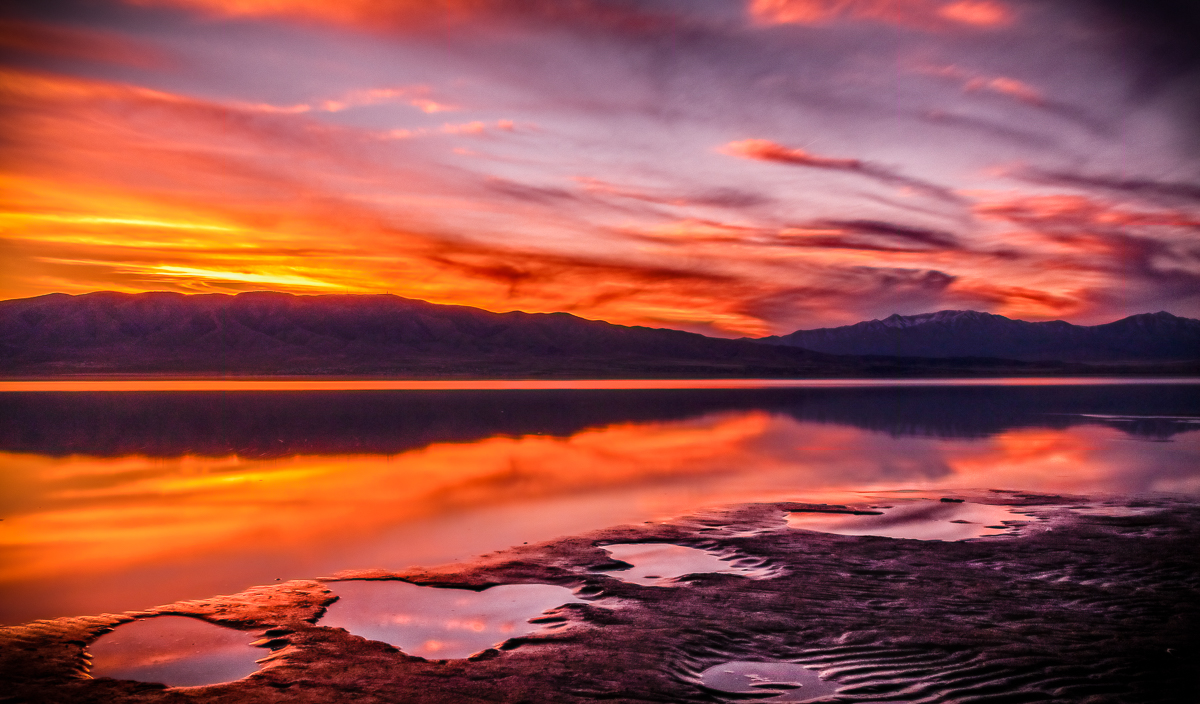 Wonderful to depart; Wonderful to be here! The heart, to jet the all-alike and innocent blood! To breathe the air, how delicious! To speak! to walk! to seize something by the hand! To prepare for sleep, for bed—to look on my rose-color’d flesh; To be conscious of my body, so satisfied, so large; To be this incredible God I am; To have gone forth among other Gods— these men and women I love. Wonderful how I celebrate you and myself! How my thoughts play subtly at the spectacles around! How the clouds pass silently overhead! How the earth darts on and on! and how the sun, moon, stars, dart on and on! How the water sports and sings! (Surely it is alive!) How the trees rise and stand up—with strong trunks—with branches and leaves! (Surely there is something more in each of the tree—some living Soul.) O amazement of things! even the least particle! O spirituality of things! O strain musical, flowing through ages and continents— now reaching me and America! I take your strong chords—I intersperse them, and cheerfully pass them forward. I too carol the sun, usher’d, or at noon, or, as now, setting, I too throb to the brain and beauty of the earth, and of all the growths of the earth, I too have felt the resistless call of myself. As I sail’d down the Mississippi, As I wander’d over the prairies, As I have lived—As I have look’d through my windows, my eyes, As I went forth in the morning—As I beheld the light breaking in the east; As I bathed on the beach of the Eastern Sea, and again on the beach of the Western Sea; As I roam’d the streets of inland Chicago—whatever streets I have roam’d; Or cities, or silent woods, or peace, or even amid the sights of war; Wherever I have been, I have charged myself with contentment and triumph. I sing the Equalities, modern or old, I sing the endless finales of things; I say Nature continues—Glory continues; I praise with electric voice; For I do not see one imperfection in the universe; And I do not see one cause or result lamentable at last in the universe. O setting sun! though the time has come, I still warble under you, if none else does, unmitigated adoration. Poem by Walt Whitman |












| Stopping
by Woods on a Snowy Evening Whose woods these are I think I know. His house is in the village though; He will not see me stopping here To watch his woods fill up with snow. My little horse must think it queer To stop without a farmhouse near Between the woods and frozen lake The darkest evening of the year. 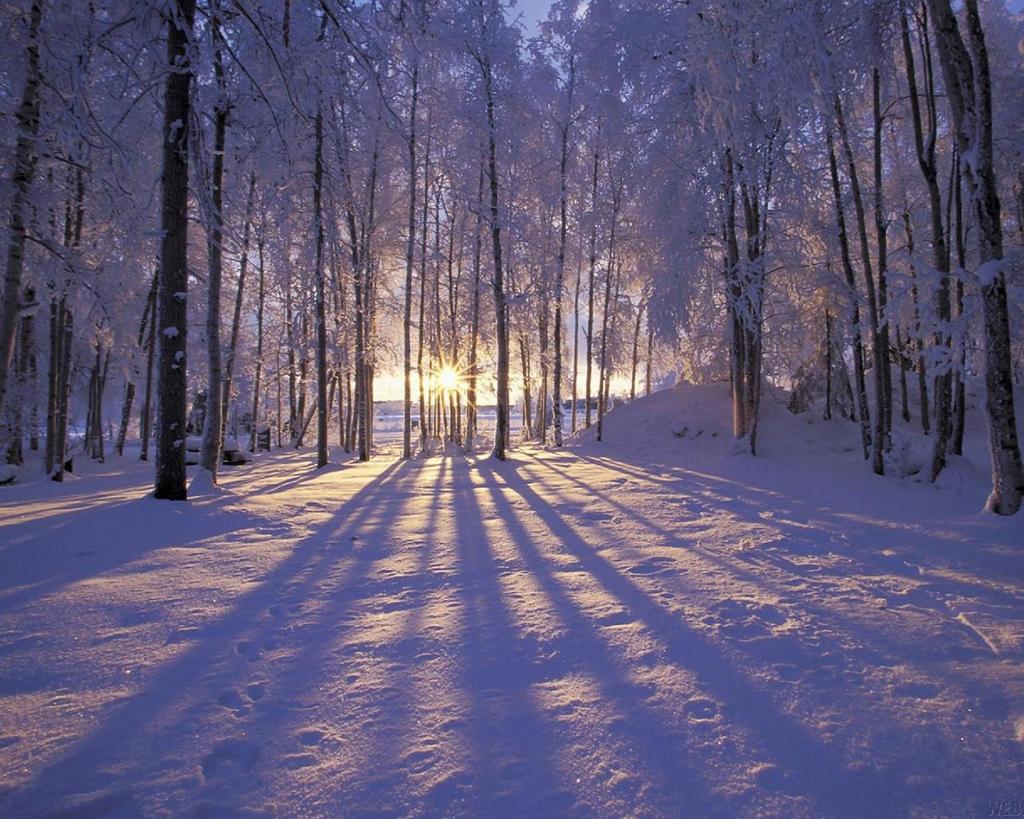 He gives his harness bells a shake To ask if there is some mistake. The only other sound's the sweep Of easy wind and downy flake. The woods are lovely, dark and deep. But I have promises to keep, And miles to go before I sleep, And miles to go before I sleep. Poem by Robert Frost |

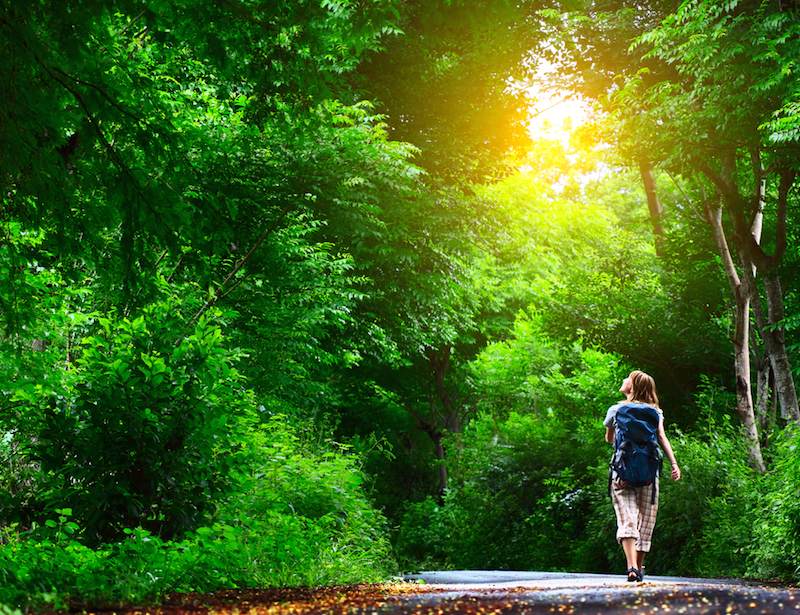


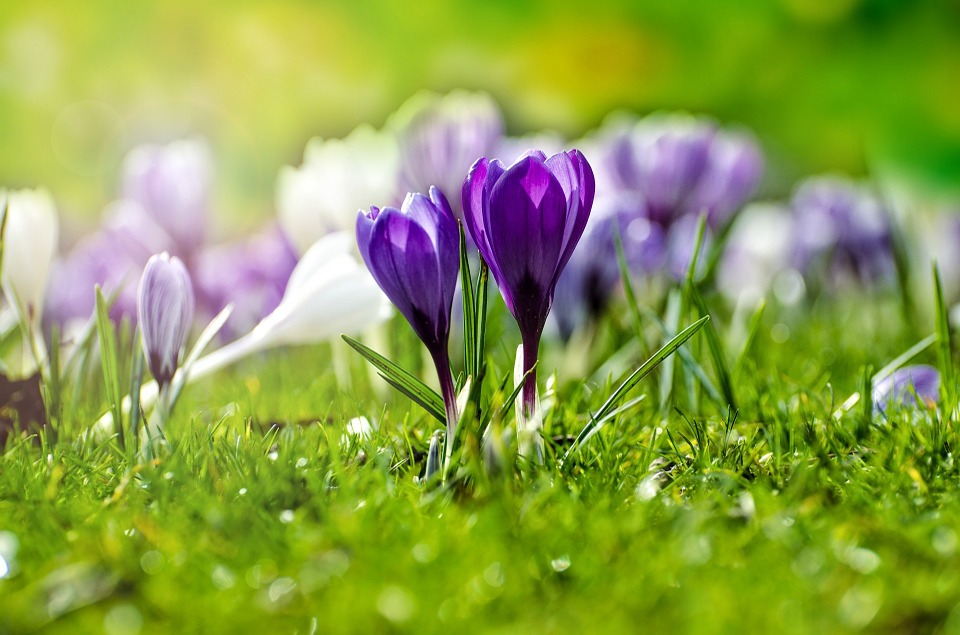
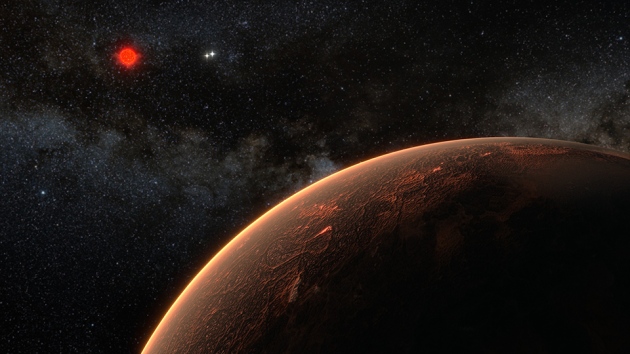
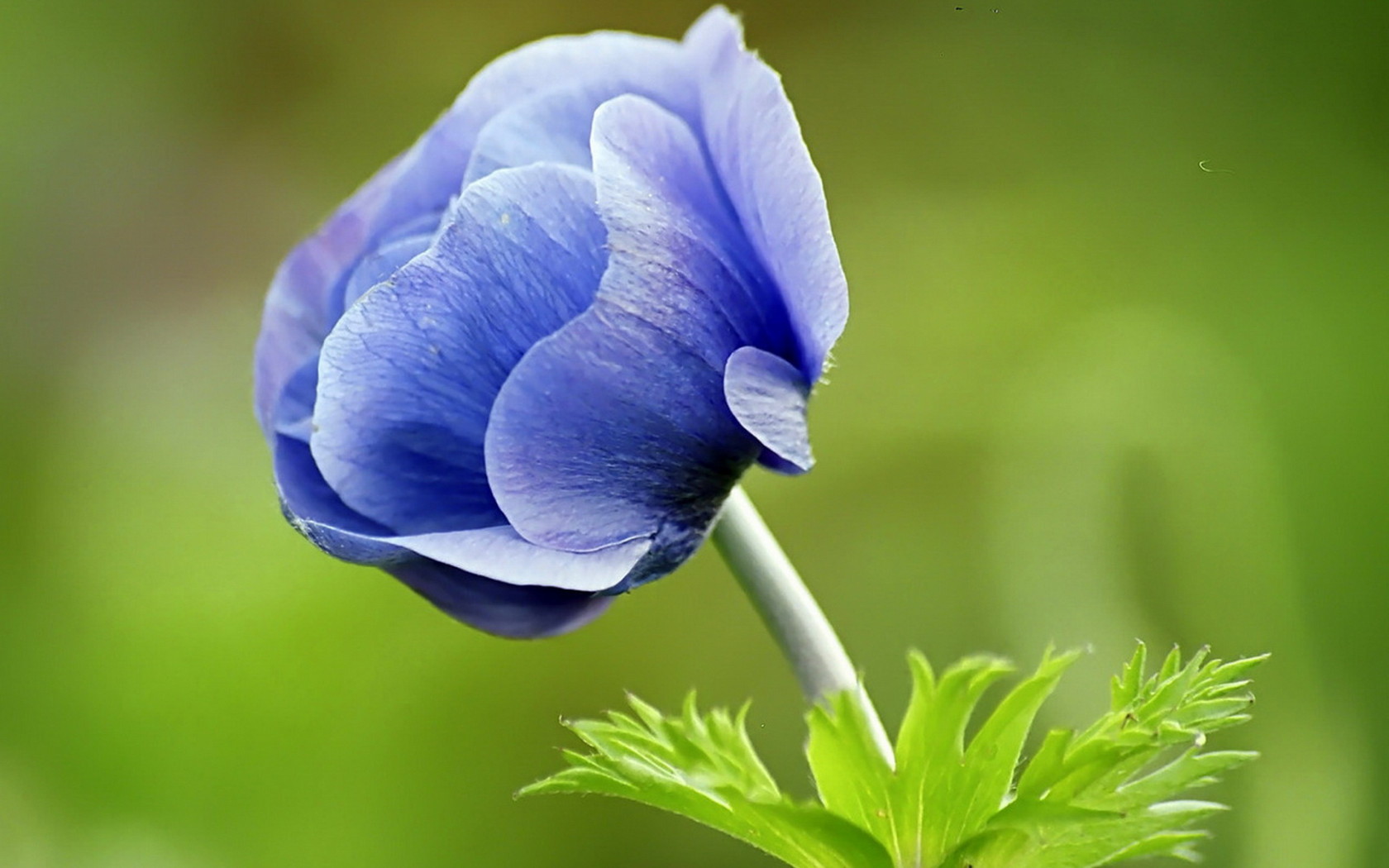
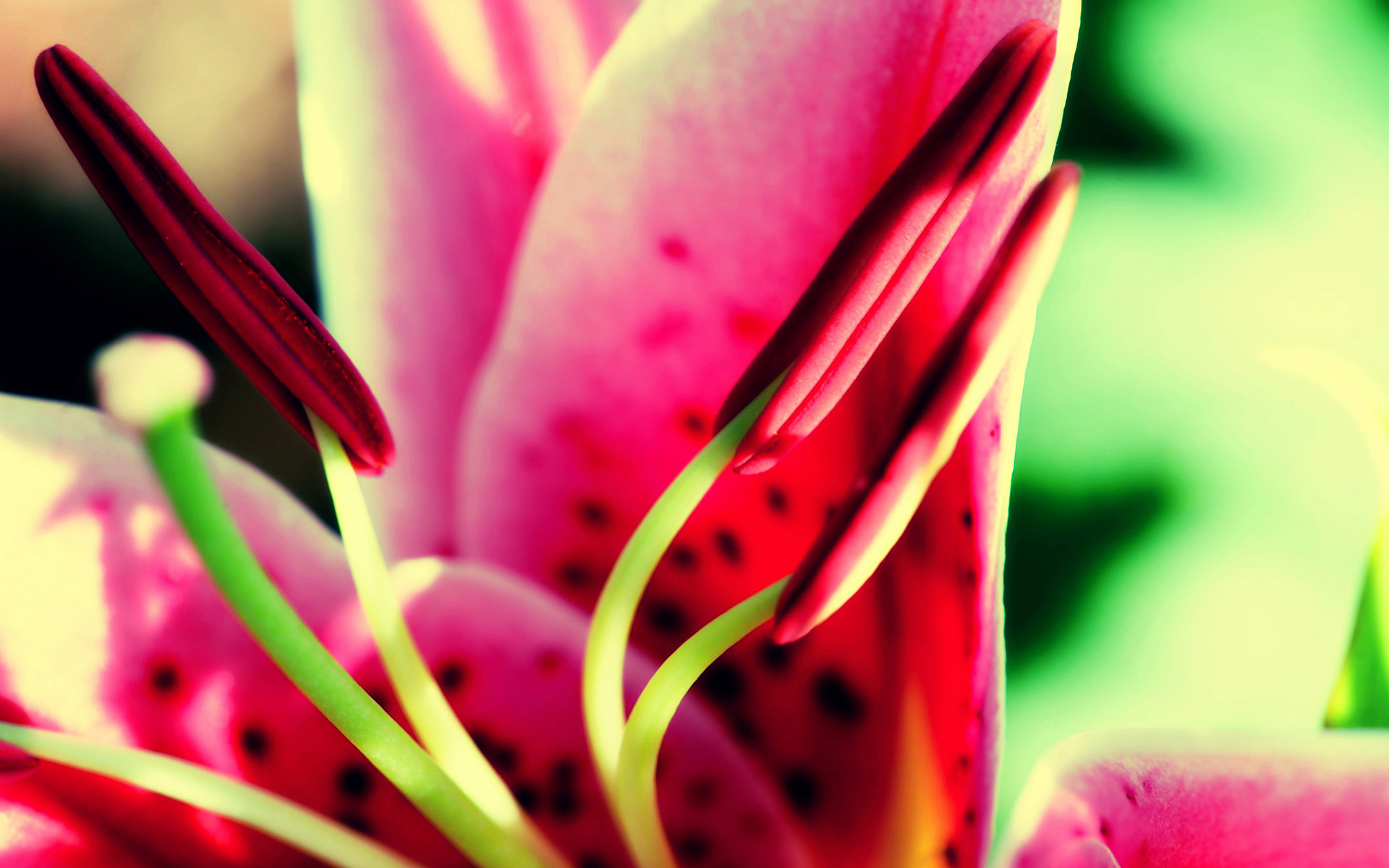
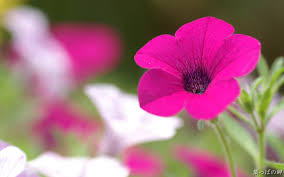
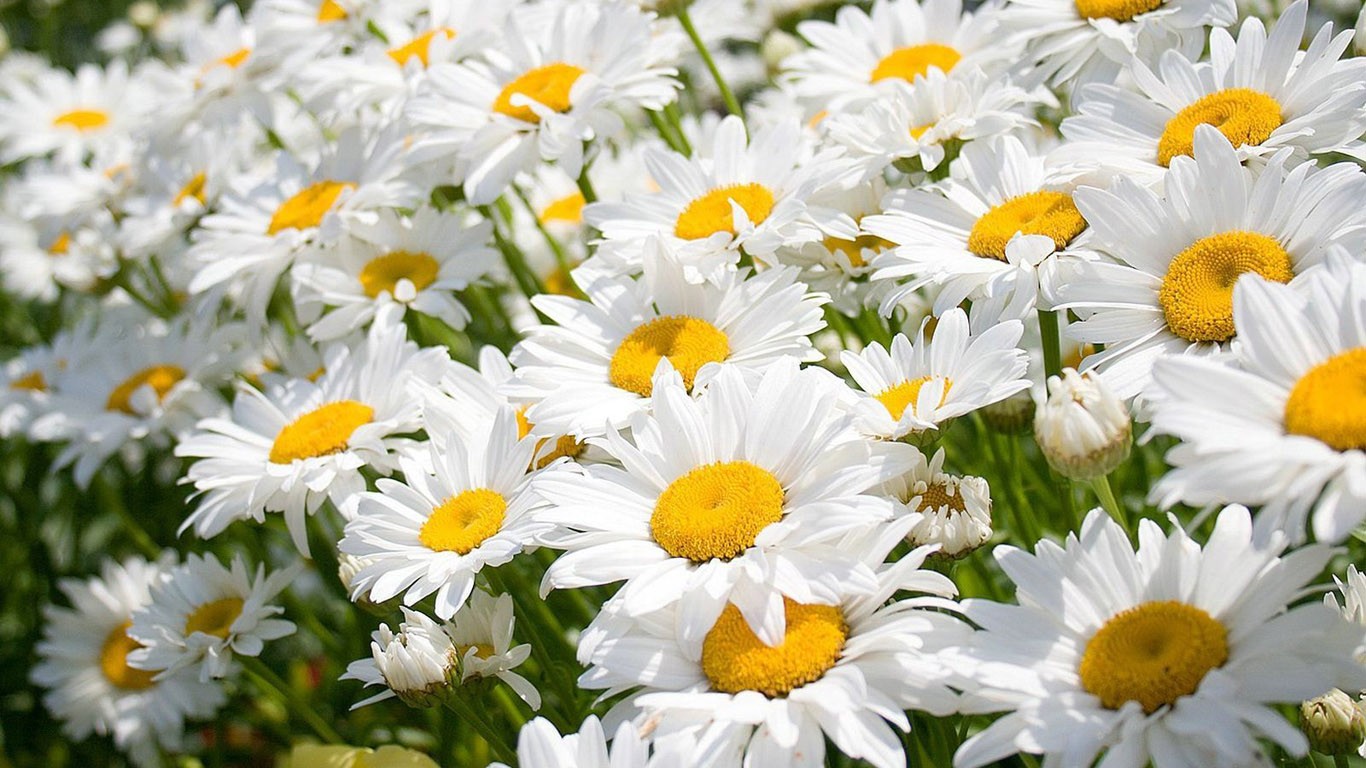
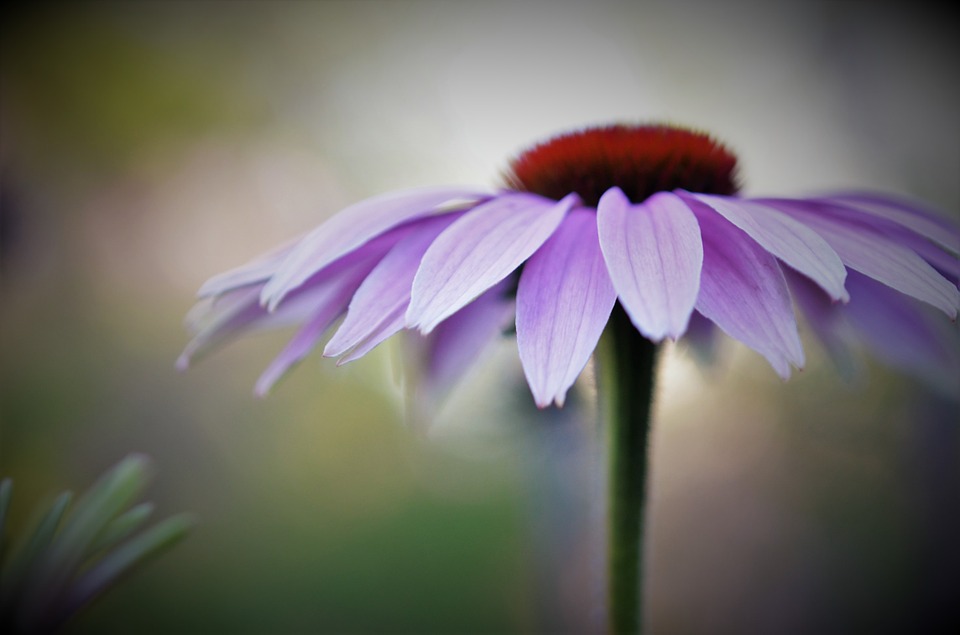
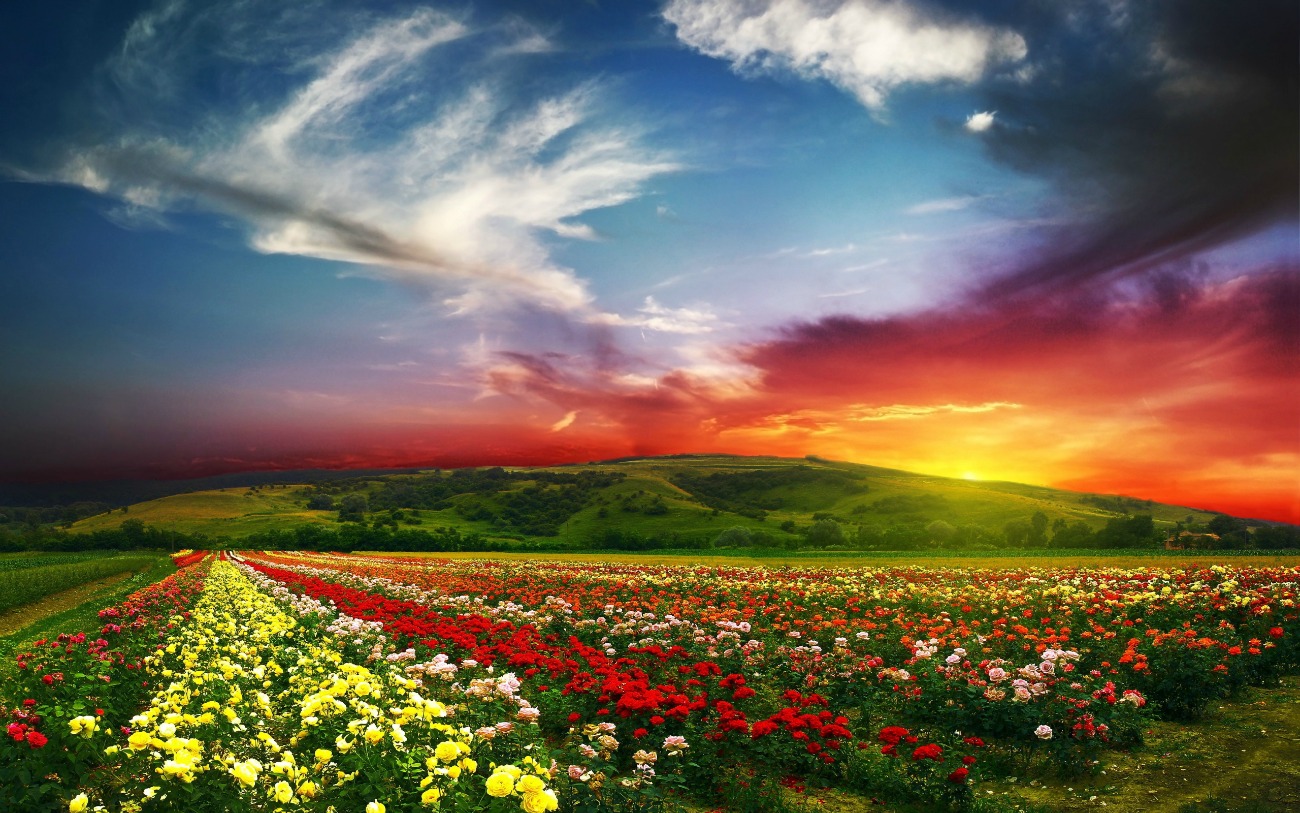
| Hummingbird A Route of Evanescence With a revolving Wheel - A Resonance of Emerald - A Rush of Cochineal - And every Blossom on The Bush Adjusts its tumbled Head - The mail from Tunis, probably, An easy Morning's Ride - 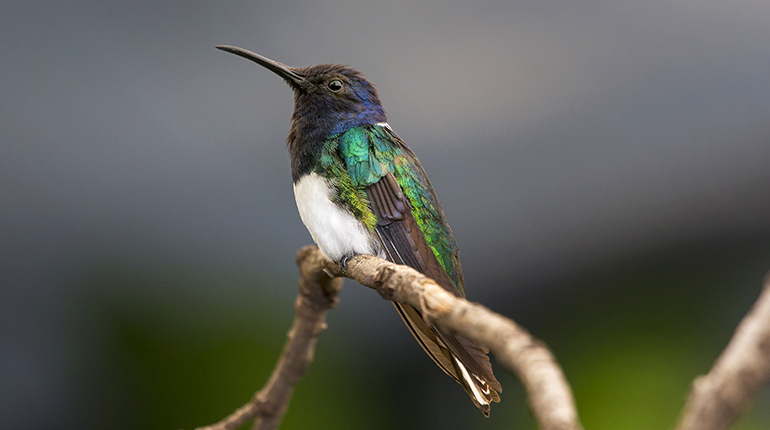 Poem By Emily Dickinson |
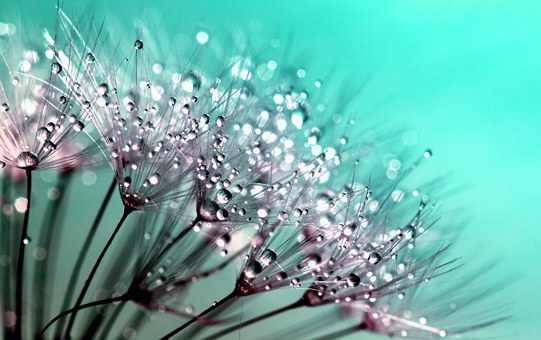

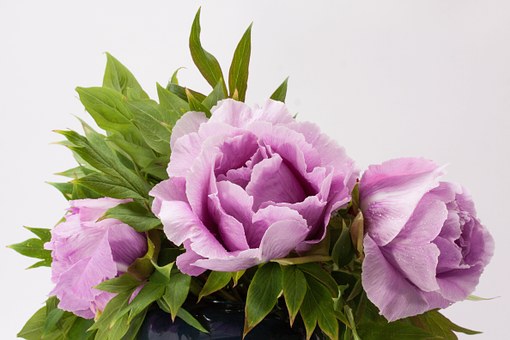
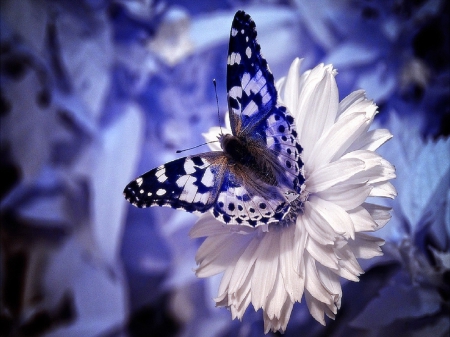
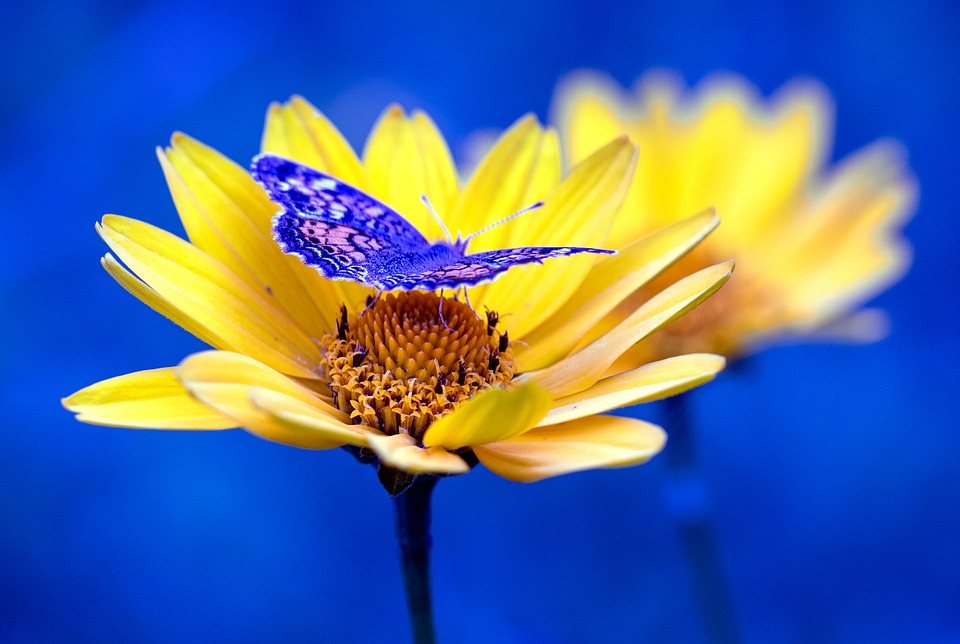
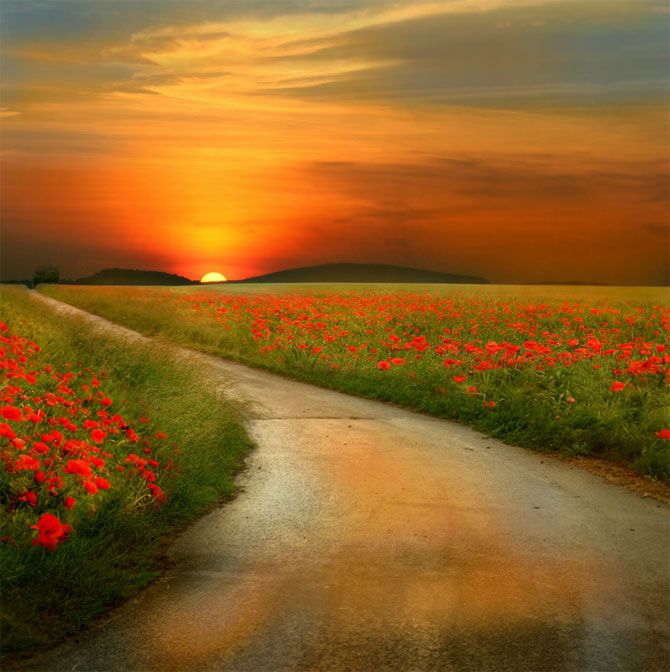
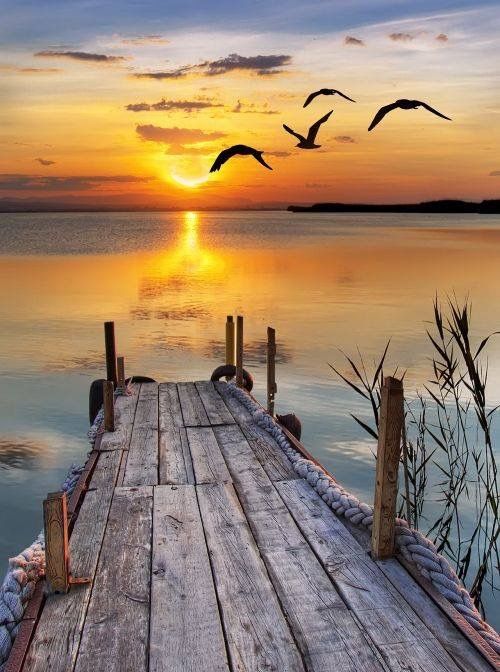
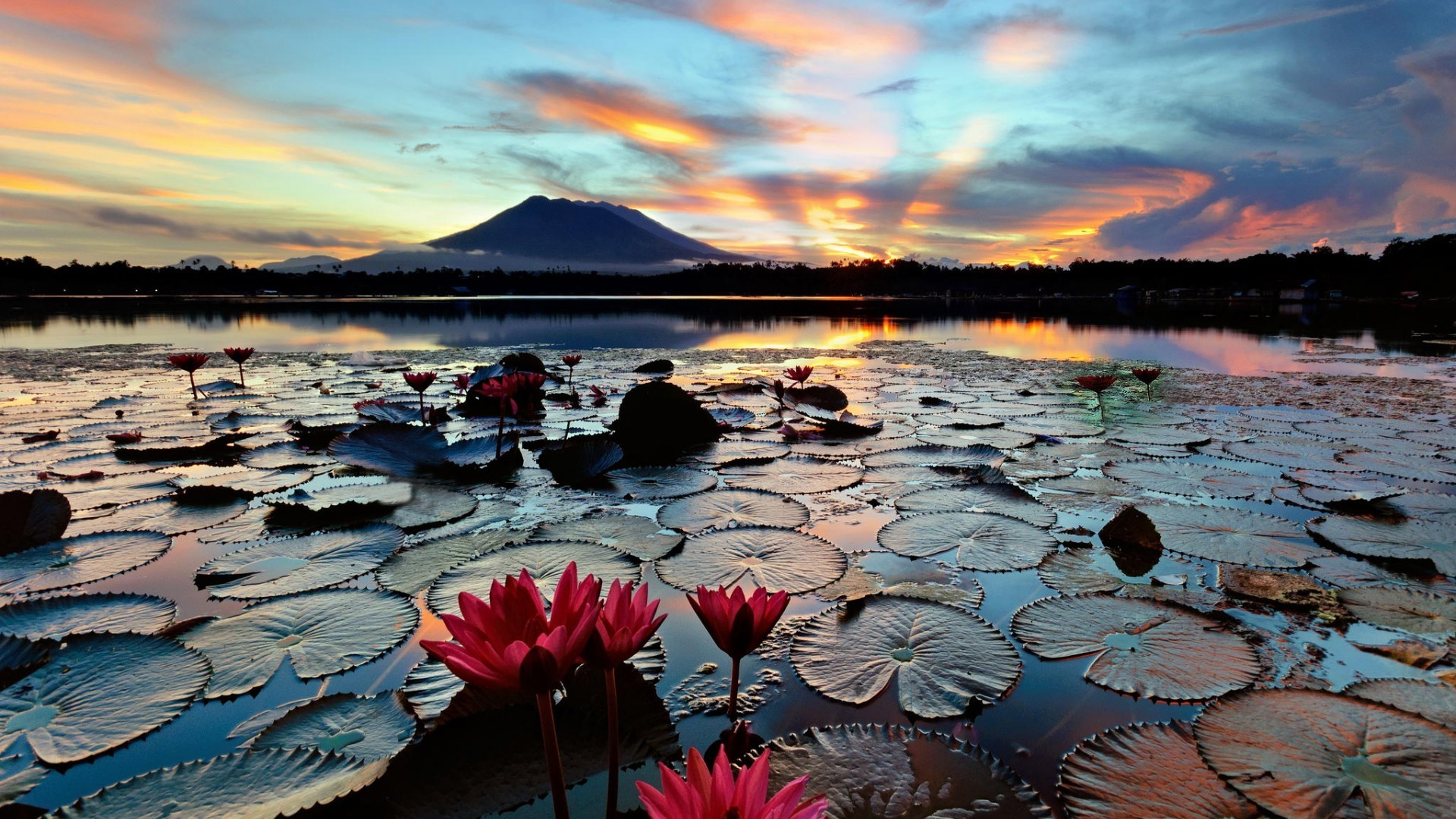
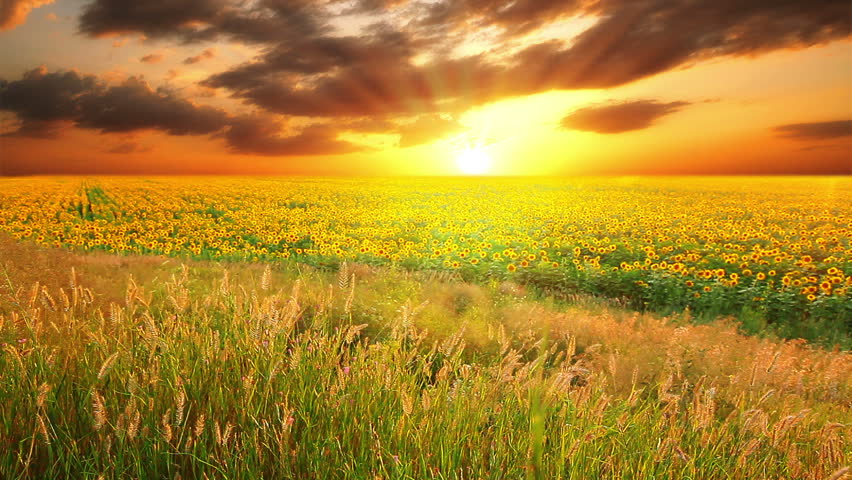
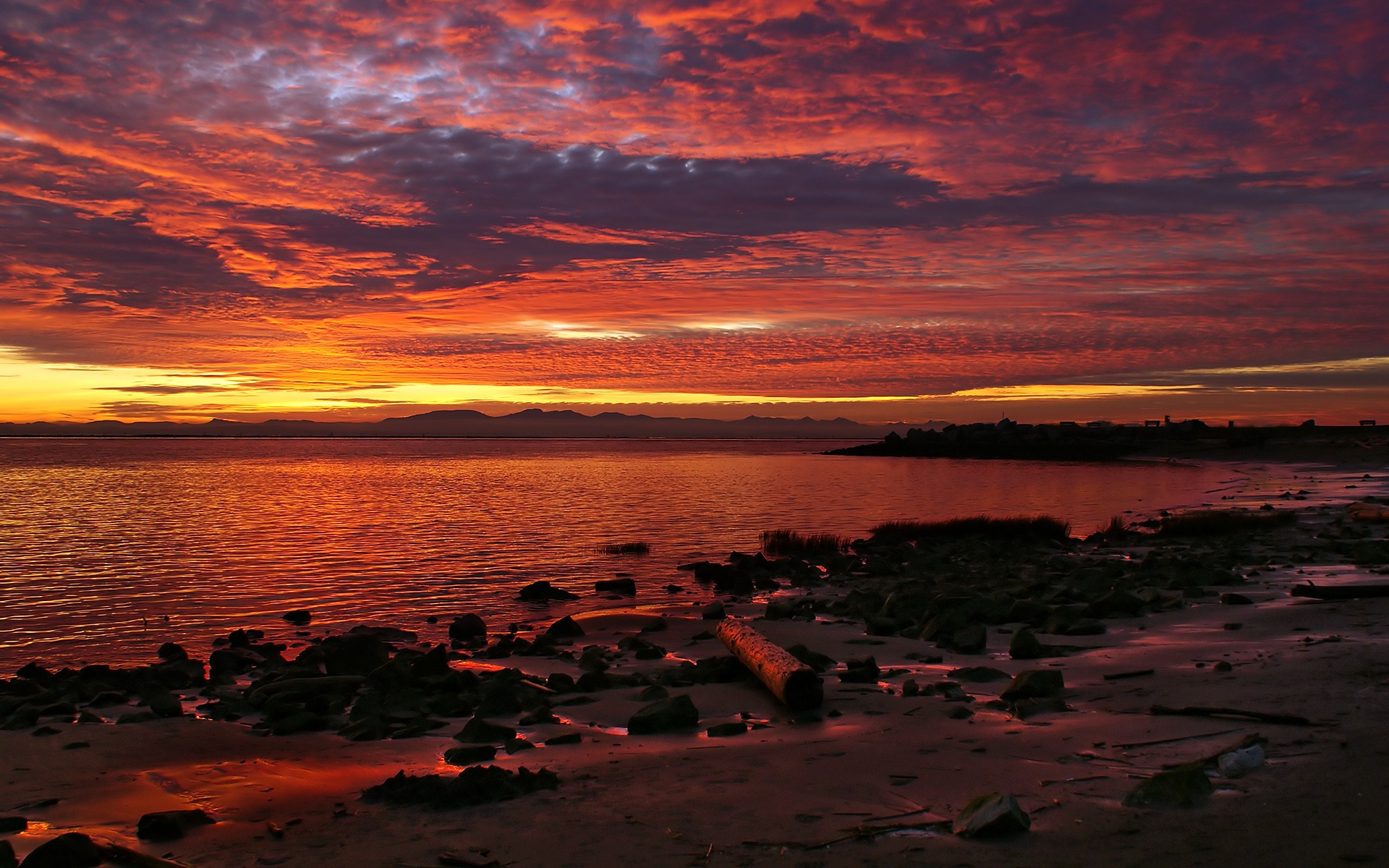
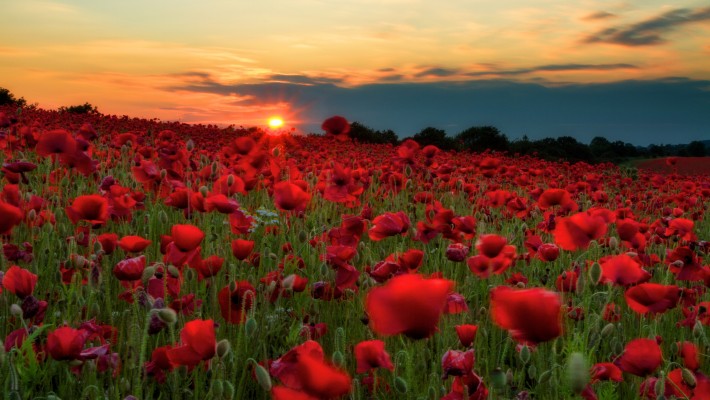
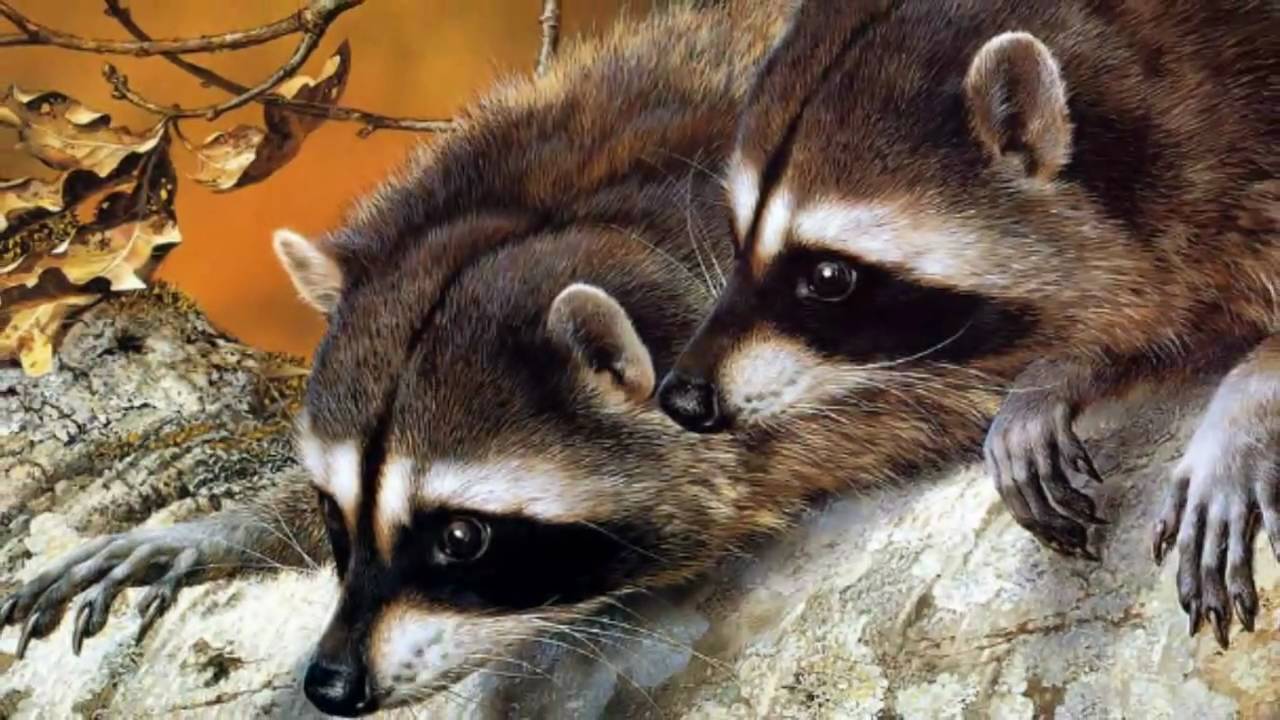
| Weathers This is the weather the cuckoo likes, And so do I; When showers beturnble the chestnut spikes, And nestlings fly: And the little brown nightingale bills his best, And they sit outside at "The Travellers' Rest, And maids come forth sprig-muslin drest, And citizens dream of the south and west, And so do I. This is the weather the shepherd shuns, And so do I; When beeches drip in browns and duns, and thresh, and ply; And hill-hid tides throb, throe on throe, And meadow rivulets overflow, And drops on gate-bars bang in a row, And rooks in families homeward go, And so do I. 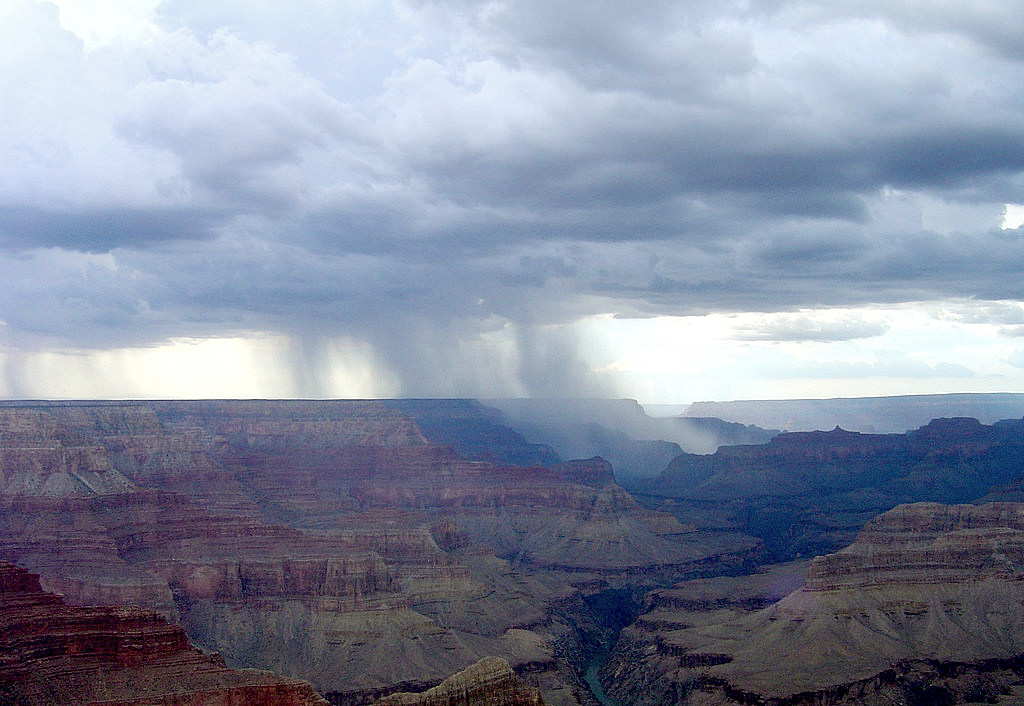 Poem By Thomas Hardy |
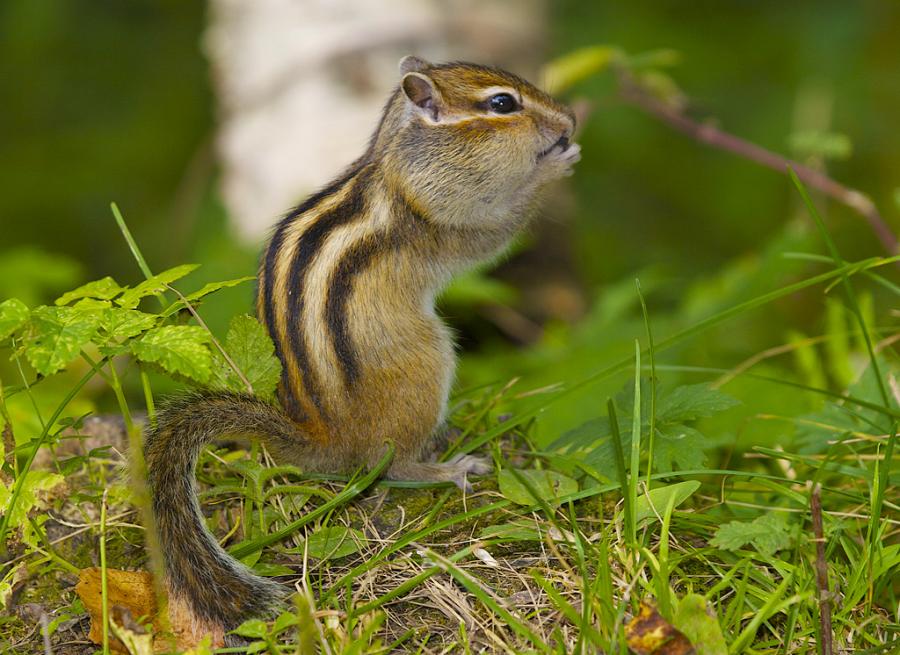
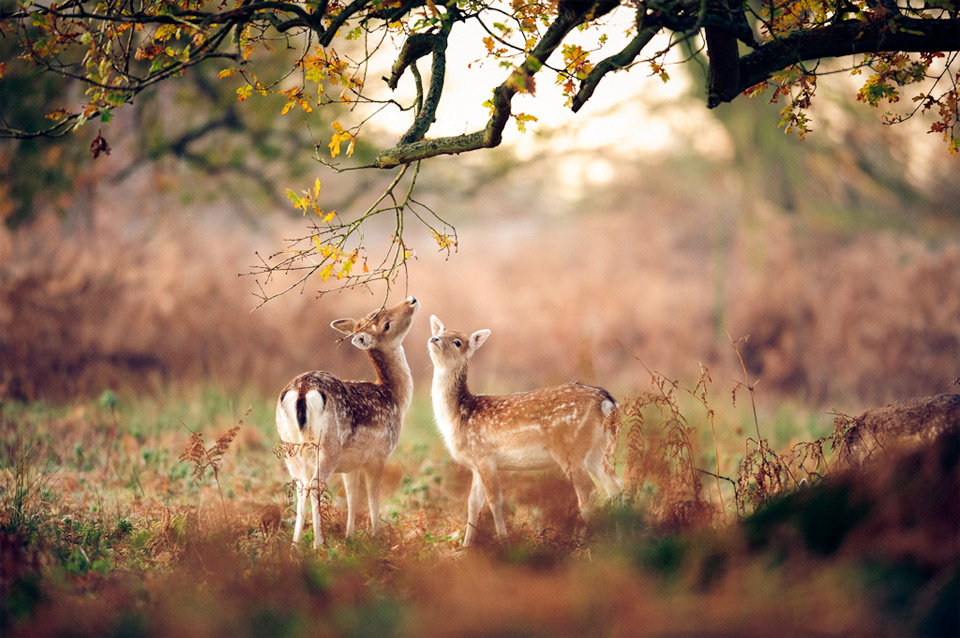
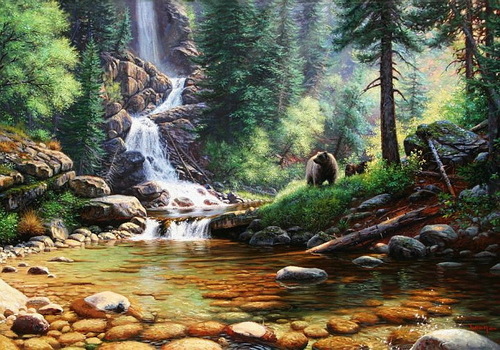
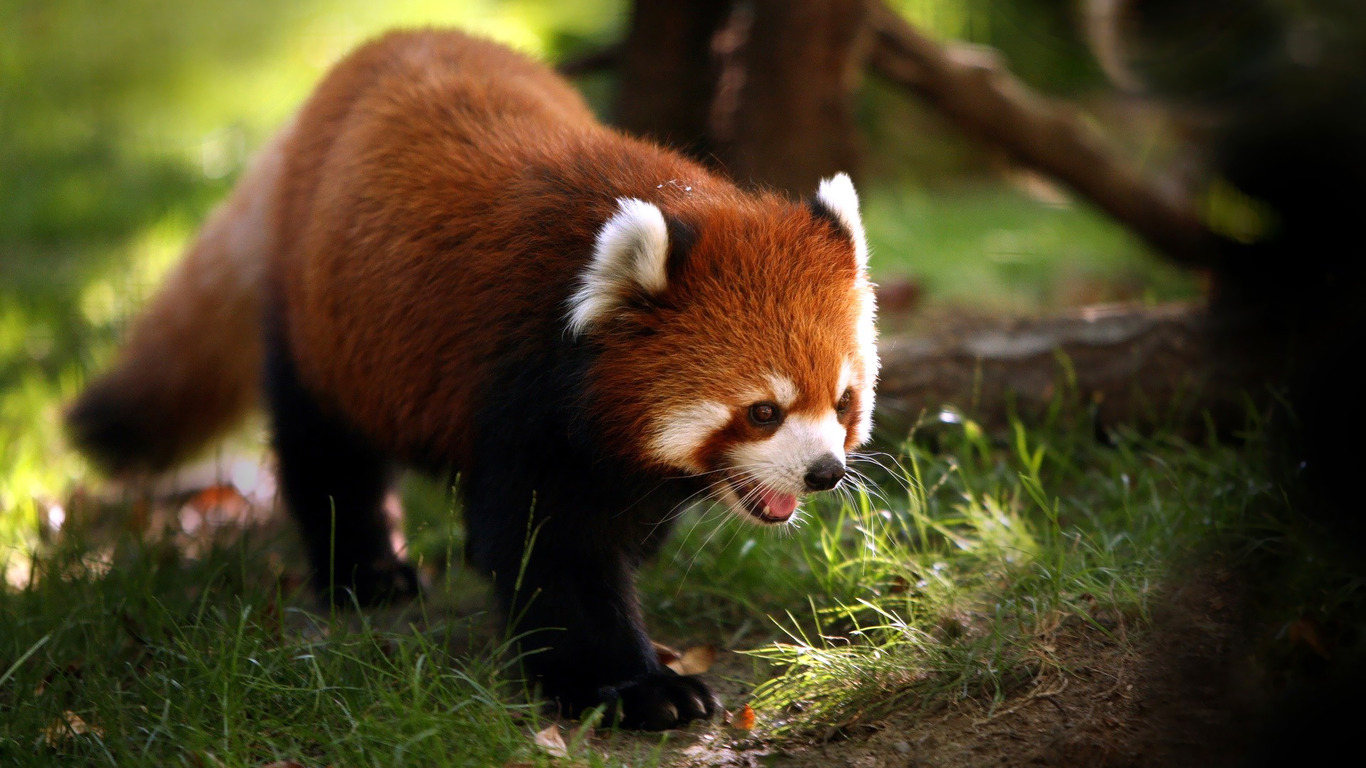
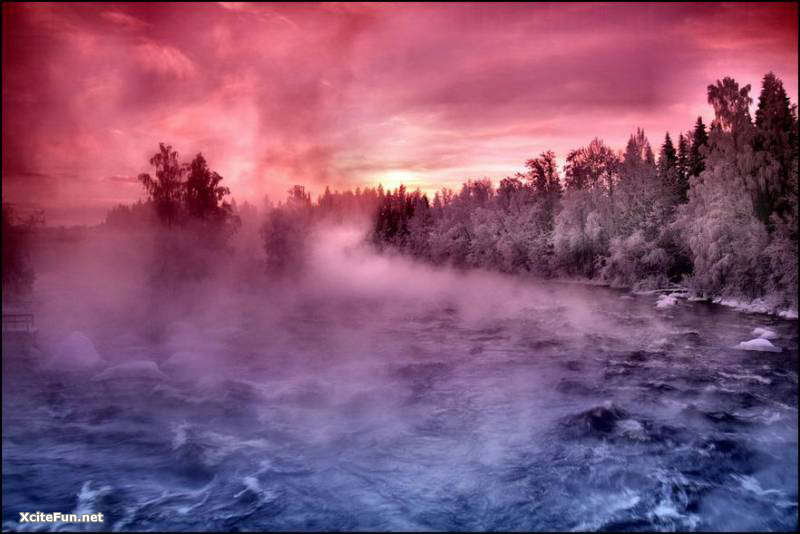
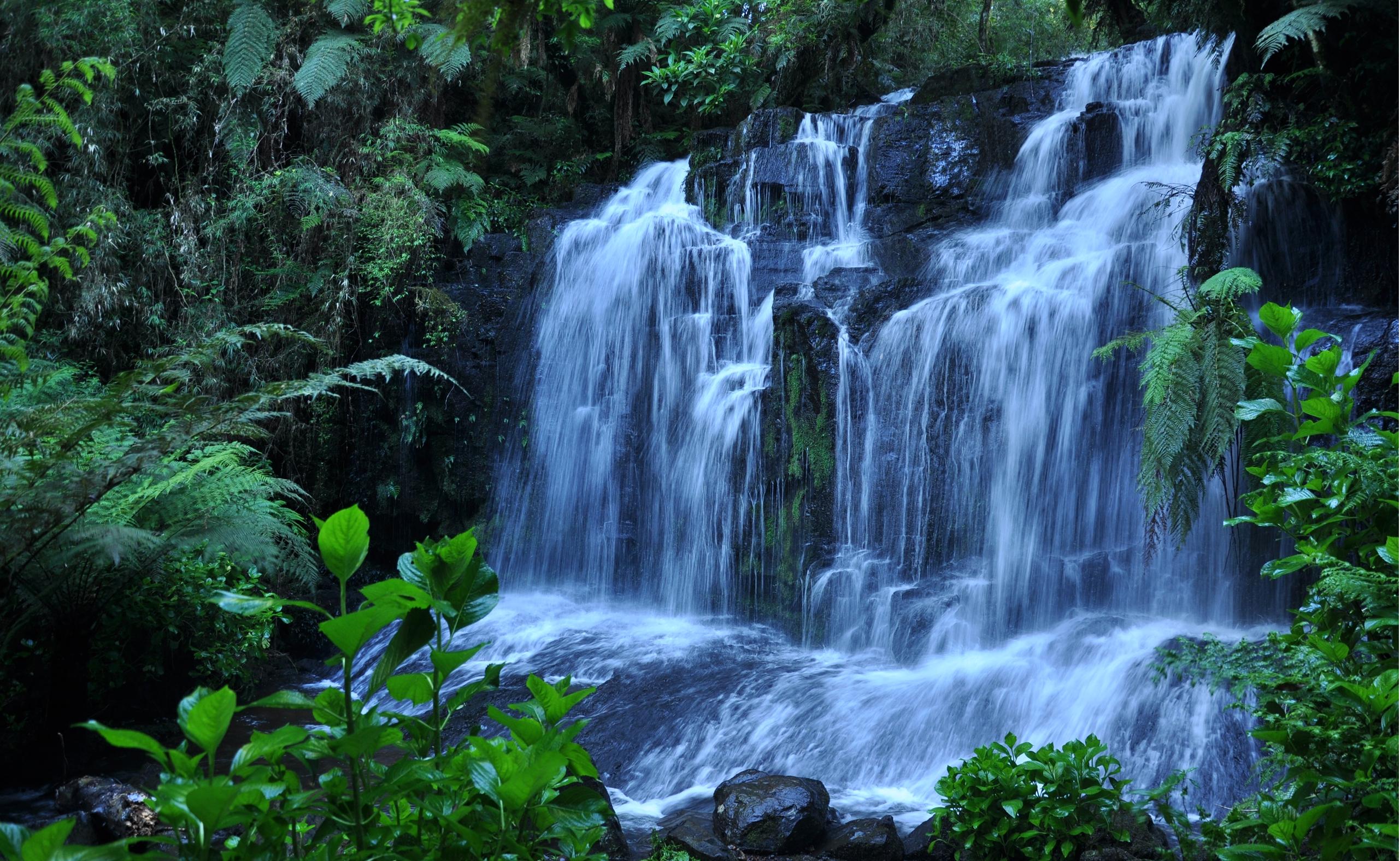
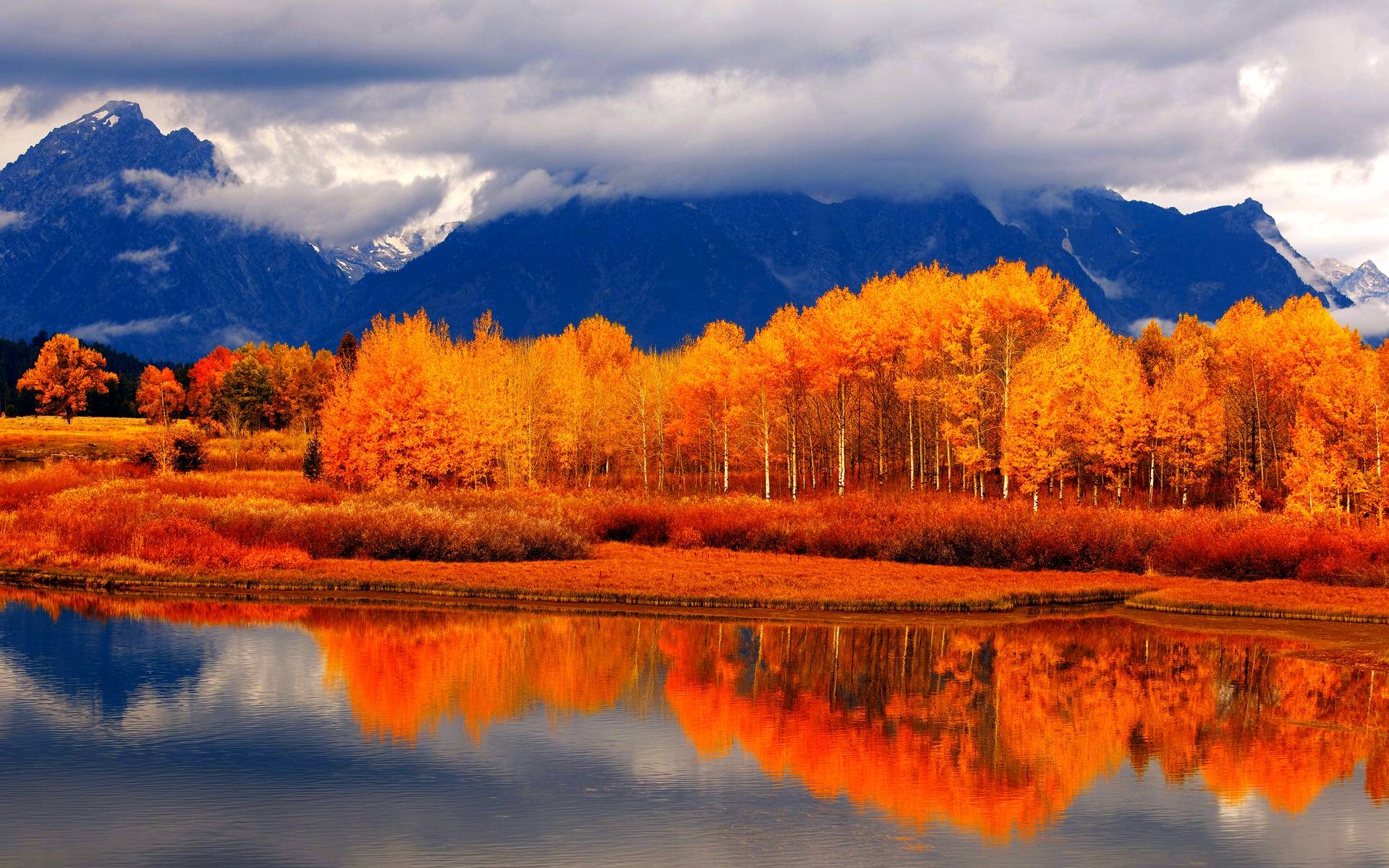
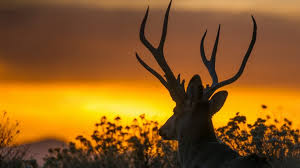
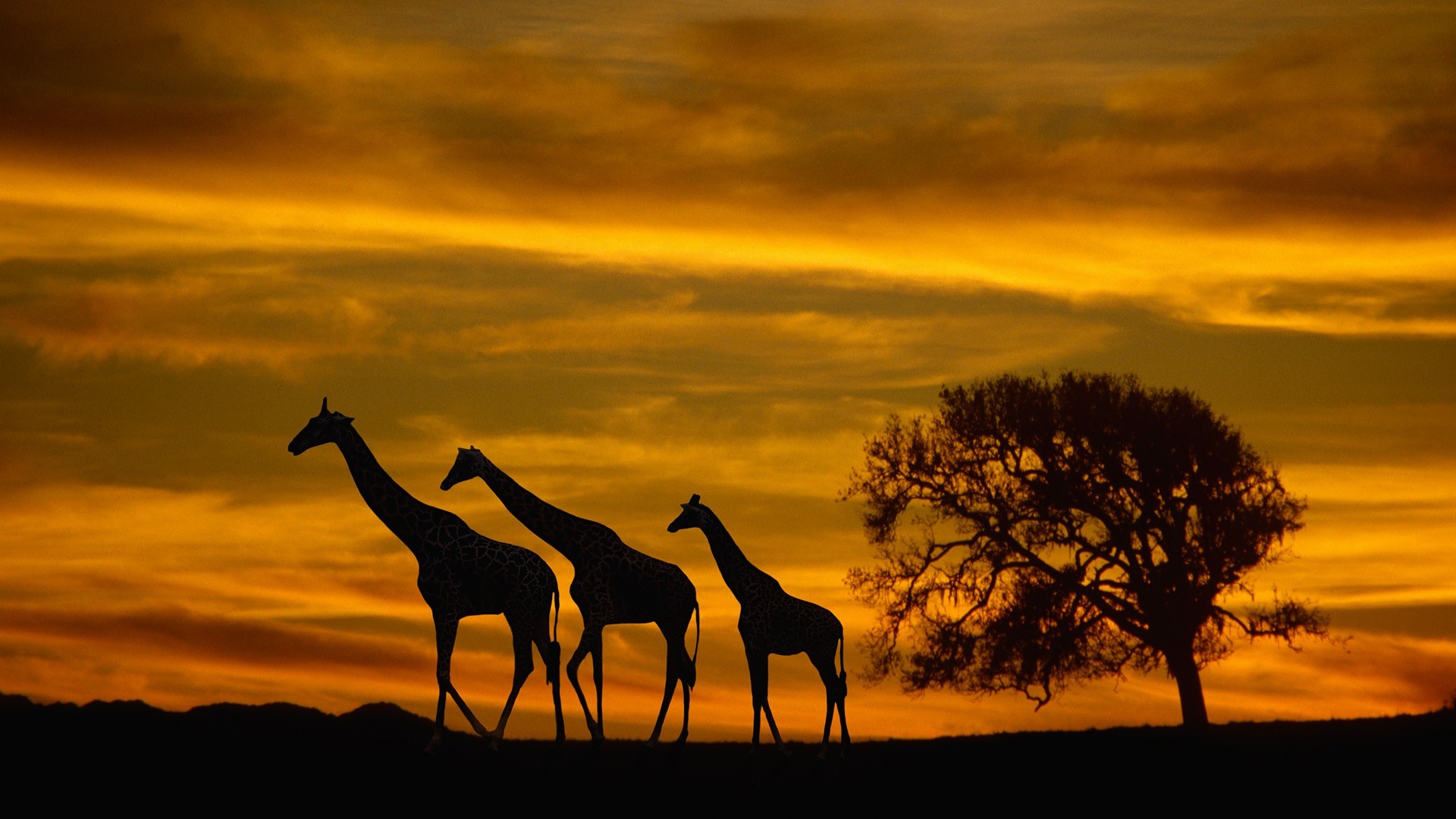
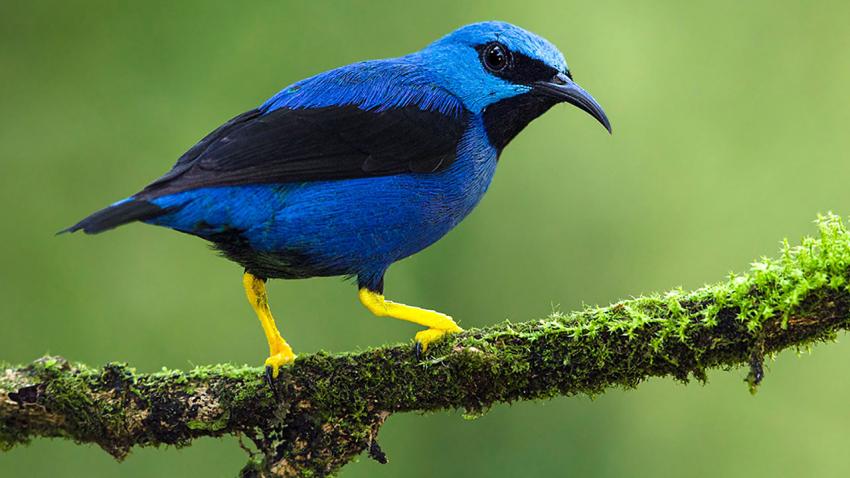
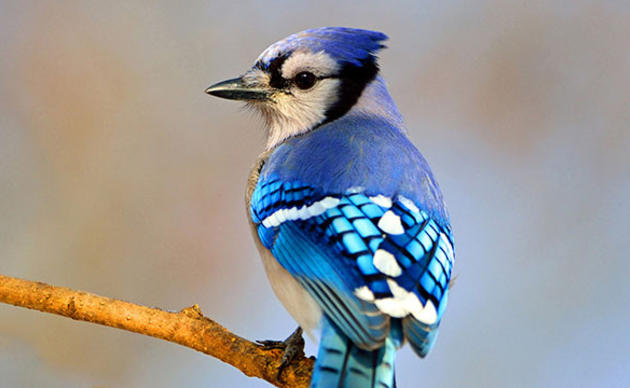
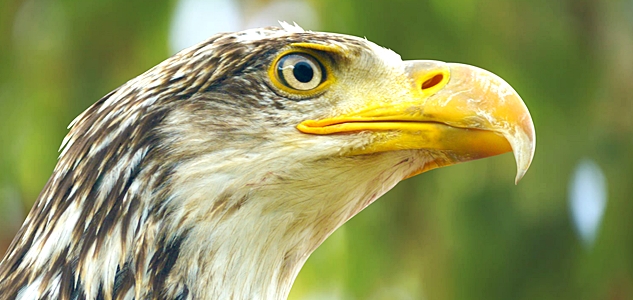
| A
Bird Came Down the Walk A Bird came down the Walk- He did not know I saw- He bit an Angleworm in halves And ate the fellow, raw, And then he drank a Dew From a convenient Grass- And then hopped sidewise to the Wall To let a Beetle pass- He glanced with rapid eyes That hurried all around- 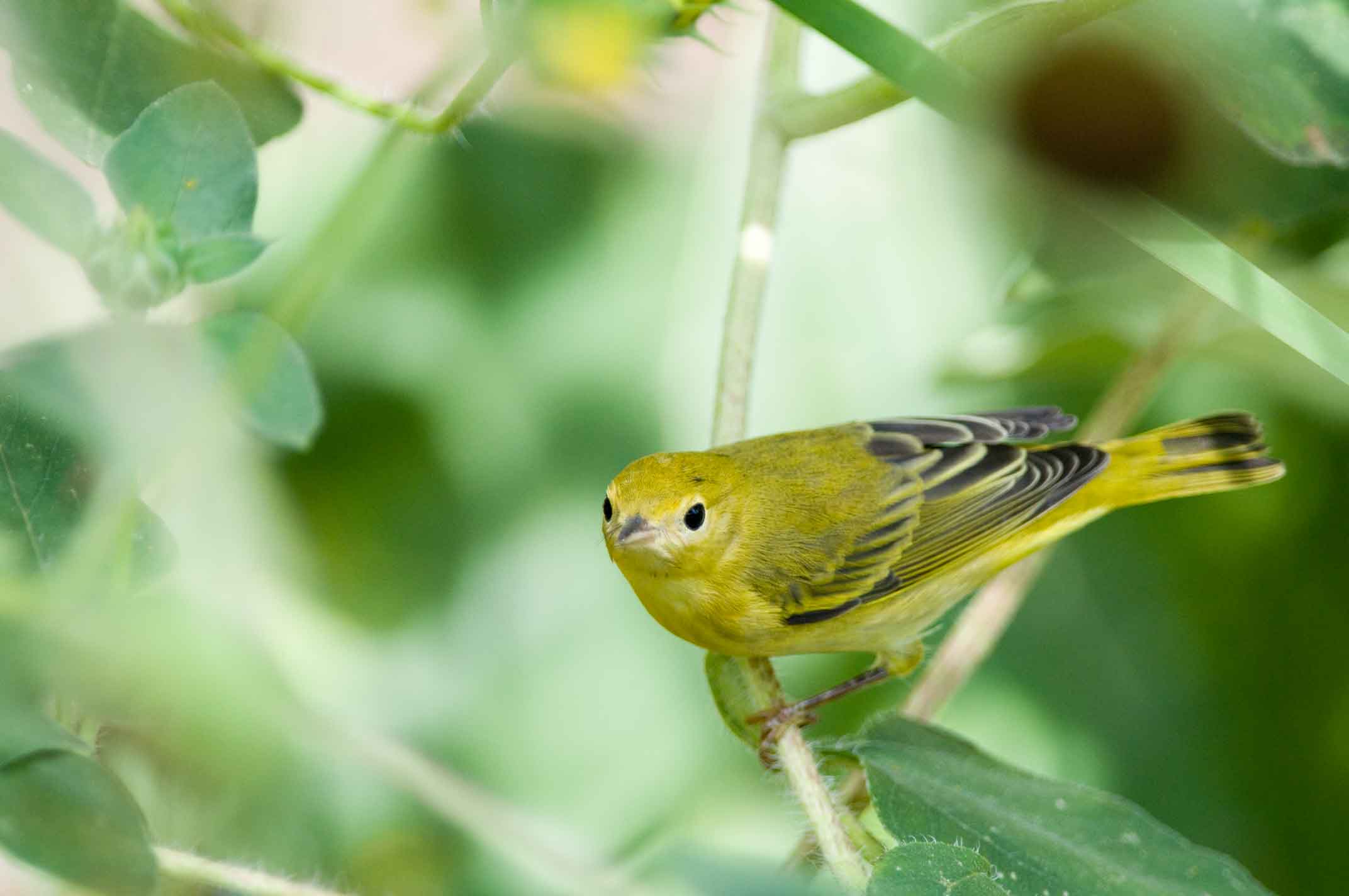 They looked like frightened Beads, I thought- He stirred his Velvet Head Like one in danger, Cautious, I offered him a Crumb And he unrolled his feathers And rowed him softer home- Than Oars divide the Ocean, Too silver for a seam- Or Butterflies, off Banks of Noon Leap, plashless as they swim. Poem By Emily Dickinson |
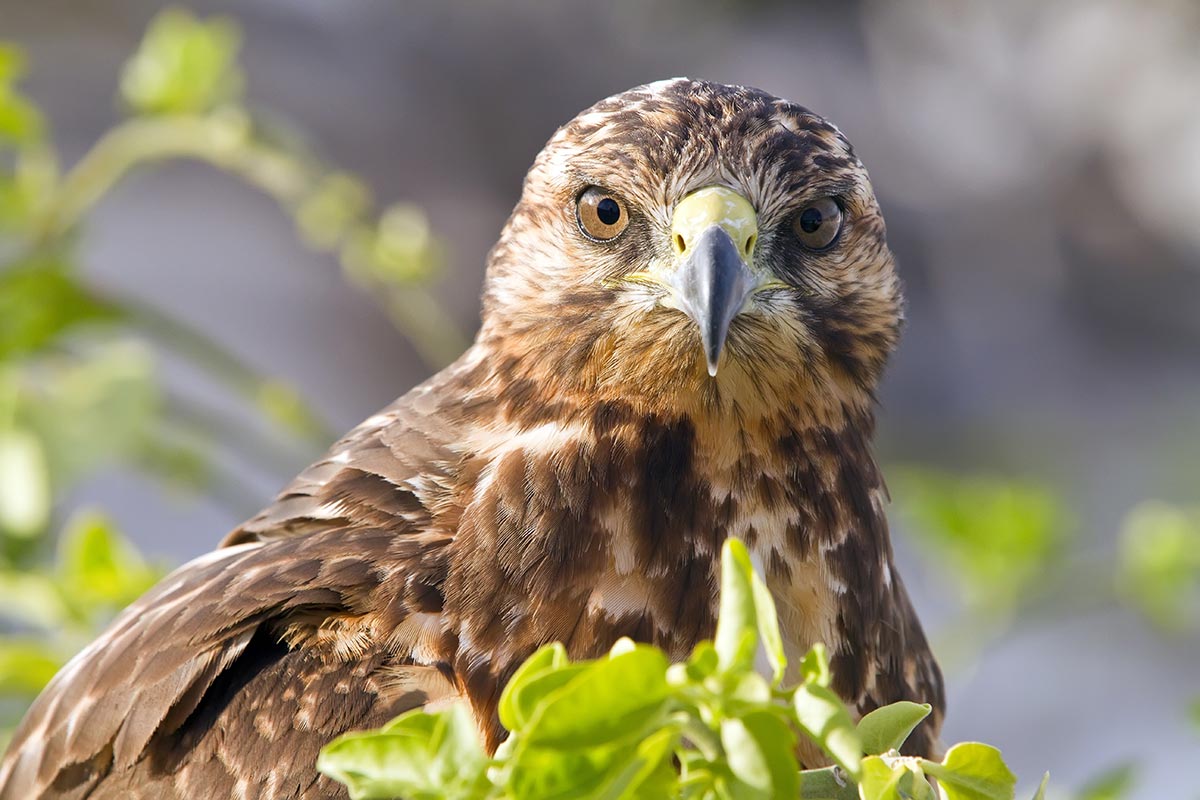
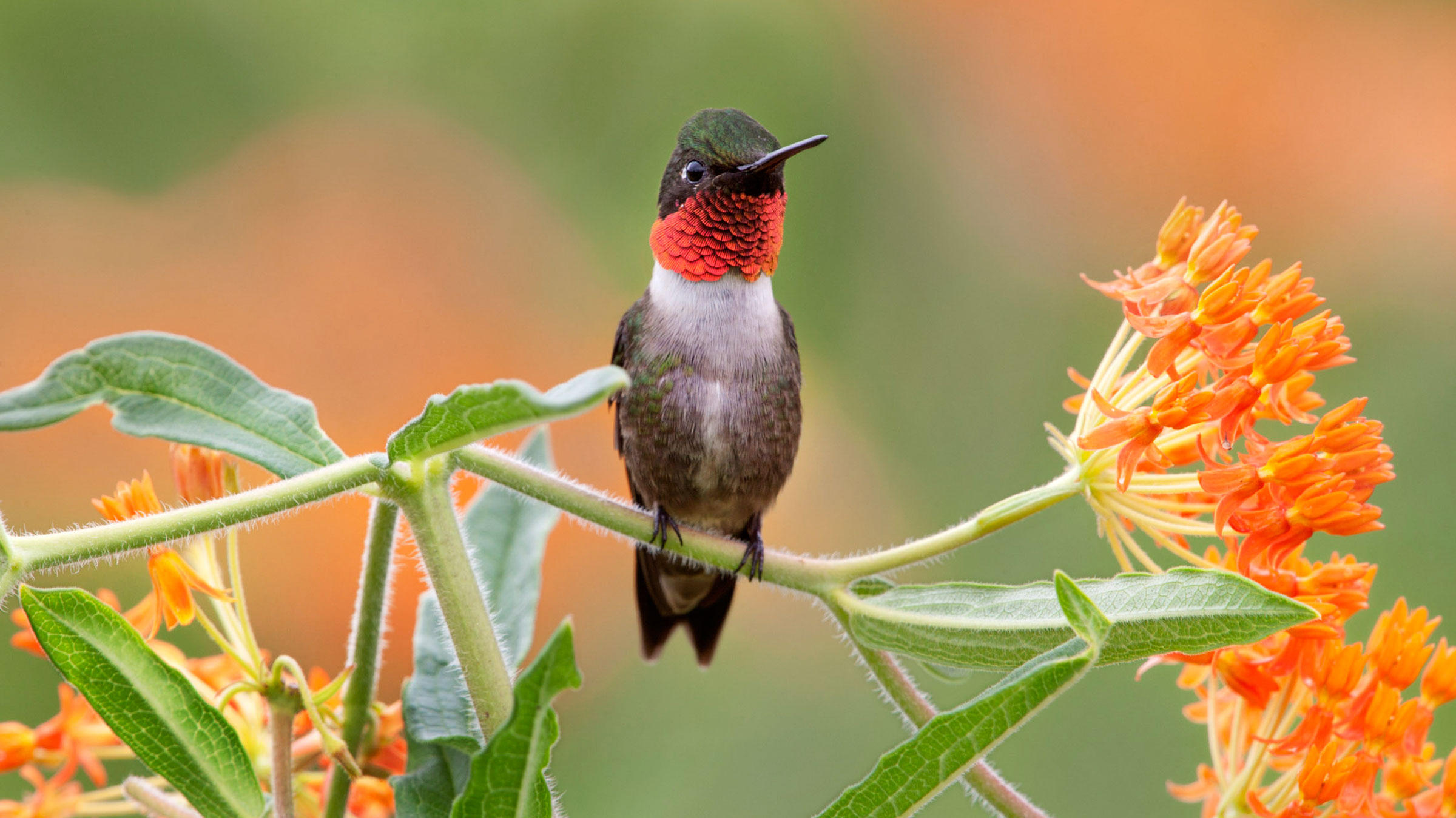
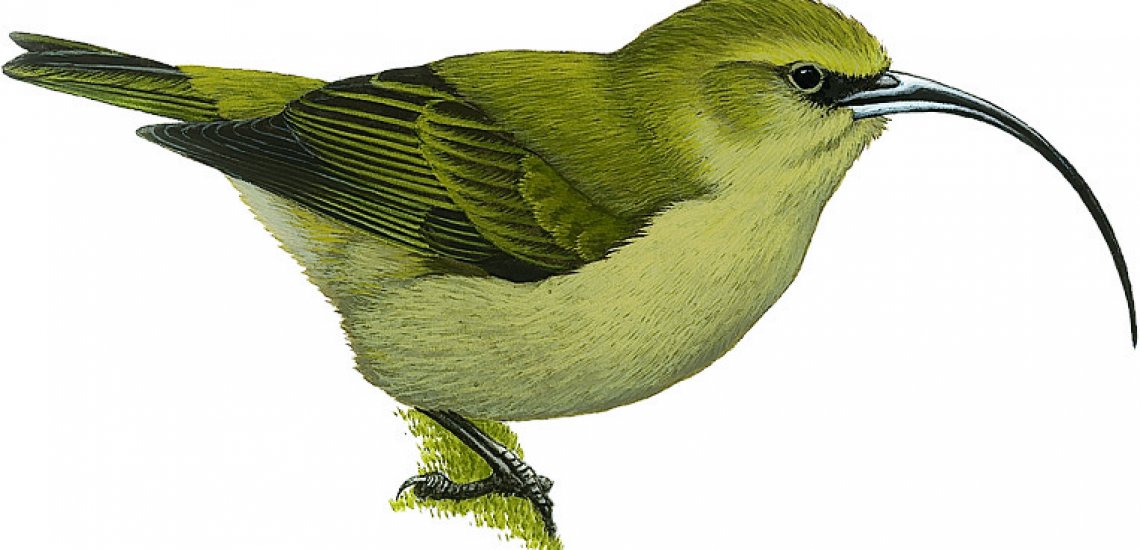

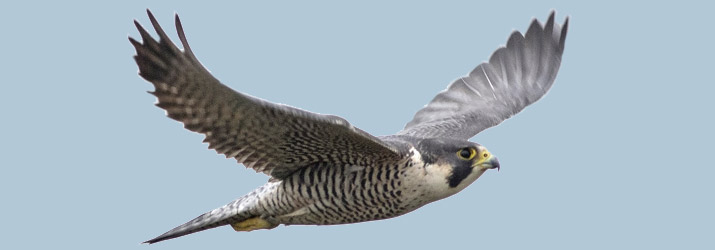
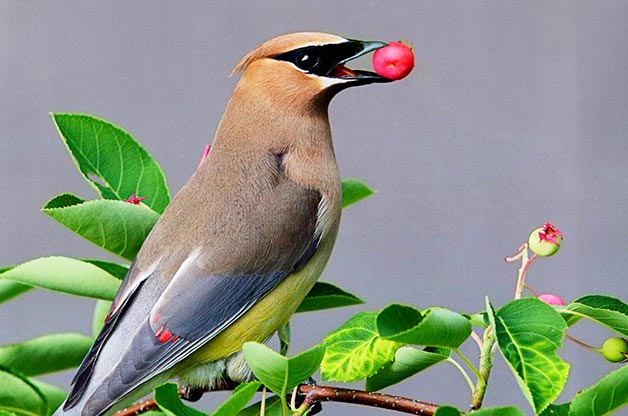
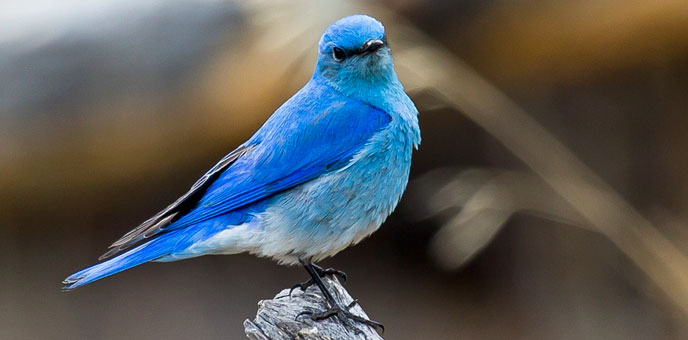
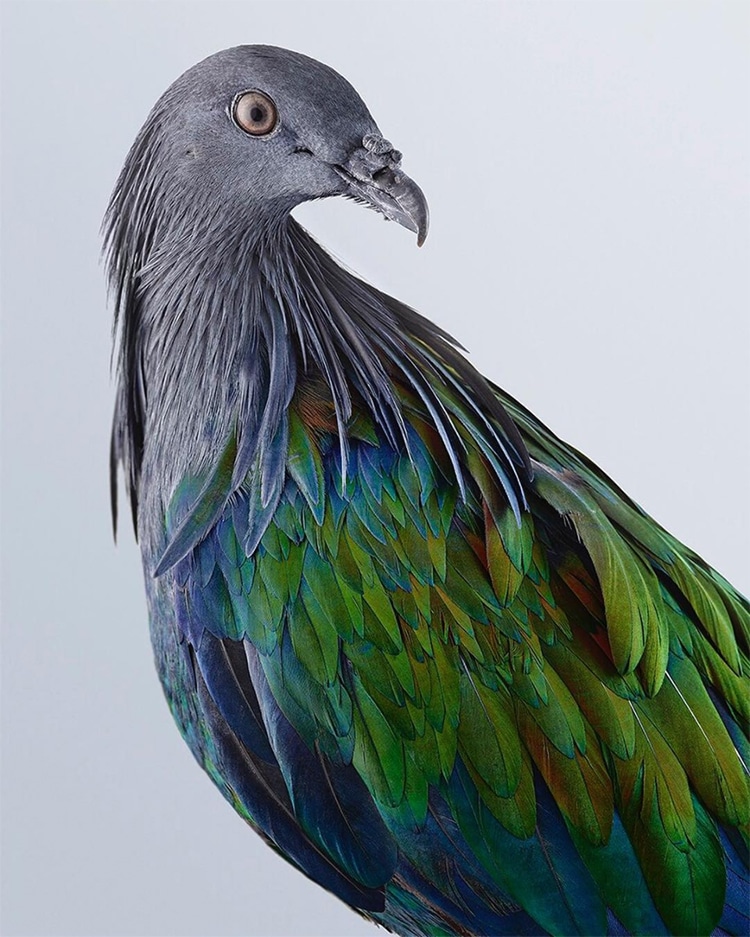
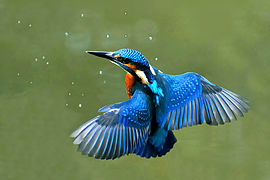
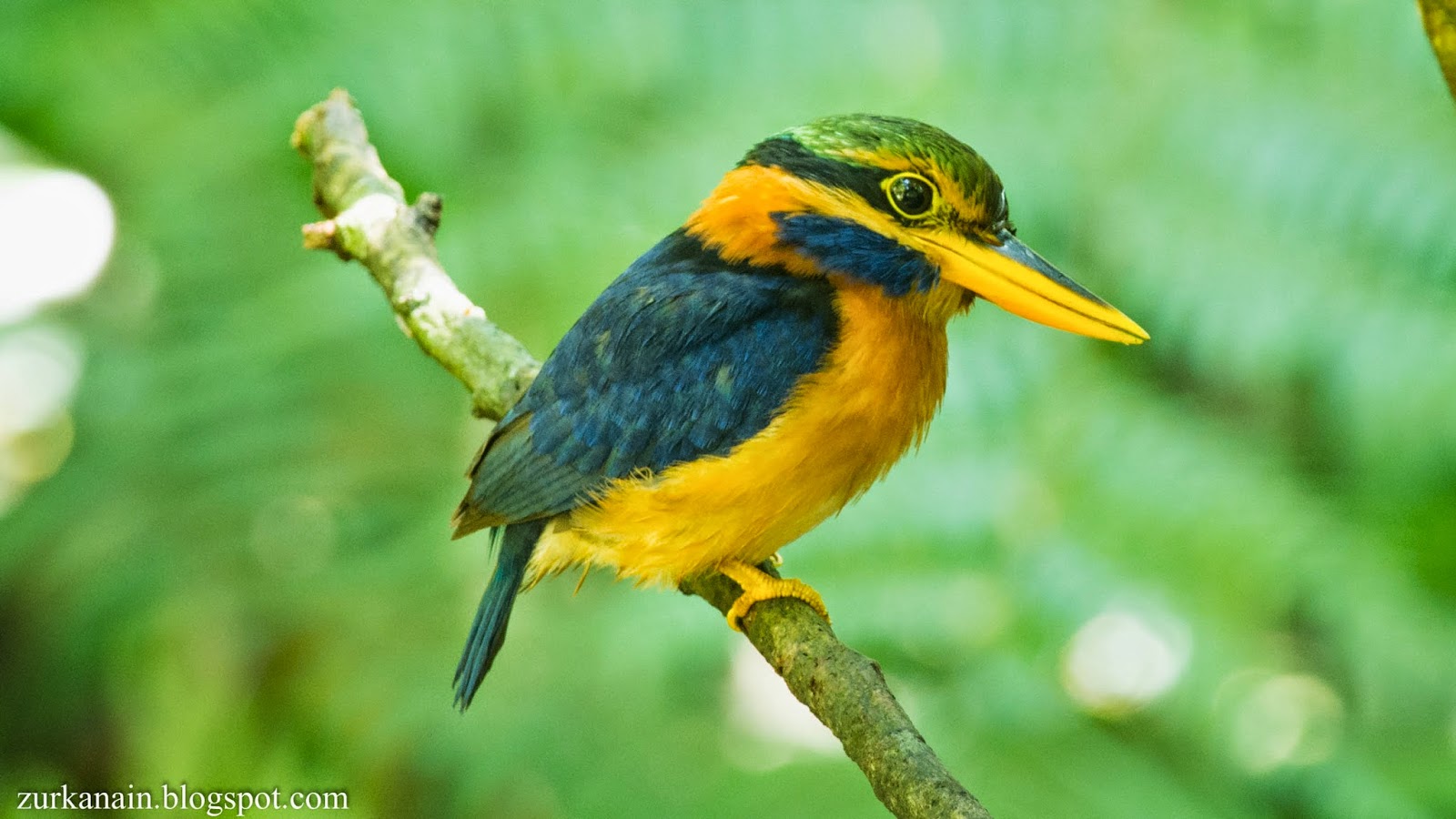
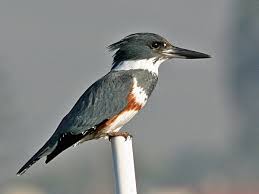
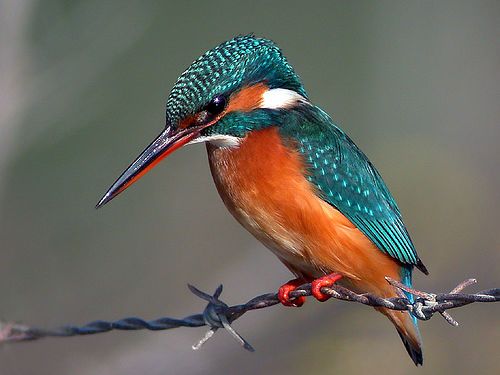
| Sonnets
from the Portuguese How do I love thee? Let me count the ways. I love thee to the depth and breadth and height My soul can reach, when feeling out of sight For the ends of Being and ideal Grace. I love thee to the level of every day's Most quiet need, by sun and candle-light. 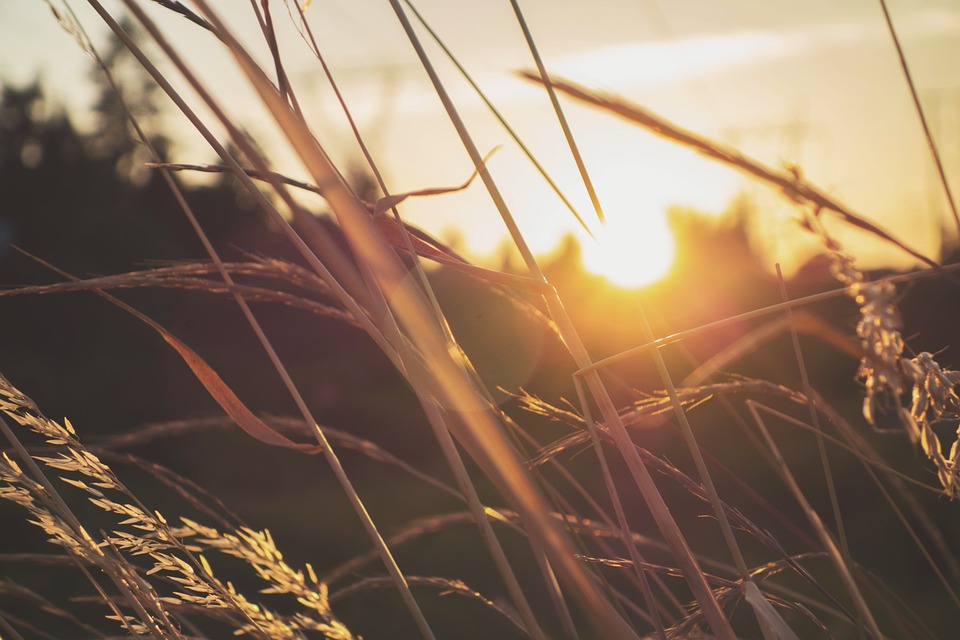 I love thee freely, as men strive for right; I love thee purely, as they turn from praise. I love thee with the passion put to use In my old griefs, and with my childhood's faith. I love thee with a love I seemed to lose With my lost saints-I love thee with the breath, Smiles, tears, of all my life!-and if God choose, I shall love thee better after death. Poem By Elizabeth Barrett Browning |
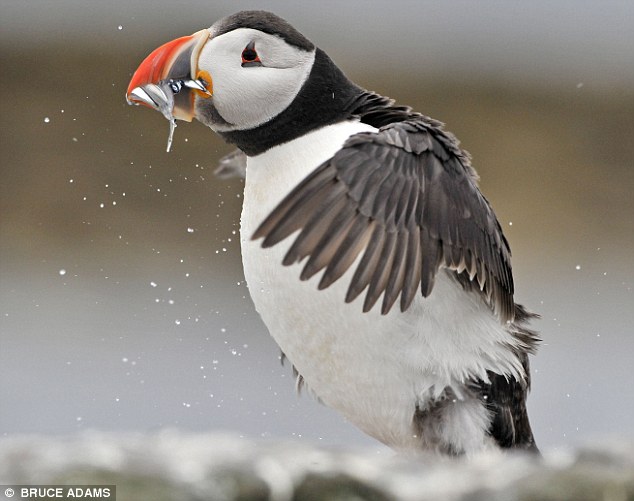
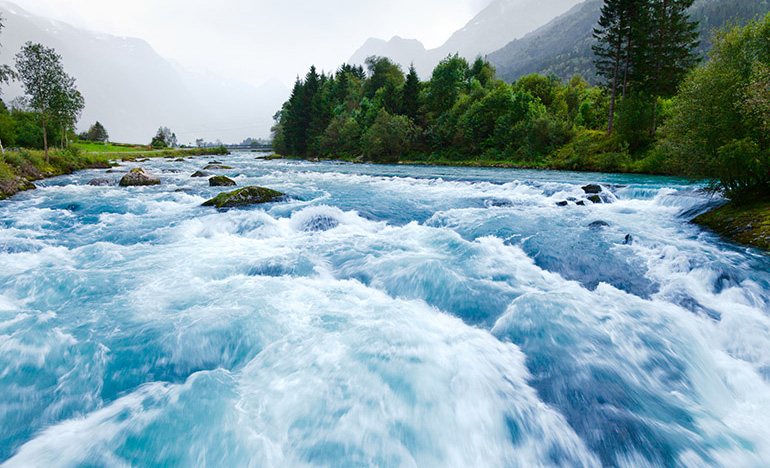

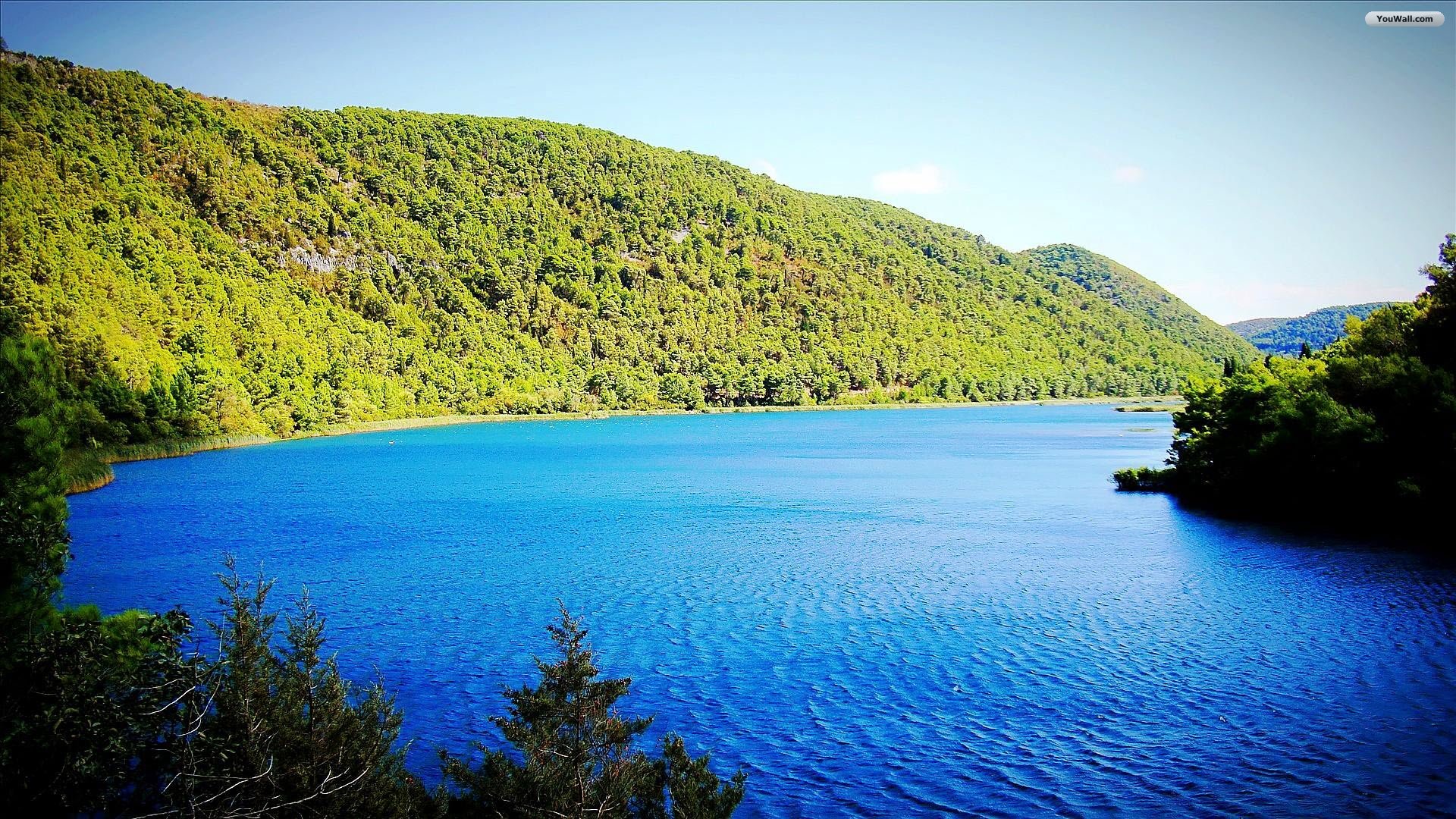
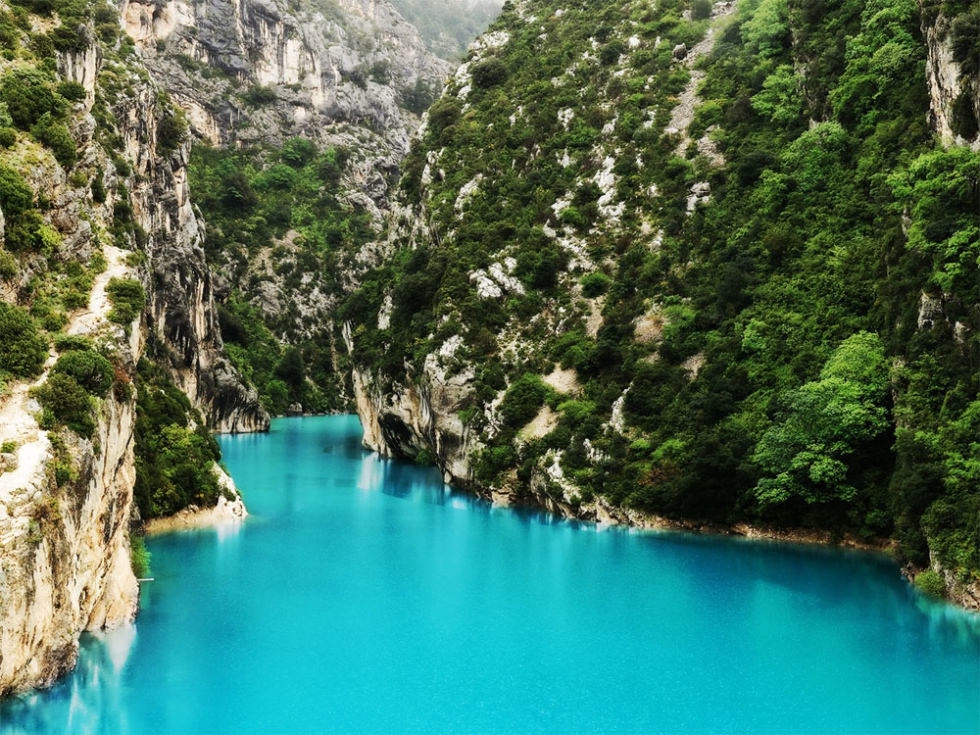
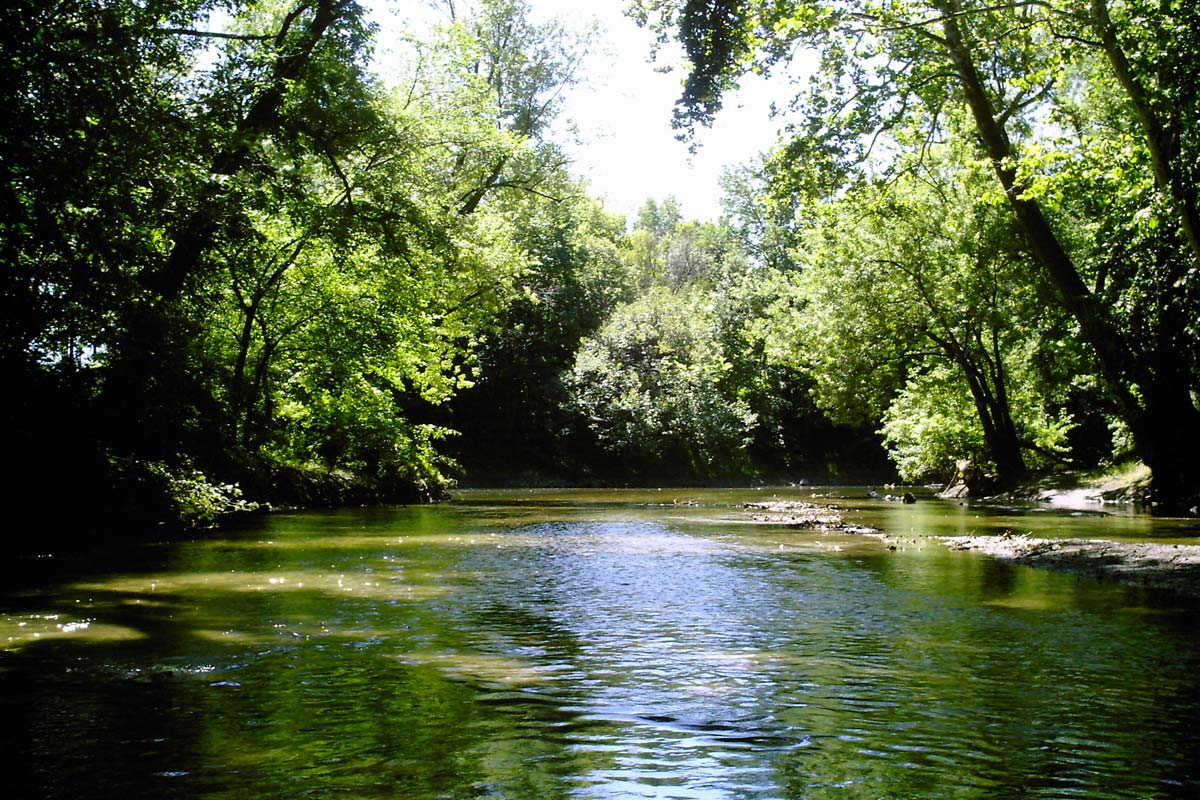
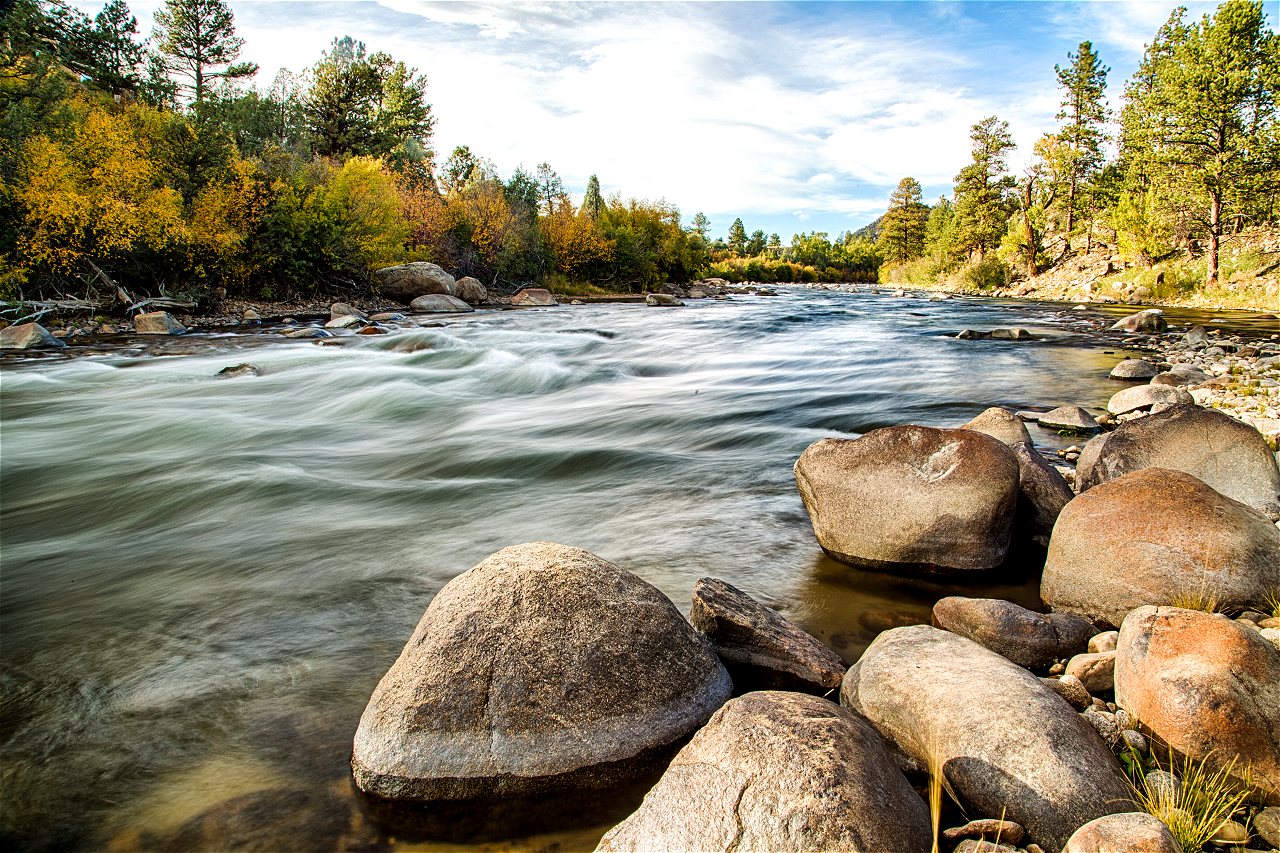
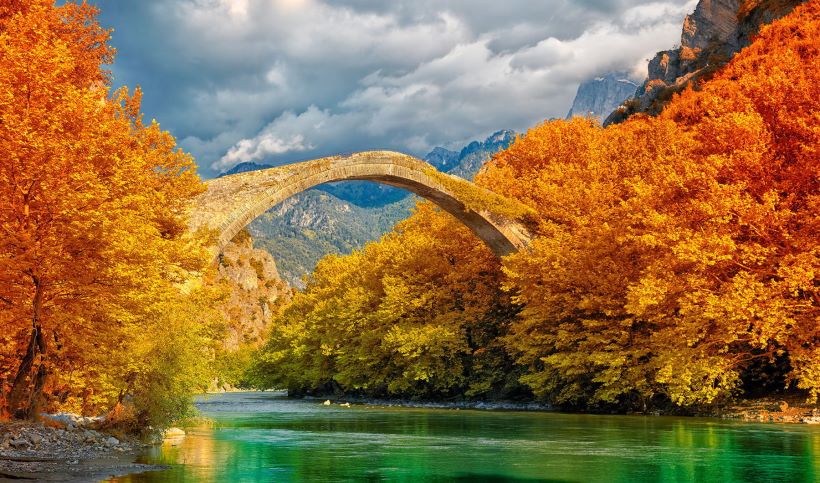
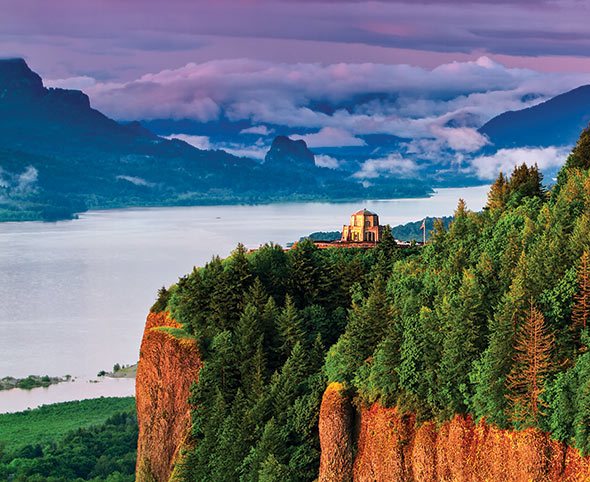
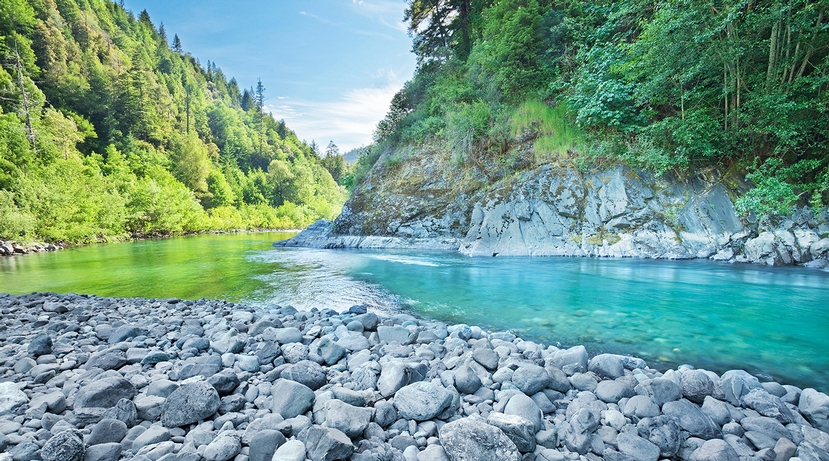
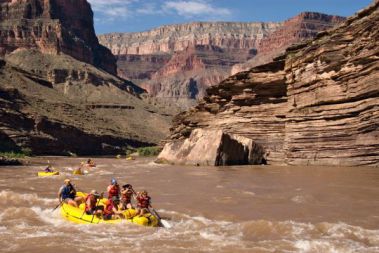
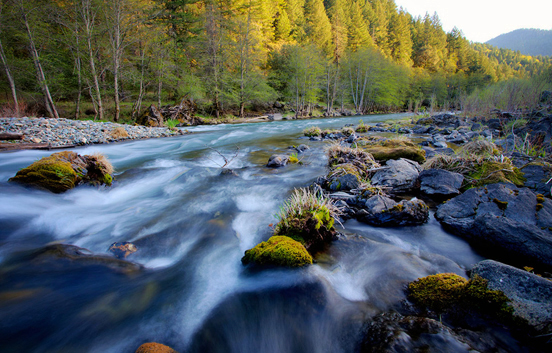
| Loveliest
of Trees Loveliest of trees, the cherry now Is hung with bloom along the bough, And stands about the woodland ride Wearing white for Eastertide. Now, of my threescore years and ten, Twenty will not come again, And take from seventy springs a score, It only leaves me fifty more. And since to look at things in bloom Fifty springs are little room, About the woodlands I will go To see the cherry hung with snow 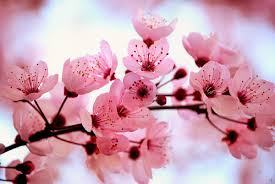 Poem By A.E. Housman |
For me, trees have always been the most penetrating preachers... I revere them when they live in tribes and families, in forests and groves. And even more I revere them when they stand alone. They are like lonely persons. Not like hermits who have stolen away out of some weakness, but like great, solitary men, like Beethoven and Nietzsche. In their highest boughs the world rustles, their roots rest in infinity; but they do not lose themselves there, they struggle with all the force of their lives for one thing only: to fulfil themselves according to their own laws, to build up their own form, to represent themselves. Nothing is holier, nothing is more exemplary than a beautiful, strong tree. When a tree is cut down and reveals its naked death-wound to the sun, one can read its whole history in the luminous, inscribed disk of its trunk: in the rings of its years, its scars, all the struggle, all the suffering, all the sickness, all the happiness and prosperity stand truly written, the narrow years and the luxurious years, the attacks withstood, the storms endured. And every young farmboy knows that the hardest and noblest wood has the narrowest rings, that high on the mountains and in continuing danger the most indestructible, the strongest, the ideal trees grow. Trees are sanctuaries. Whoever knows how to speak to them, whoever knows how to listen to them, can learn the truth. They do not preach learning and precepts, they preach, undeterred by particulars, the ancient law of life. A tree says: A kernel is hidden in me, a spark, a thought, I am life from eternal life. The attempt and the risk that the eternal mother took with me is unique, unique the form and veins of my skin, unique the smallest play of leaves in my branches and the smallest scar on my bark. I was made to form and reveal the eternal in my smallest special detail. A tree says: My strength is trust. I know nothing about my fathers, I know nothing about the thousand children that every year spring out of me. I live out the secret of my seed to the very end, and I care for nothing else. I trust that God is in me. I trust that my labor is holy. Out of this trust I live. When we are stricken and cannot bear our lives any longer, then a tree has something to say to us: Be still! Be still! Look at me! Life is not easy, life is not difficult. Those are childish thoughts. Let God speak within you, and your thoughts will grow silent. You are anxious because your path leads away from mother and home. But every step and every day lead you back again to the mother. Home is neither here nor there. Home is within you, or home is nowhere at all. A longing to wander tears my heart when I hear trees rustling in the wind at evening. If one listens to them silently for a long time, this longing reveals its kernel, its meaning. It is not so much a matter of escaping from one's suffering, though it may seem to be so. It is a longing for home, for a memory of the mother, for new metaphors for life. It leads home. Every path leads homeward, every step is birth, every step is death, every grave is mother. So the tree rustles in the evening, when we stand uneasy before our own childish thoughts: Trees have long thoughts, long-breathing and restful, just as they have longer lives than ours. They are wiser than we are, as long as we do not listen to them. But when we have learned how to listen to trees, then the brevity and the quickness and the childlike hastiness of our thoughts achieve an incomparable joy. Whoever has learned how to listen to trees no longer wants to be a tree. He wants to be nothing except what he is. That is home. That is happiness.” ― Herman Hesse, Bäume. Betrachtungen und Gedichte |
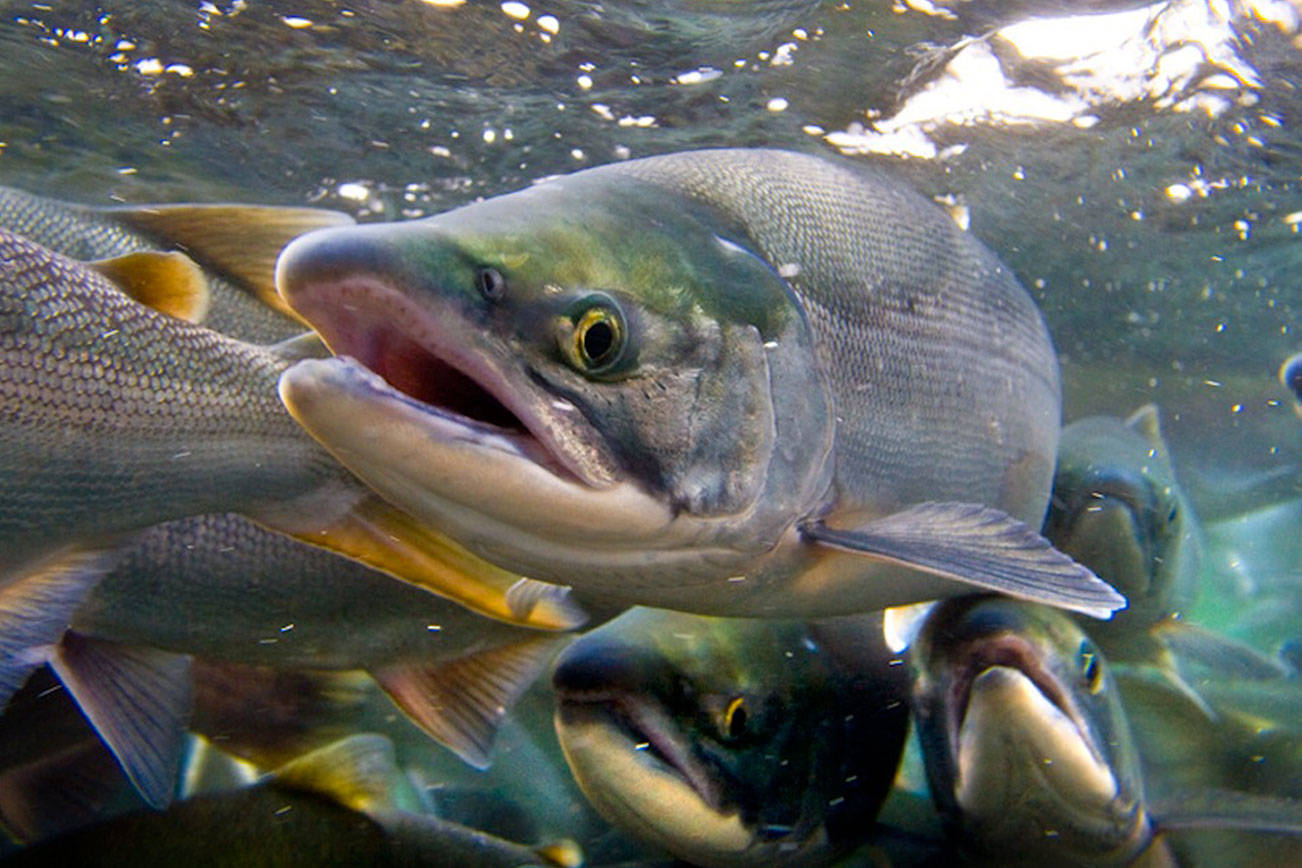
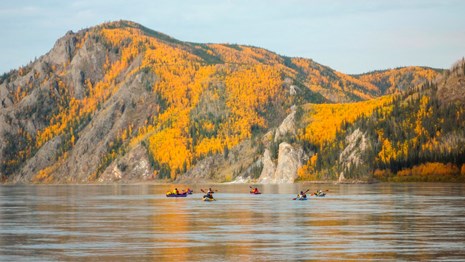
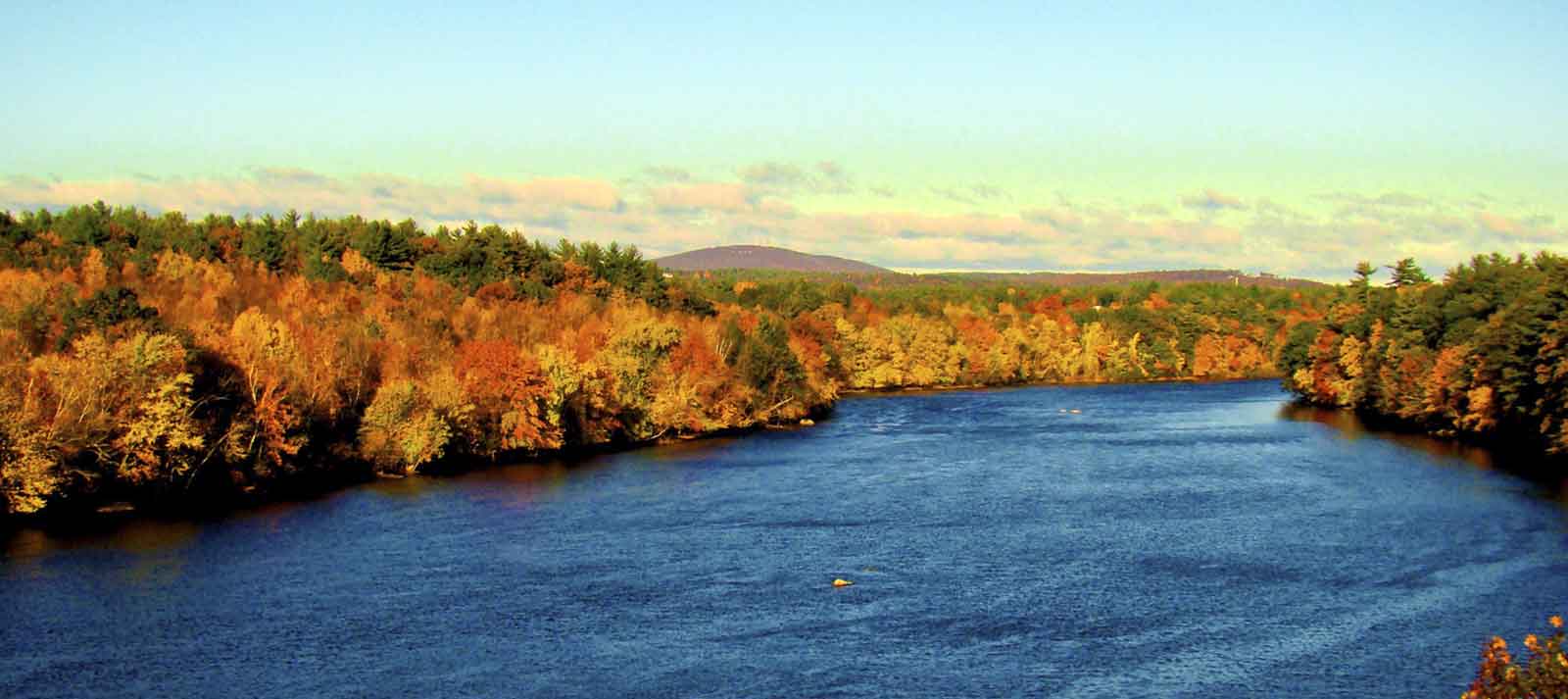
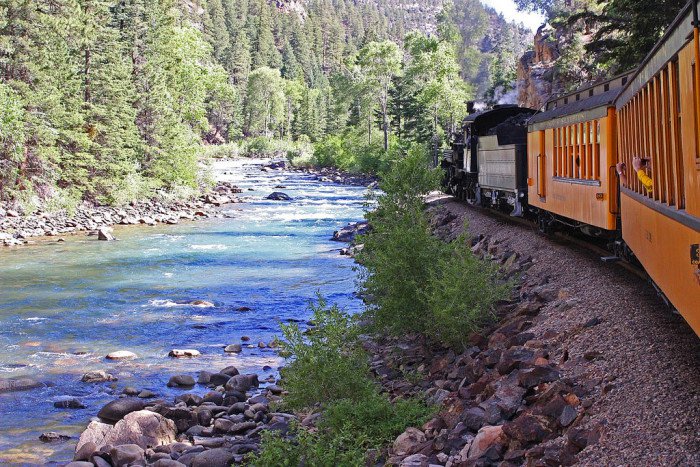
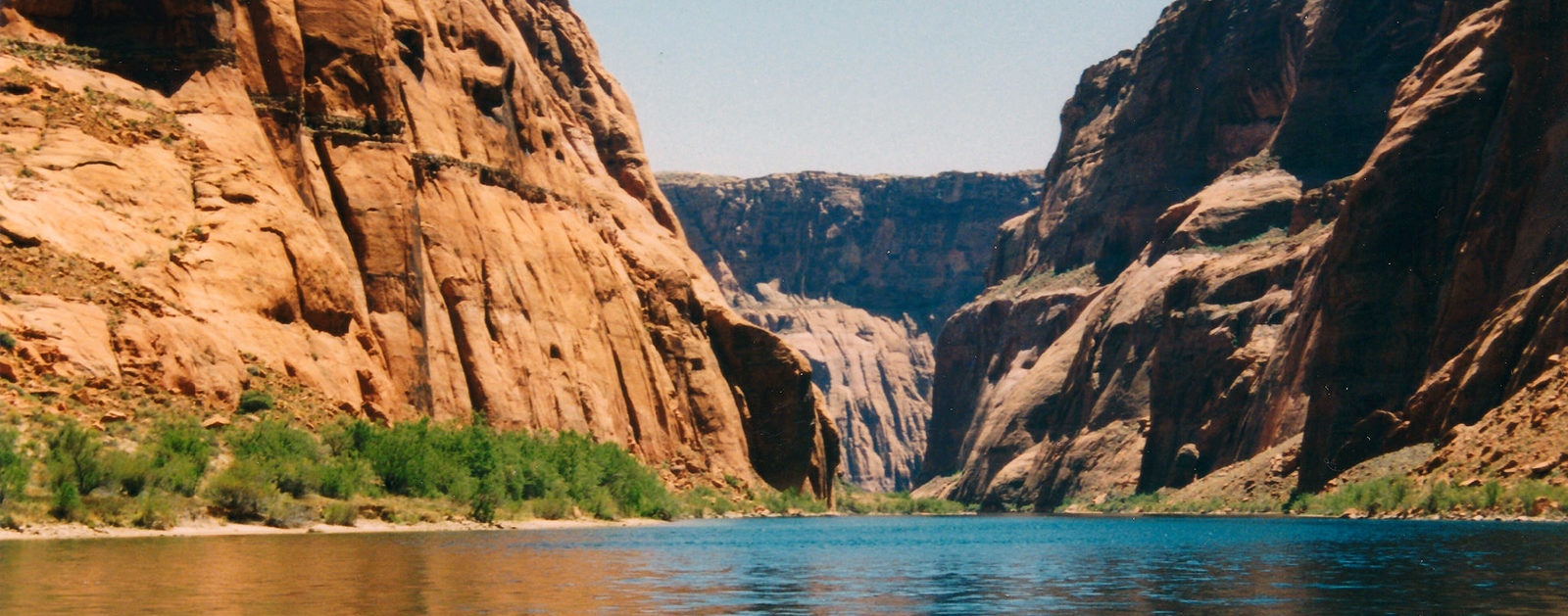
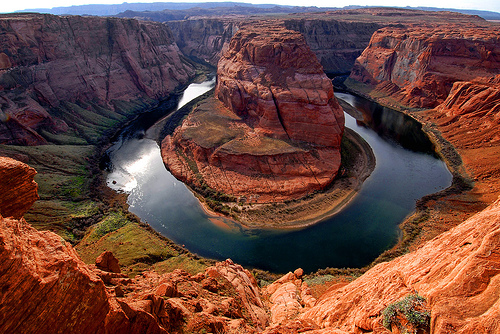
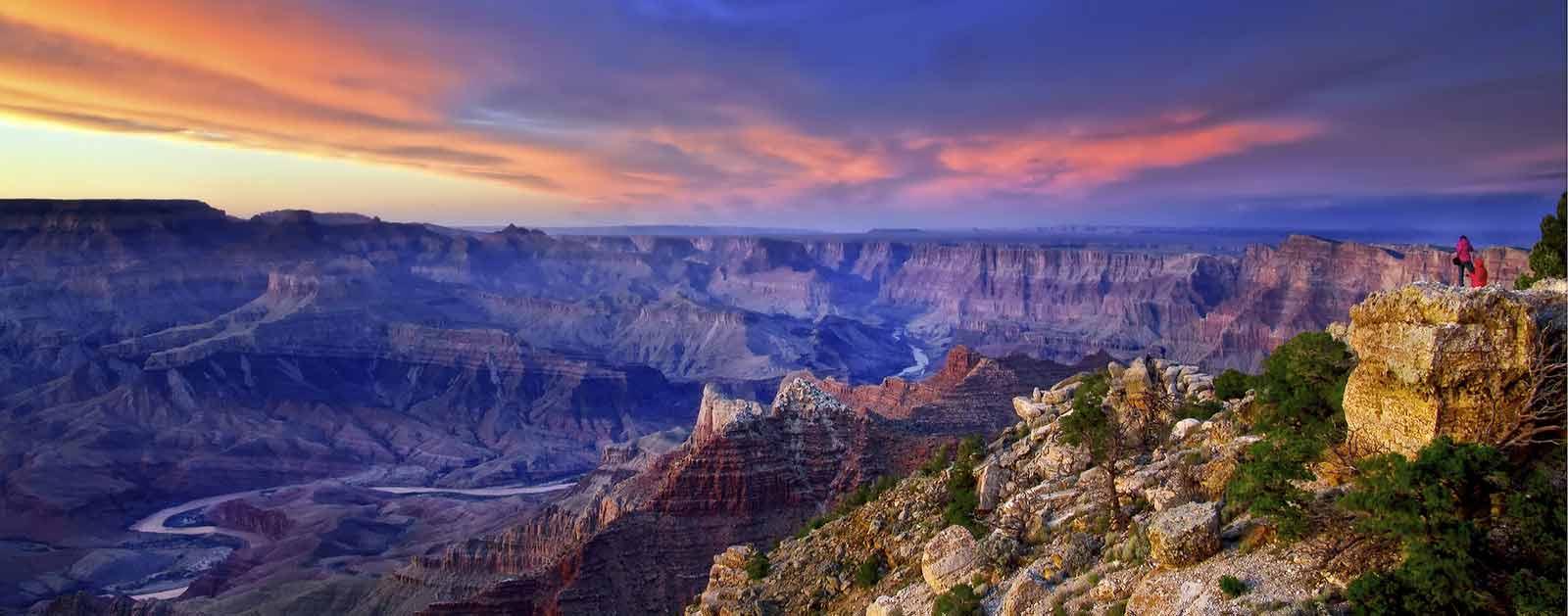
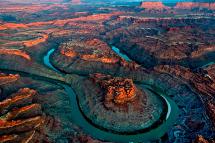
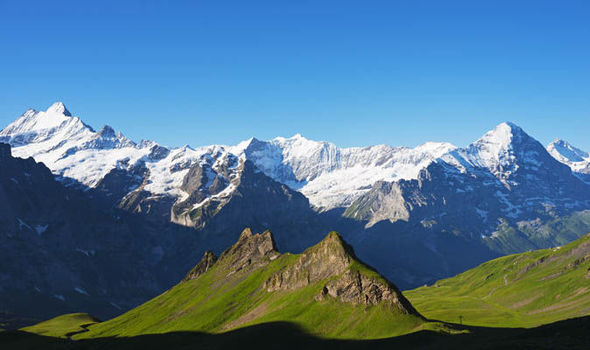
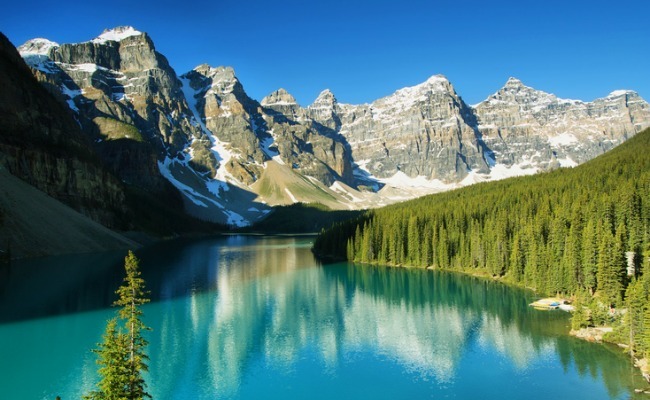
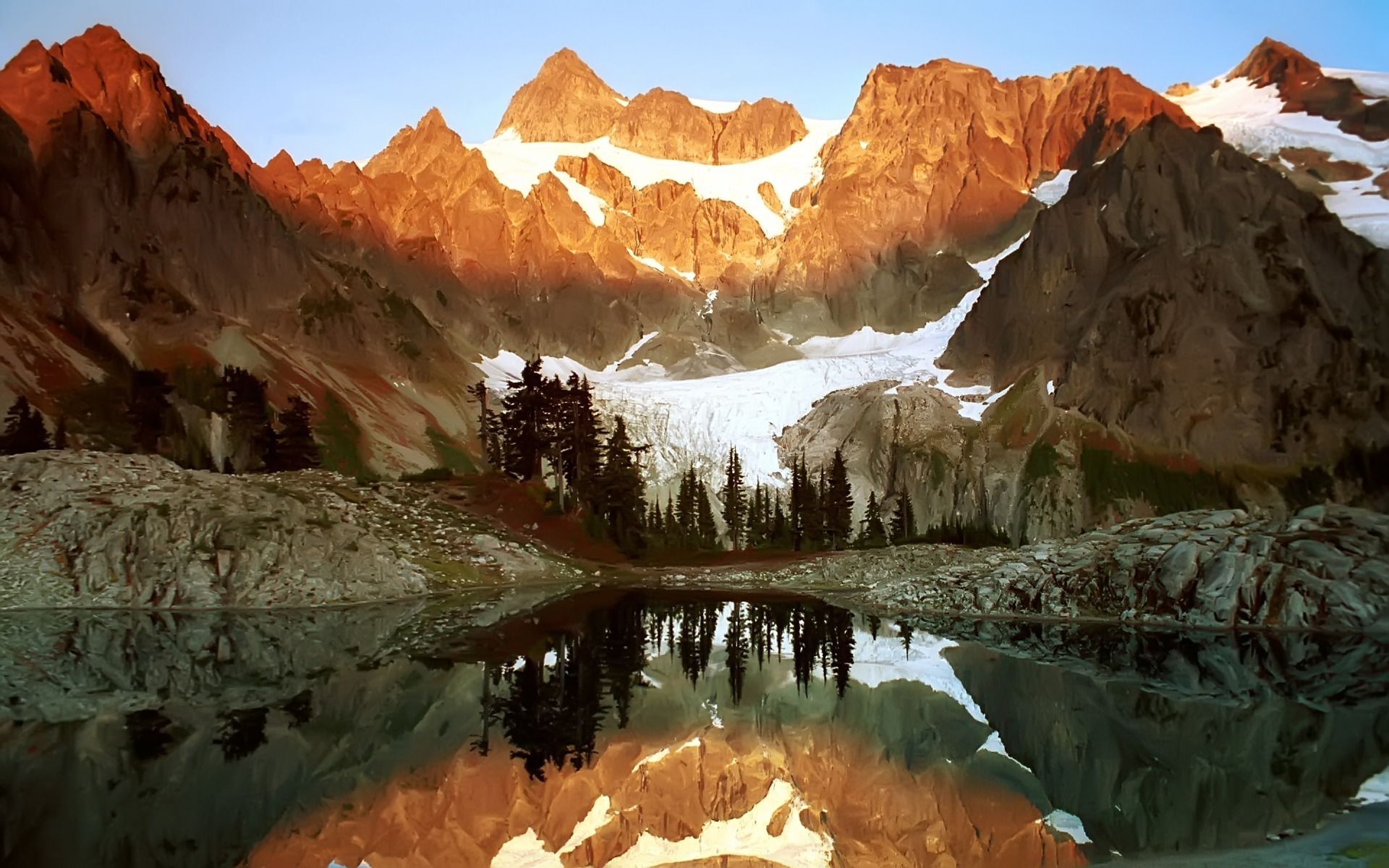
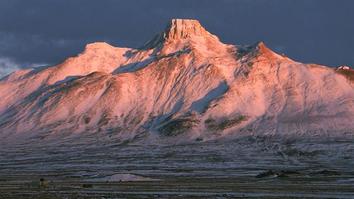
| On
the Grasshopper and the Cricket The poetry of earth is never dead: When all the birds are faint with the hot sun, And hide in cooling trees, a voice will run From hedge to hedge about the new-mown mead; That is the grasshopper's-he takes the lead In summer luxury,--he has never done With his delights, for when tired out with fun He rests at ease beneath some pleasant weed. The poetry of earth is ceasing never: On a lone winter evening, when the frost Has wrought a silence, from the stove there shrills The cricket's song, in warmth increasing ever, And seems to one, in drowsiness half-lost, The grasshopper's among some grassy hills 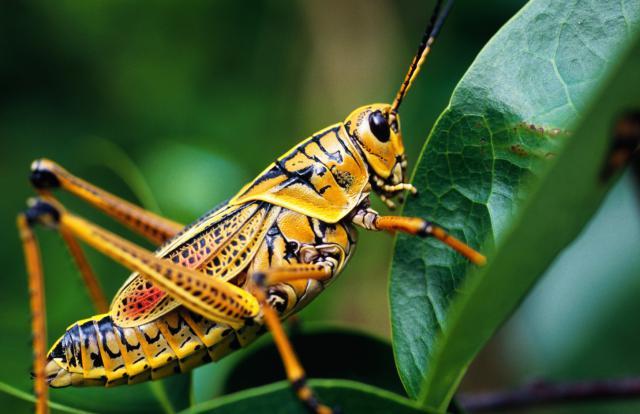 Poem By John Keats |
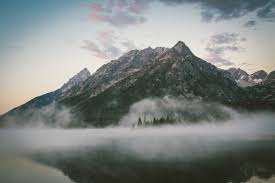

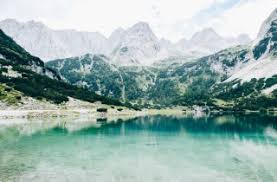
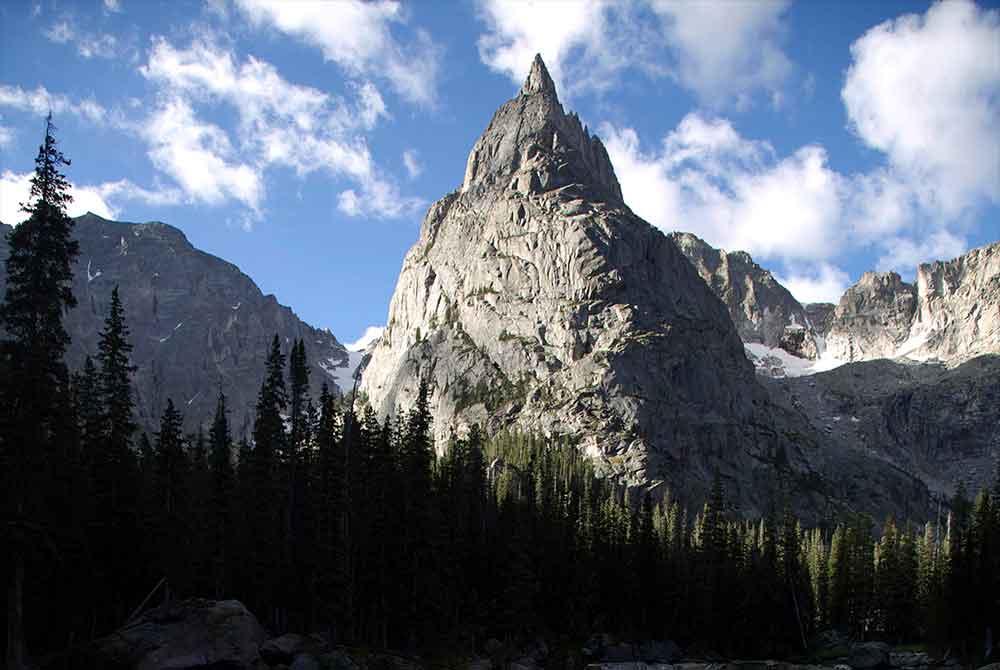
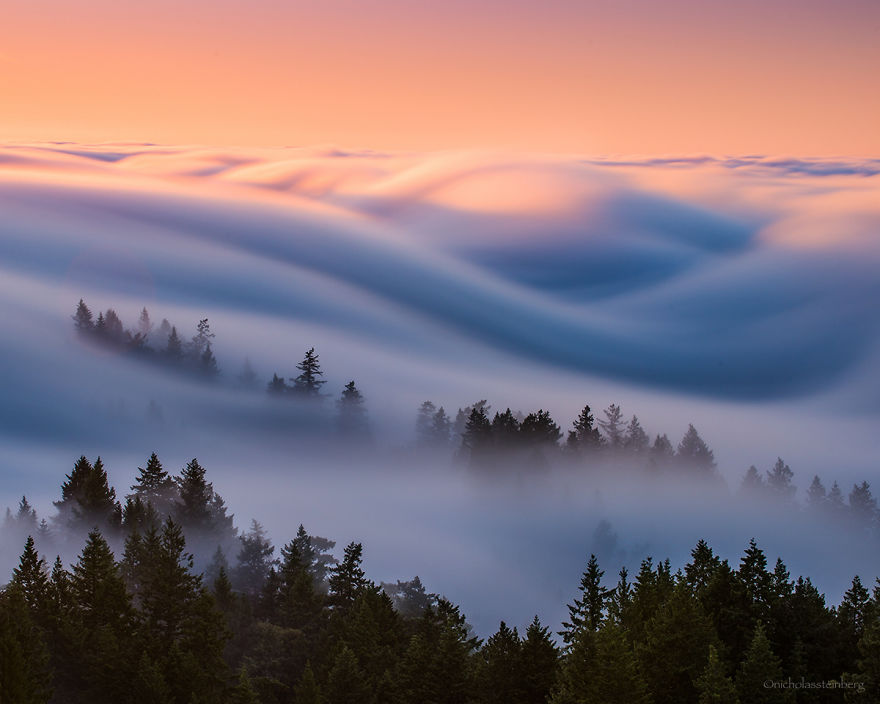
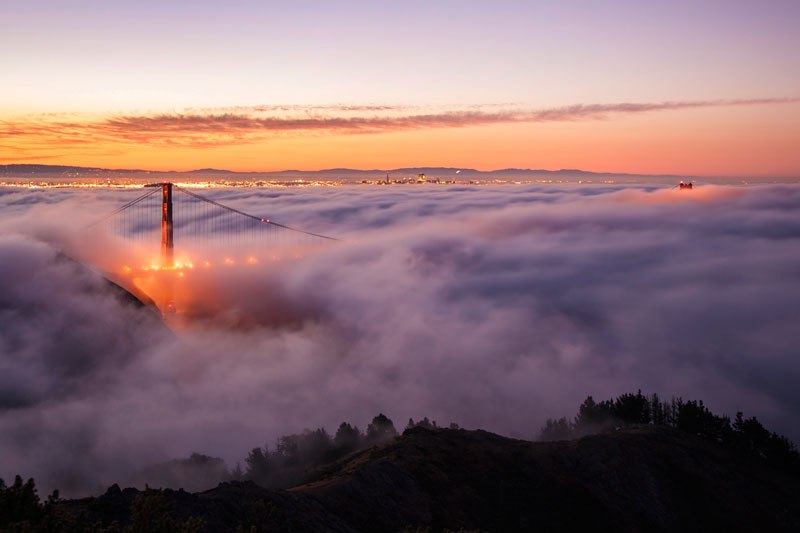
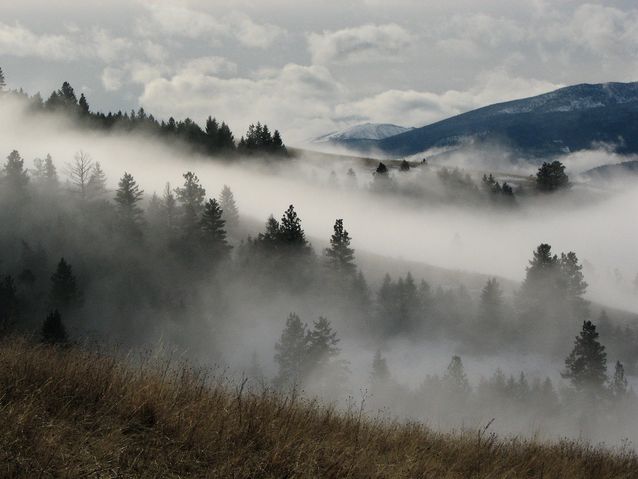
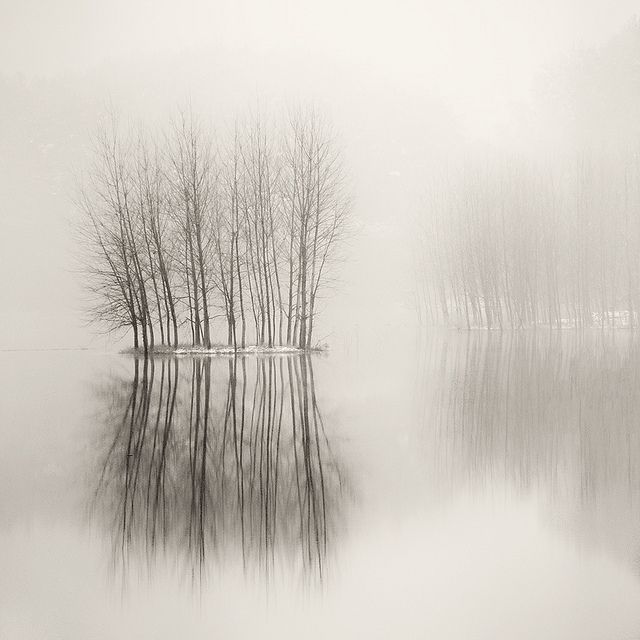
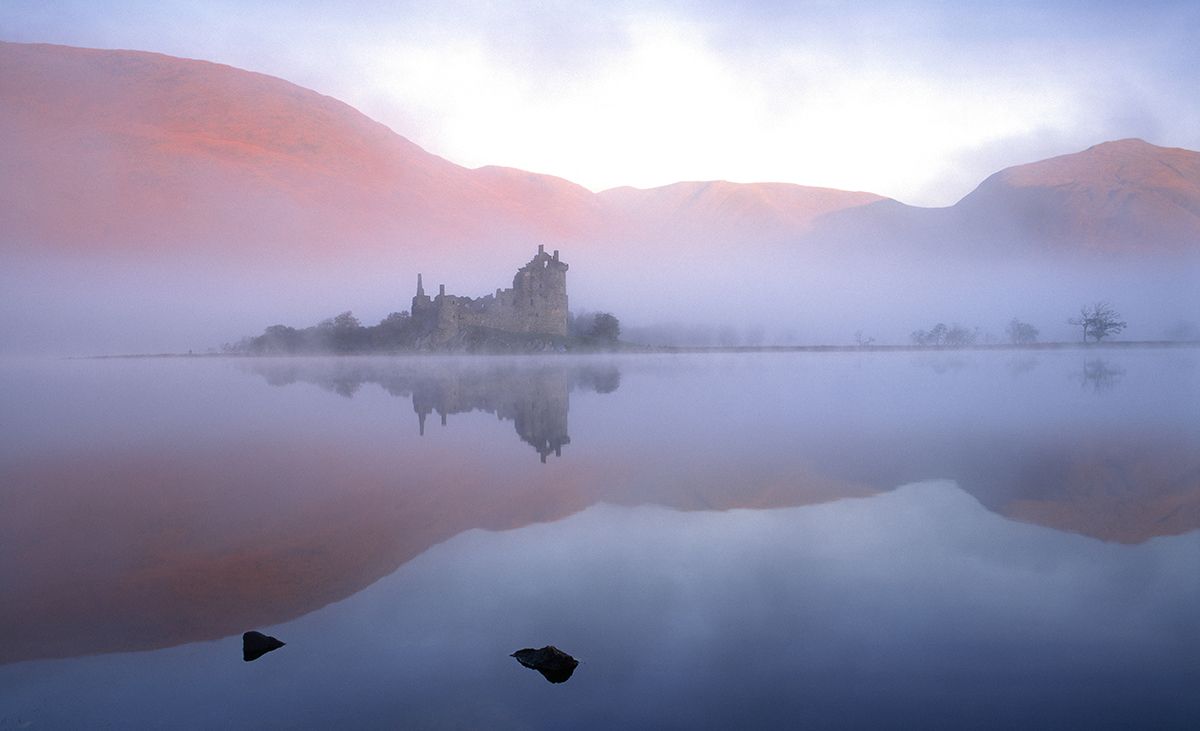
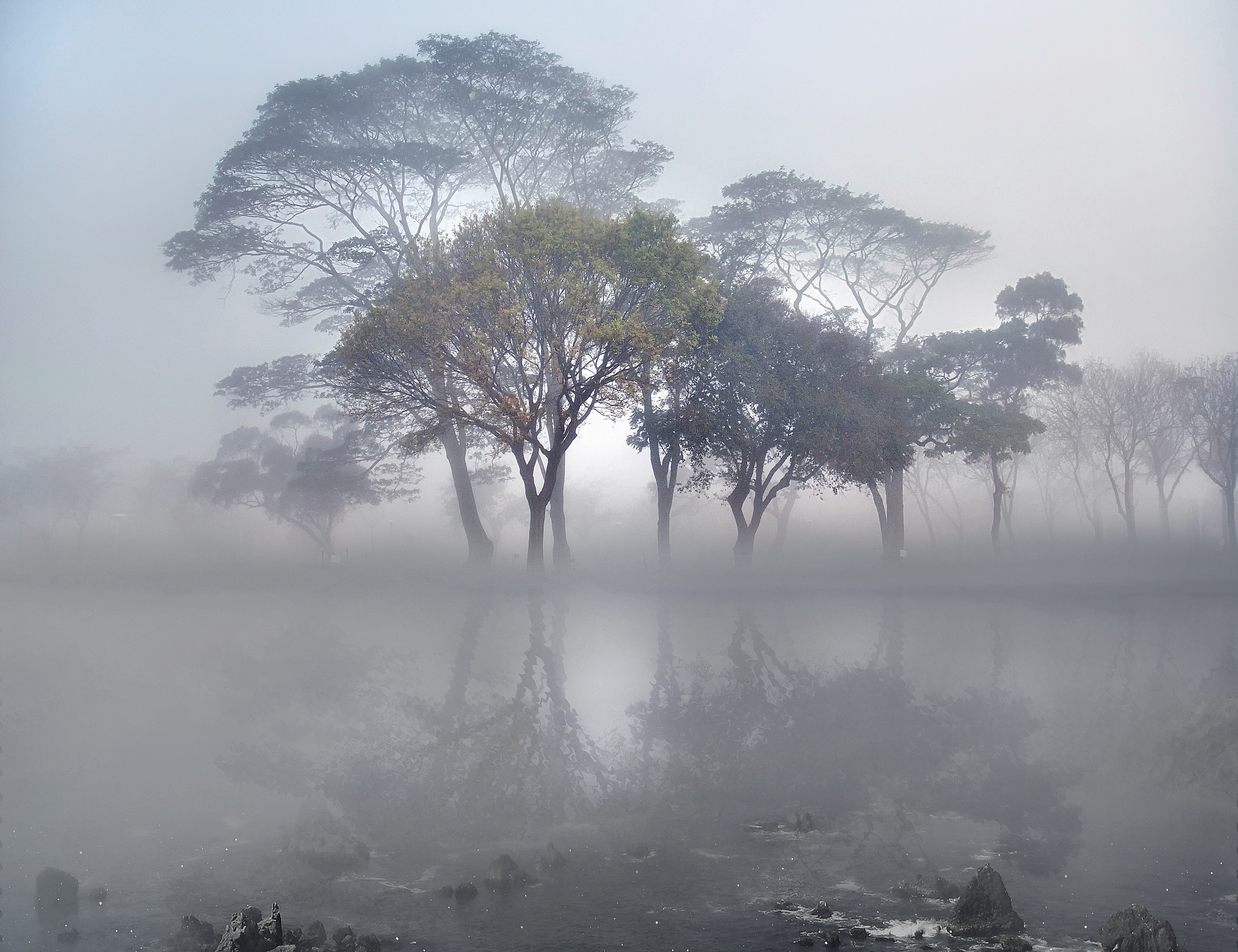
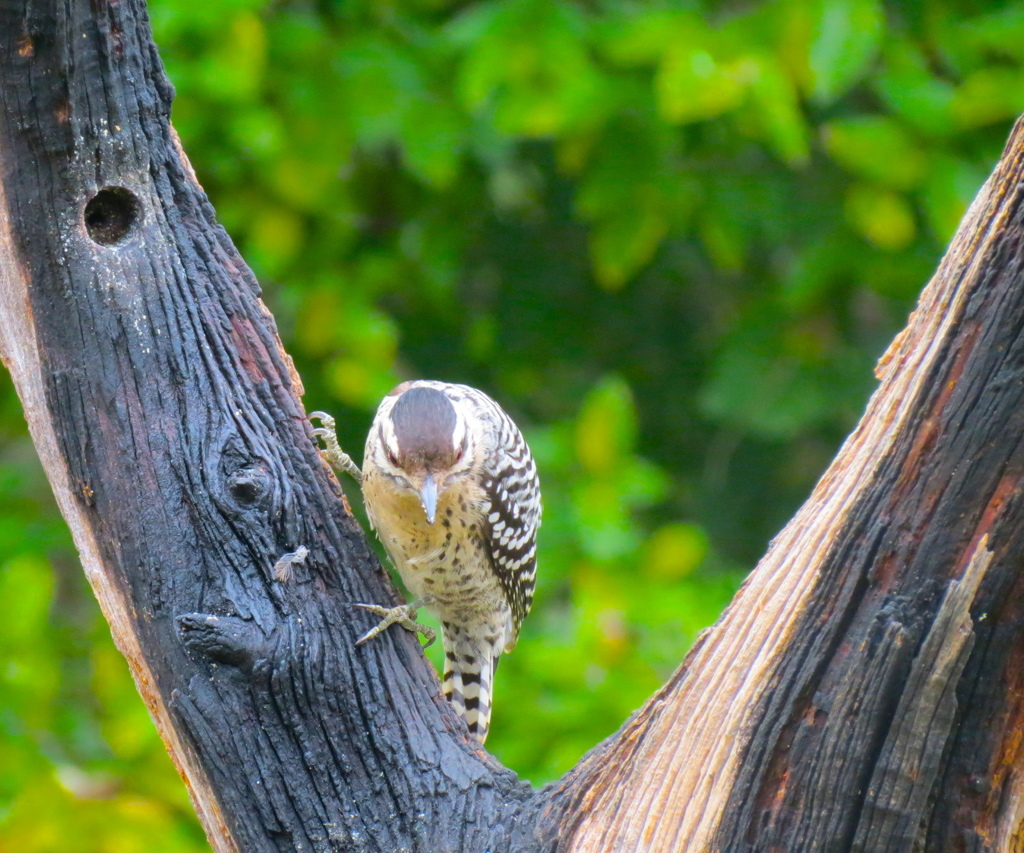
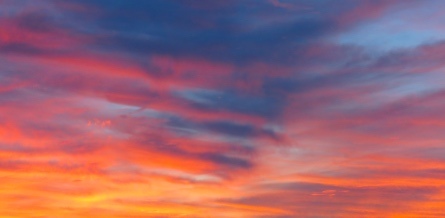
| Fall,
Leaves, Fall Fall, leaves, fall; die, flowers, away; Lengthen night and shorten day; Every leaf speaks bliss to me, Fluttering from the autumn tree. I shall smile when wreaths of snow Blossom where the rose should grow; I shall sing when night's decay Ushers in a drearier day. 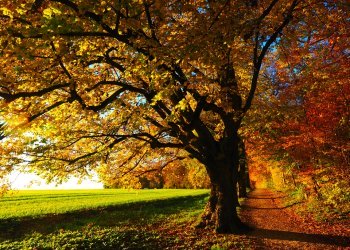 Poem By Emily Bronte |
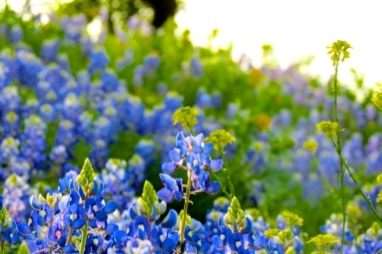
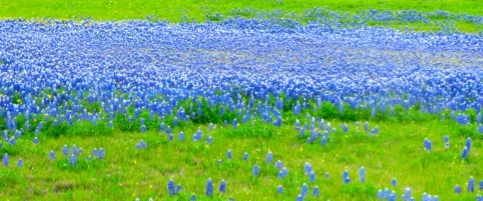
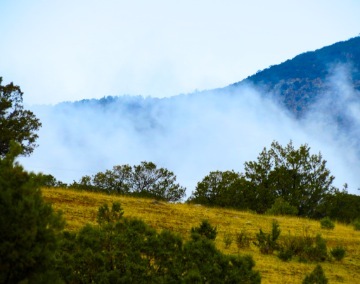
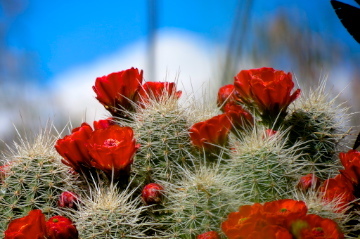
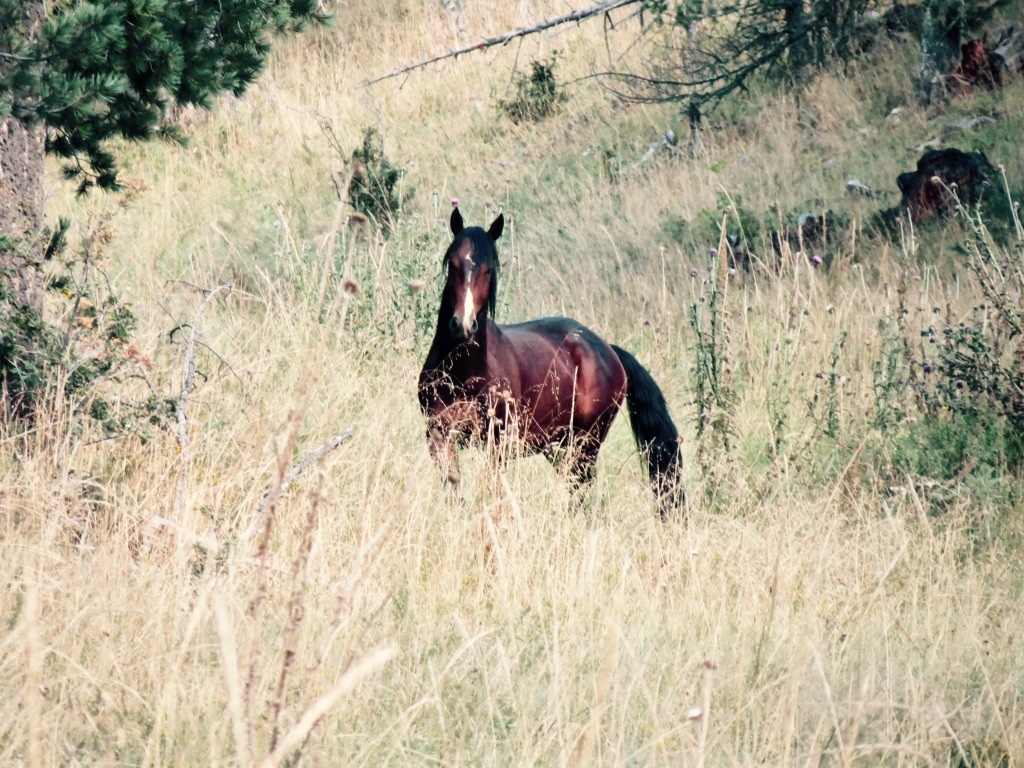
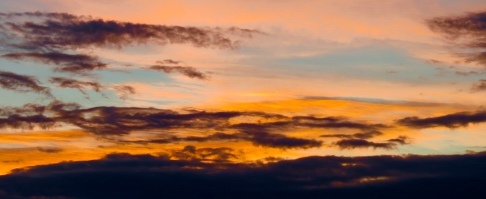
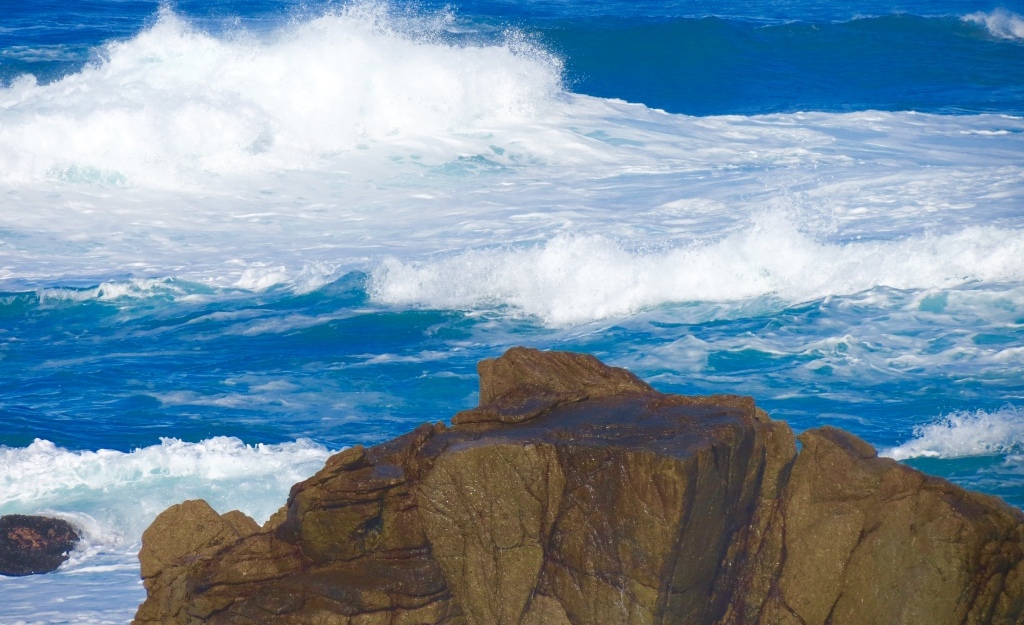
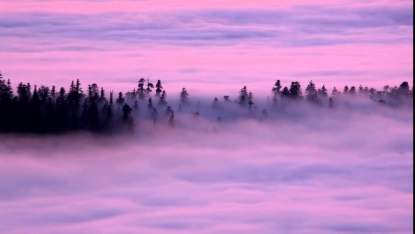
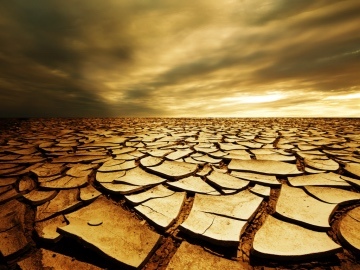
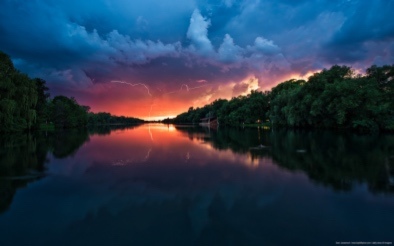
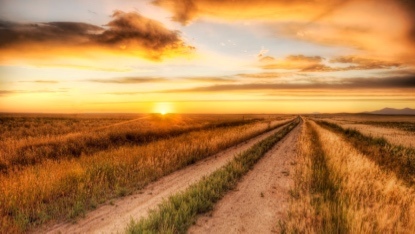
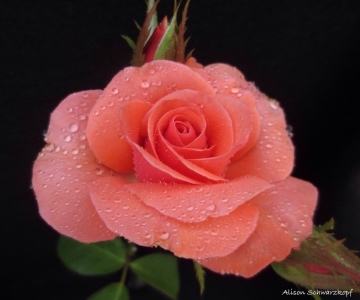
| Birches When I see birches bend to left and right Across the lines of straighter darker trees, I like to think some boy’s been swinging them. But swinging doesn’t bend them down to stay As ice-storms do. Often you must have seen them Loaded with ice a sunny winter morning After a rain. They click upon themselves As the breeze rises, and turn many-colored As the stir cracks and crazes their enamel. Soon the sun’s warmth makes them shed crystal shells Shattering and avalanching on the snow-crust-- Such heaps of broken glass to sweep away You’d think the inner dome of heaven had fallen. They are dragged to the withered bracken by the load, And they seem not to break; though once they are bowed So low for long, they never right themselves: You may see their trunks arching in the woods Years afterwards, trailing their leaves on the ground Like girls on hands and knees that throw their hair Before them over their heads to dry in the sun. But I was going to say when Truth broke in With all her matter-of-fact about the ice-storm I should prefer to have some boy bend them As he went out and in to fetch the cows-- Some boy too far from town to learn baseball, Whose only play was what he found himself, Summer or winter, and could play alone. One by one he subdued his father’s trees By riding them down over and over again Until he took the stiffness out of them, And not one but hung limp, not one was left For him to conquer. He learned all there was To learn about not launching out too soon And so not carrying the tree away Clear to the ground. He always kept his poise To the top branches, climbing carefully With the same pains you use to fill a cup Up to the brim, and even above the brim. 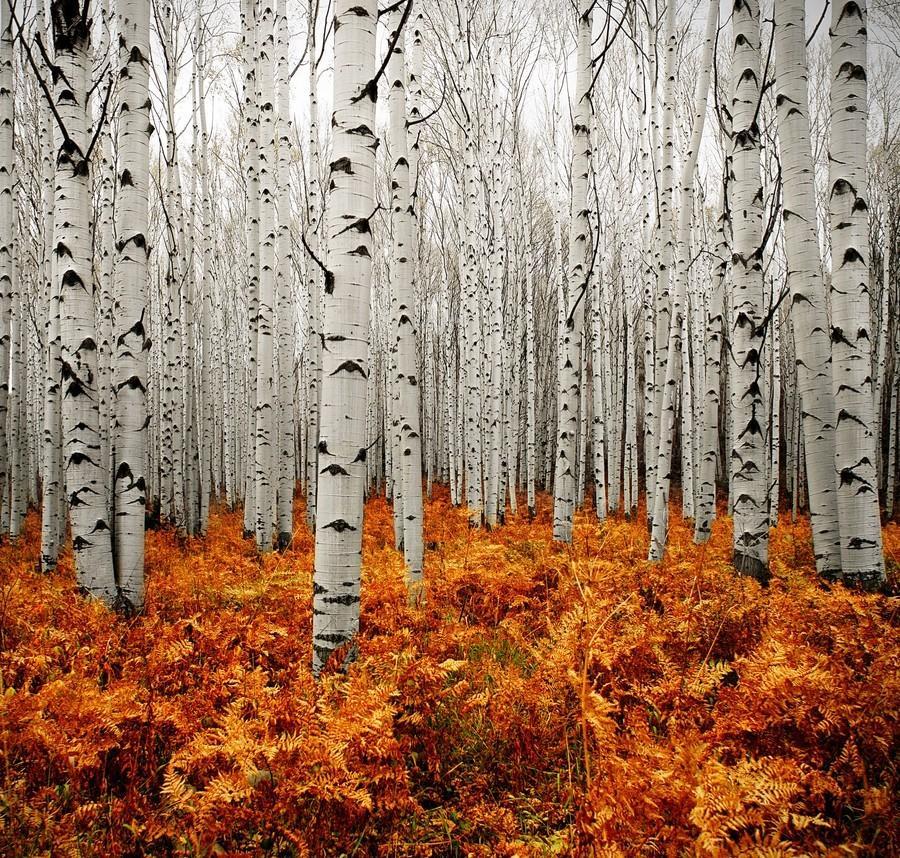 Then he flung outward, feet first, with a swish, Kicking his way down through the air to the ground. So was I once myself a swinger of birches. And so I dream of going back to be. It’s when I’m weary of considerations, And life is too much like a pathless wood Where your face burns and tickles with the cobwebs Broken across it, and one eye is weeping From a twig’s having lashed across it open. I’d like to get away from earth awhile And then come back to it and begin over. May no fate willfully misunderstand me And half grant what I wish and snatch me away Not to return. Earth’s the right place for love: I don’t know where it’s likely to go better. I’d like to go by climbing a birch tree, And climb black branches up a snow-white trunk Toward heaven, till the tree could bear no more, But dipped its top and set me down again. That would be good both going and coming back. One could do worse than be a swinger of birches. Poem By Robert Frost |
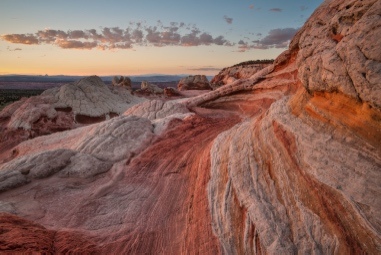
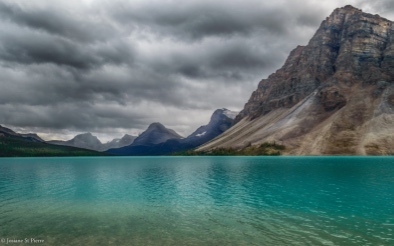
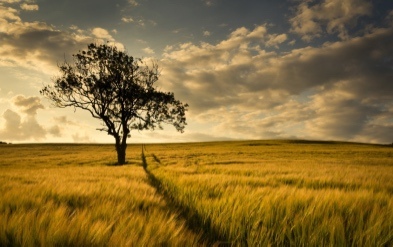
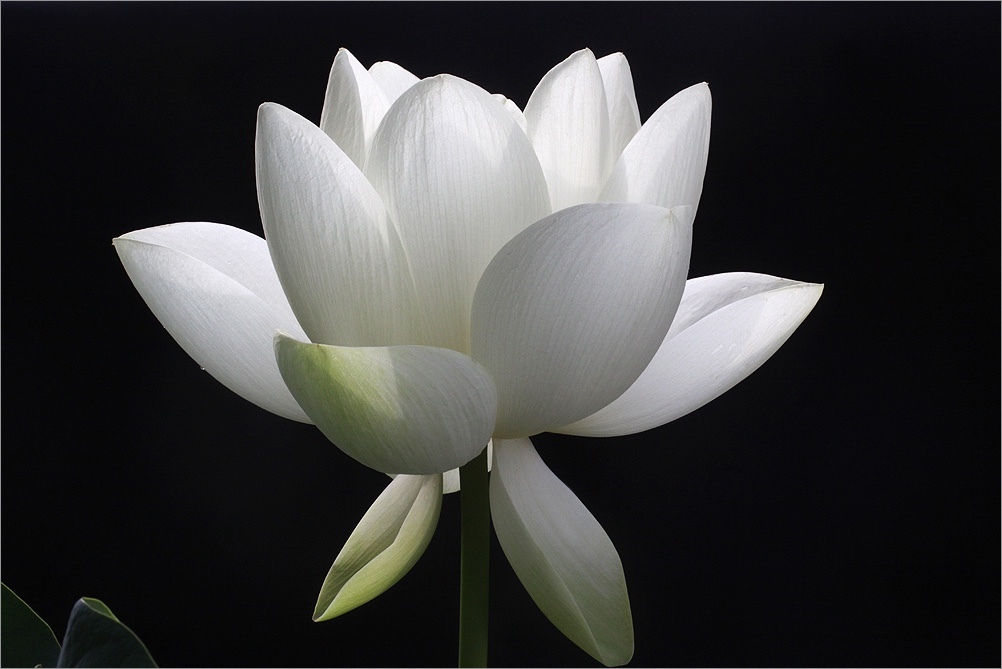
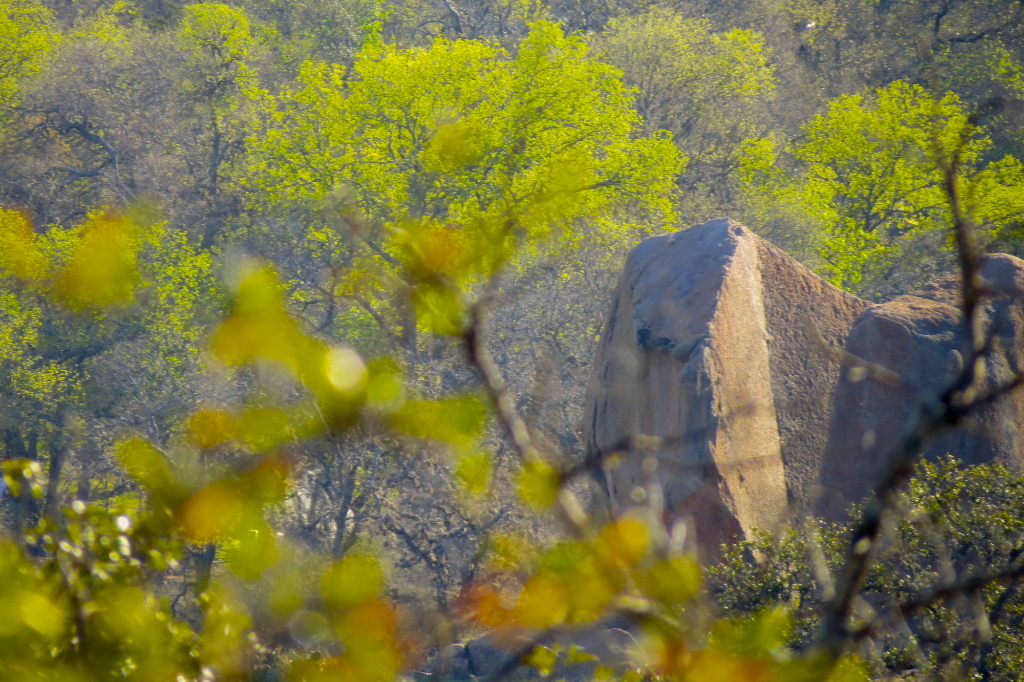
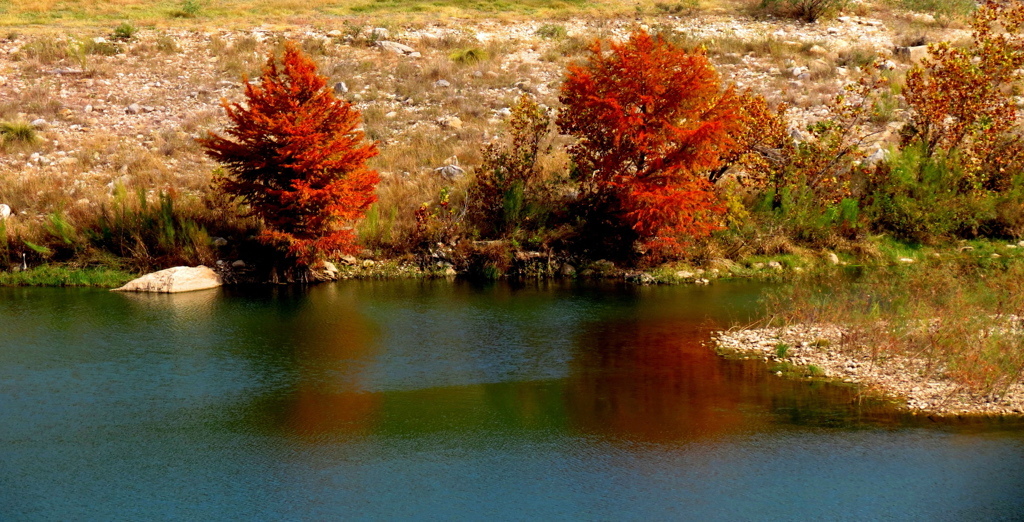
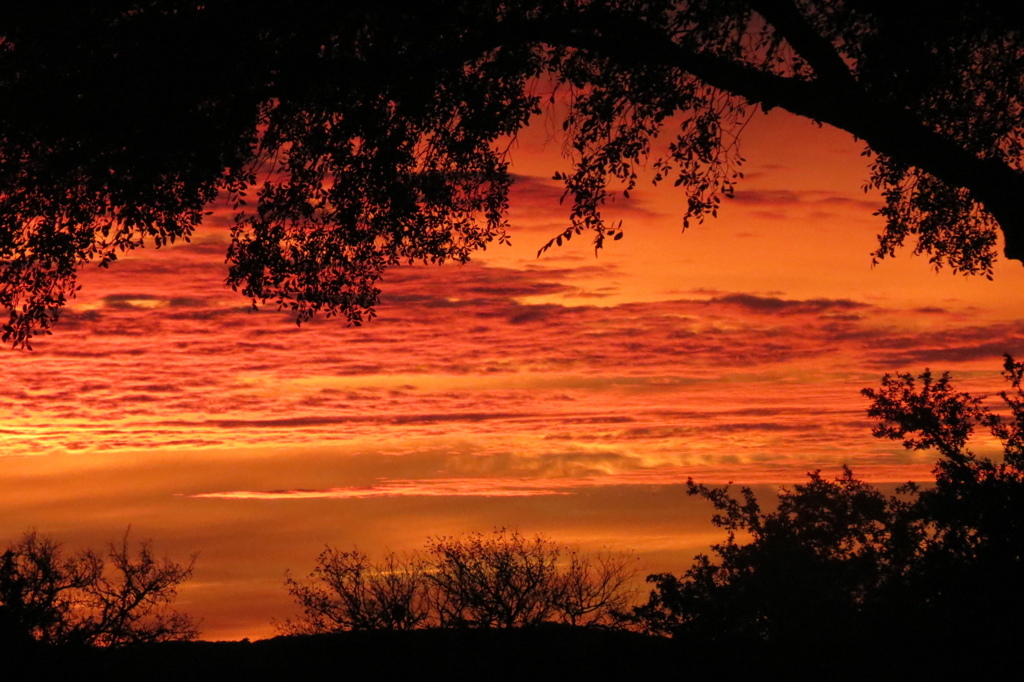
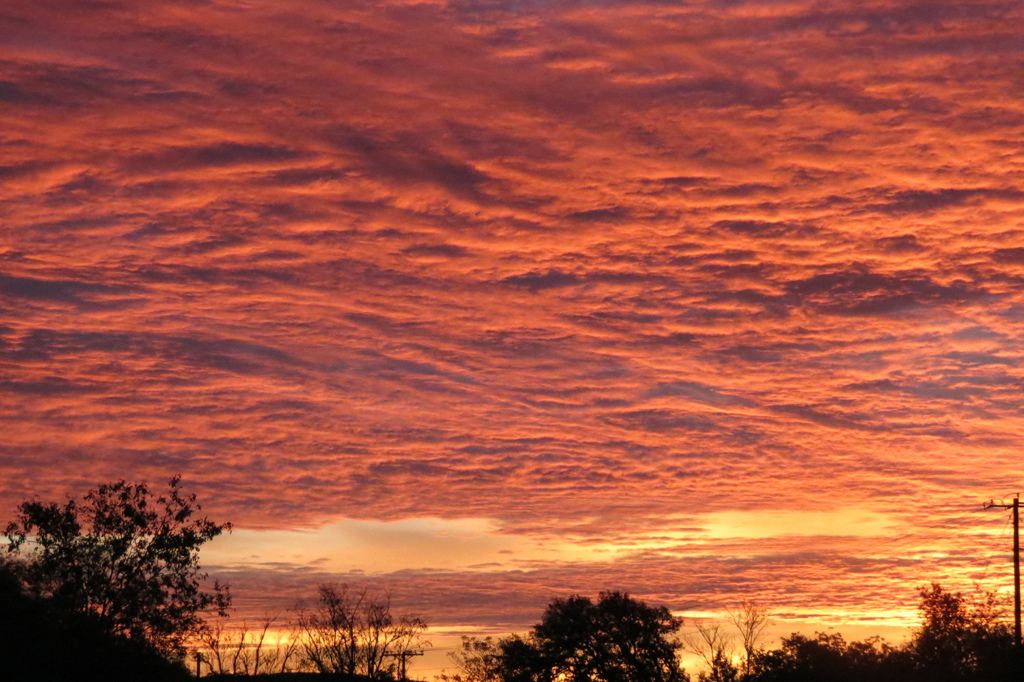
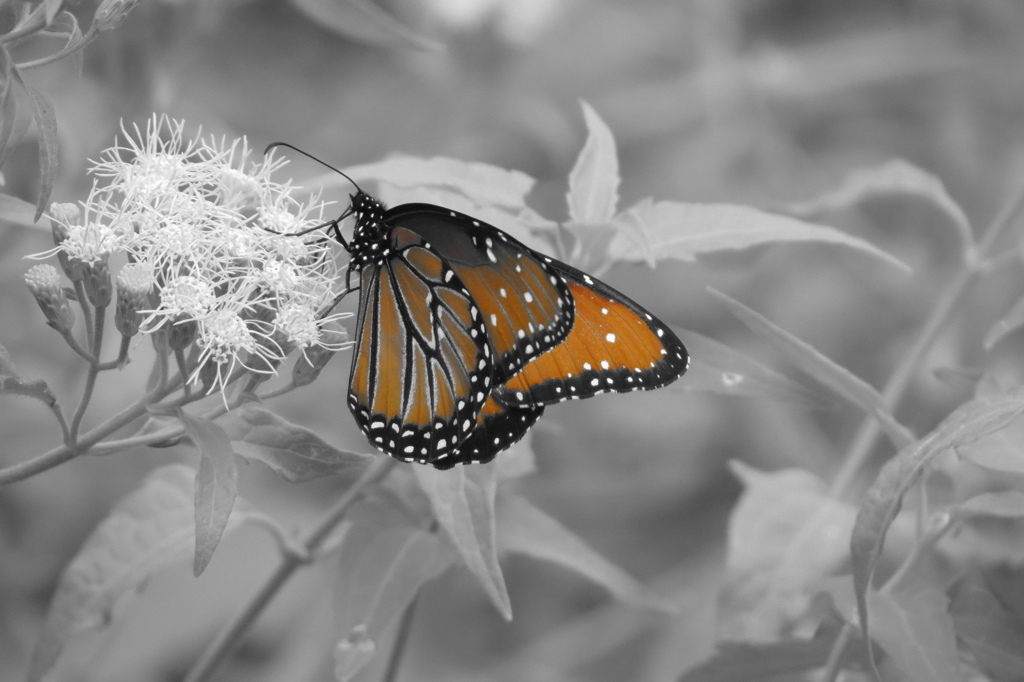
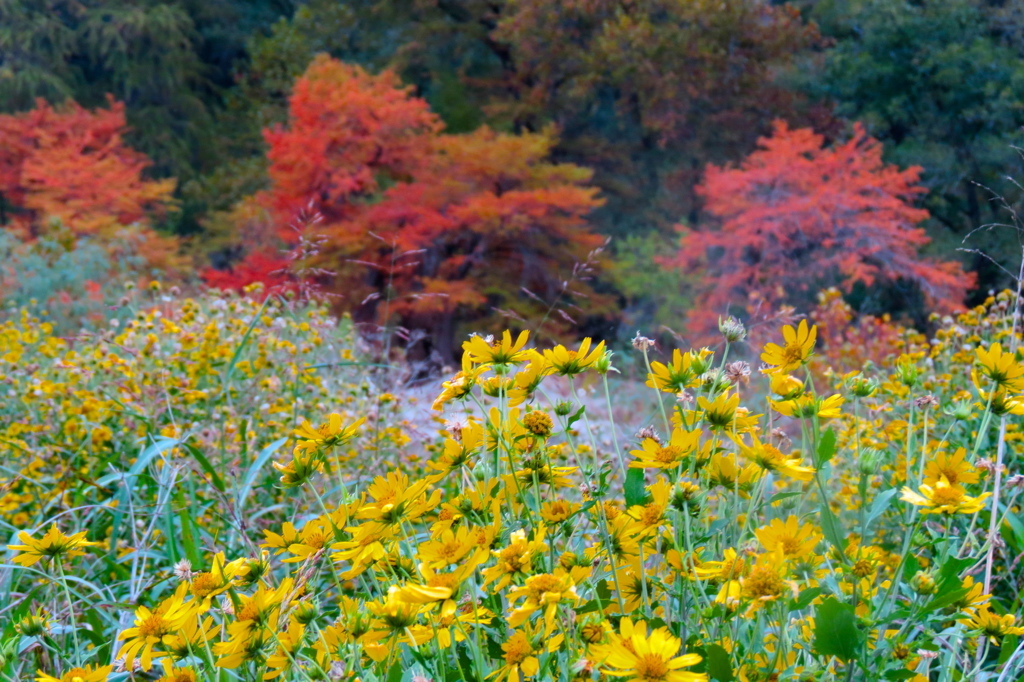
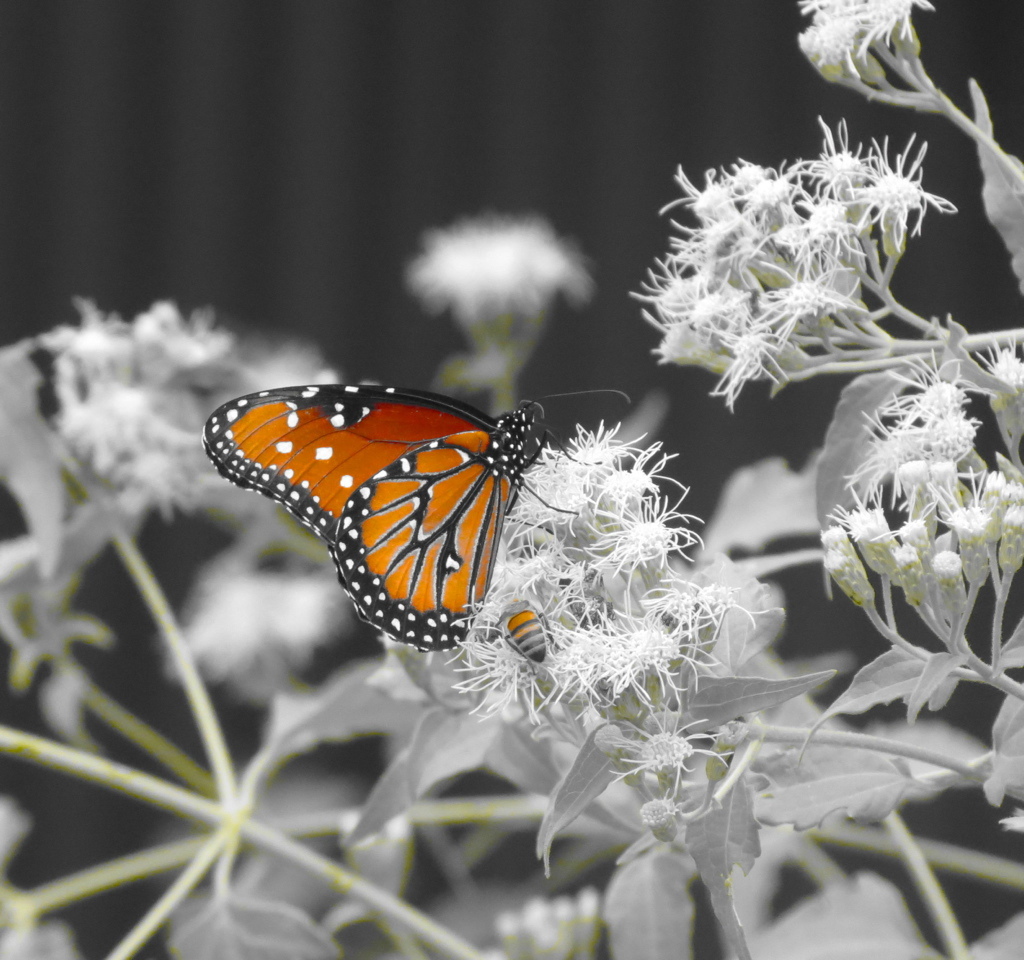
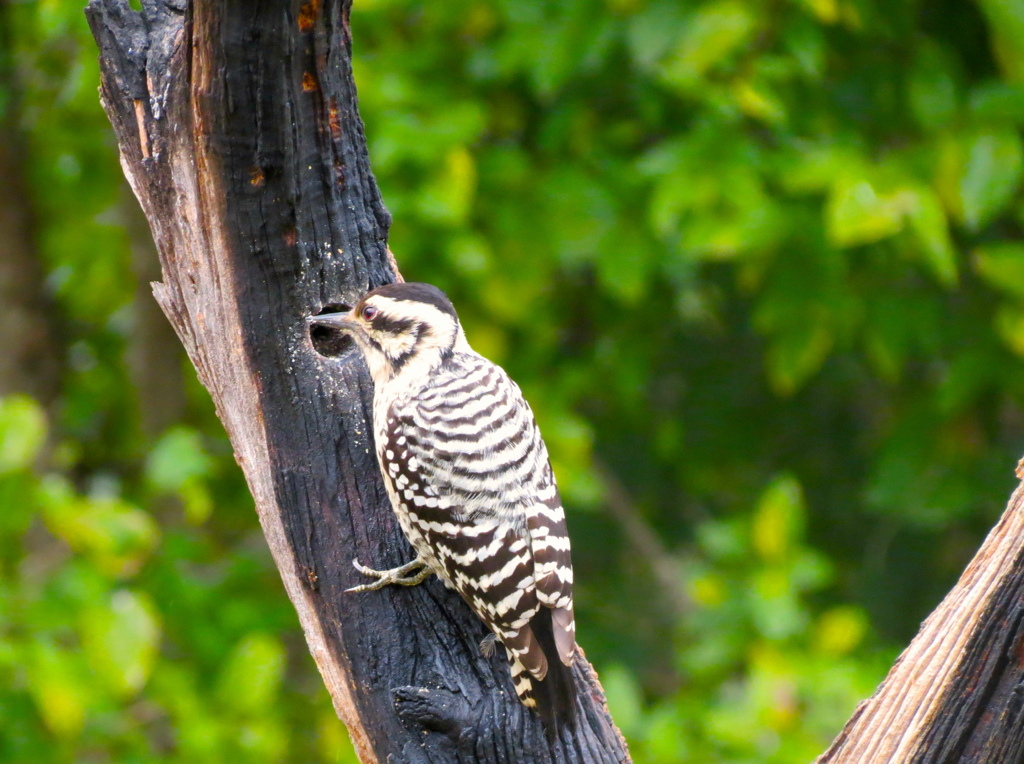
| October
Is it winter again, is it cold again, didn’t Frank just slip on the ice, didn’t he heal, weren’t the spring seeds planted didn’t the night end, didn’t the melting ice flood the narrow gutters wasn’t my body rescued, wasn’t it safe didn’t the scar form, invisible above the injury terror and cold, didn’t they just end, wasn’t the back garden harrowed and planted-- I remember how the earth felt, red and dense, in stiff rows, weren’t the seeds planted, didn’t vines climb the south wall 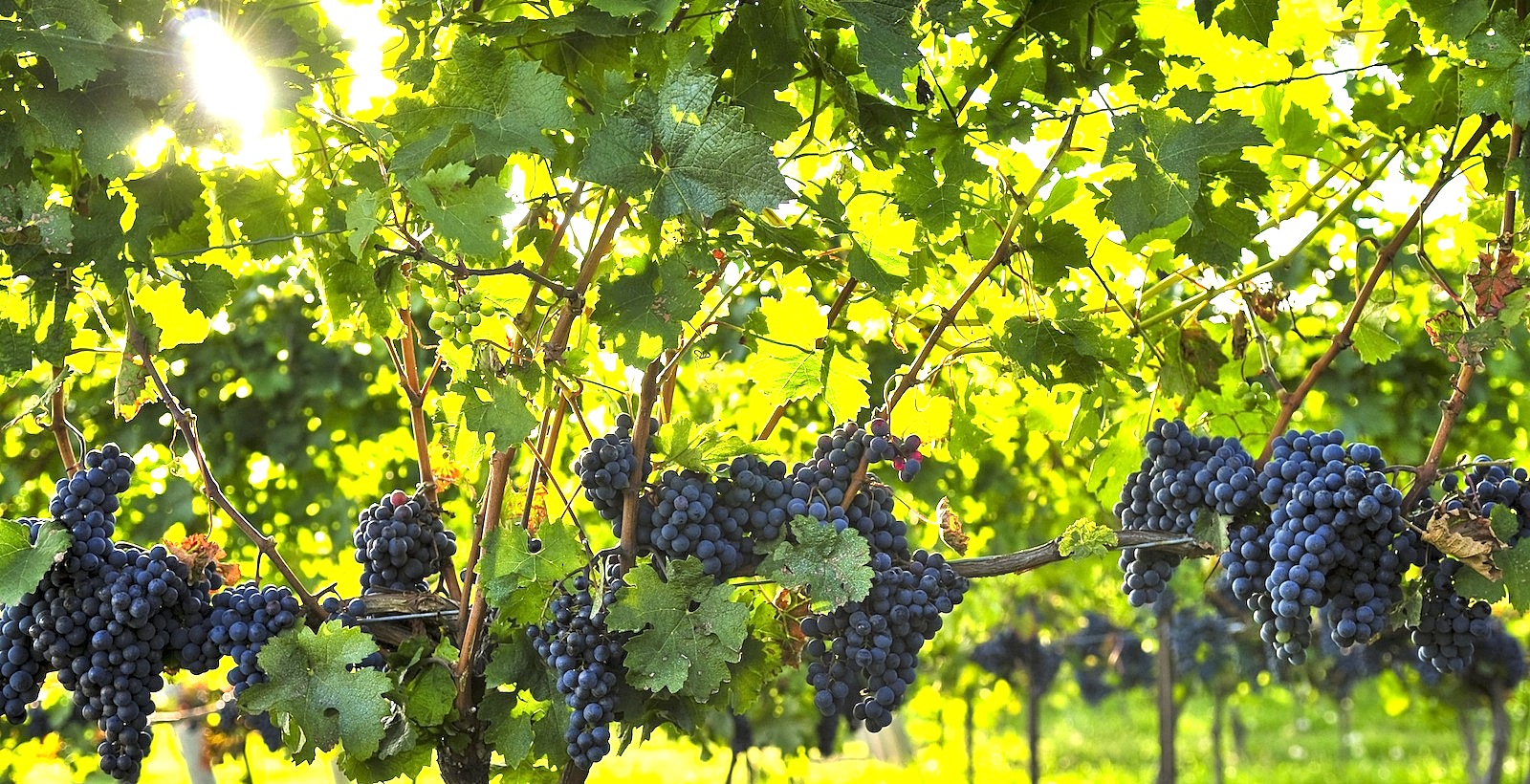 I can’t hear your voice for the wind’s cries, whistling over the bare ground I no longer care what sound it makes when was I silenced, when did it first seem pointless to describe that sound what it sounds like can’t change what it is-- didn’t the night end, wasn’t the earth safe when it was planted didn’t we plant the seeds, weren’t we necessary to the earth, the vines, were they harvested? Poem By Louise Glück |
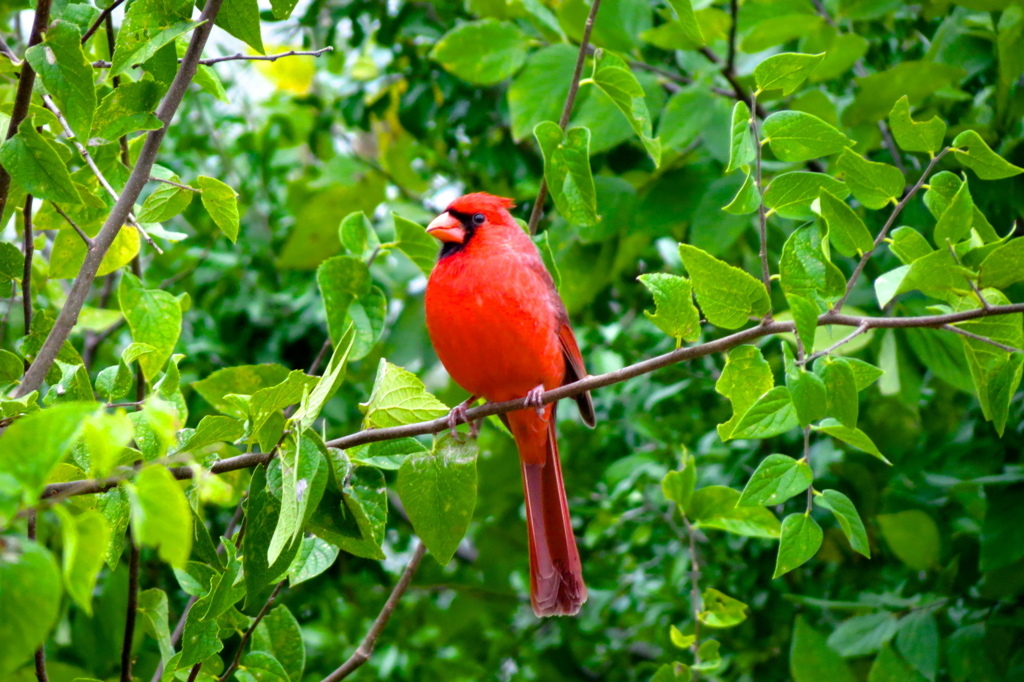
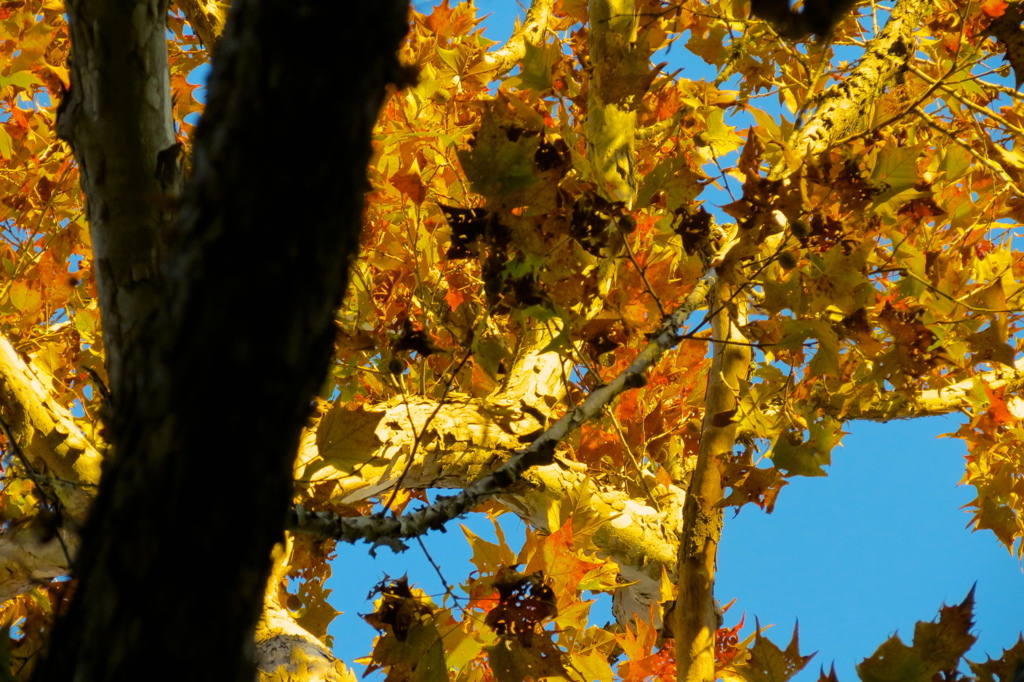
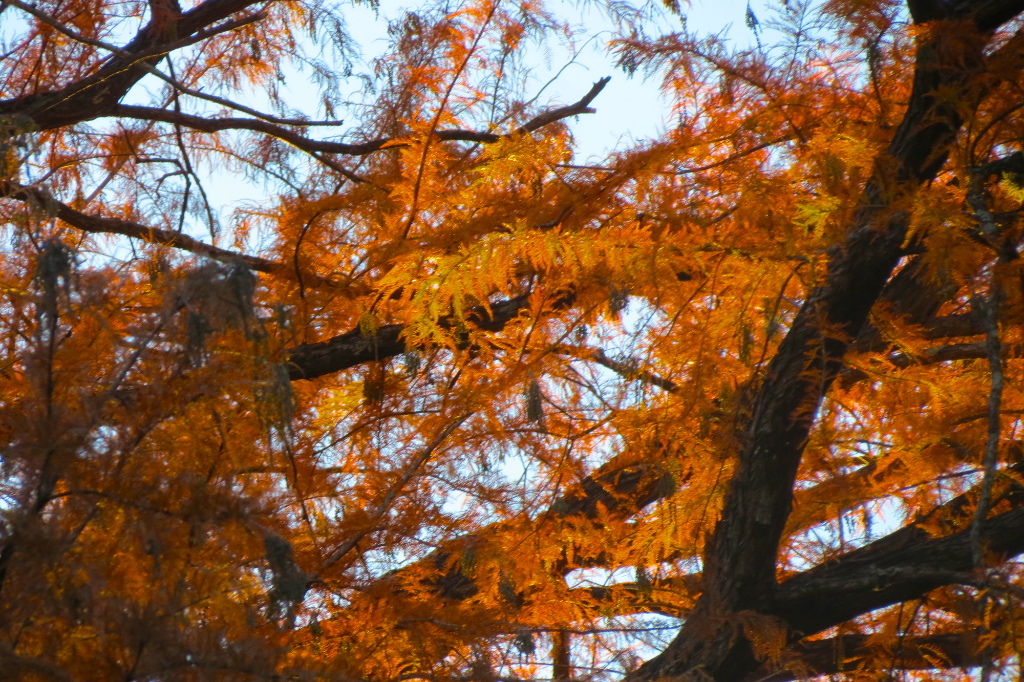
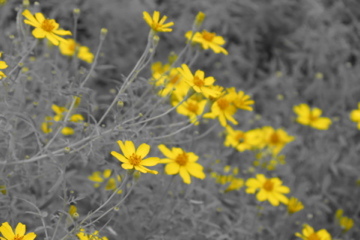
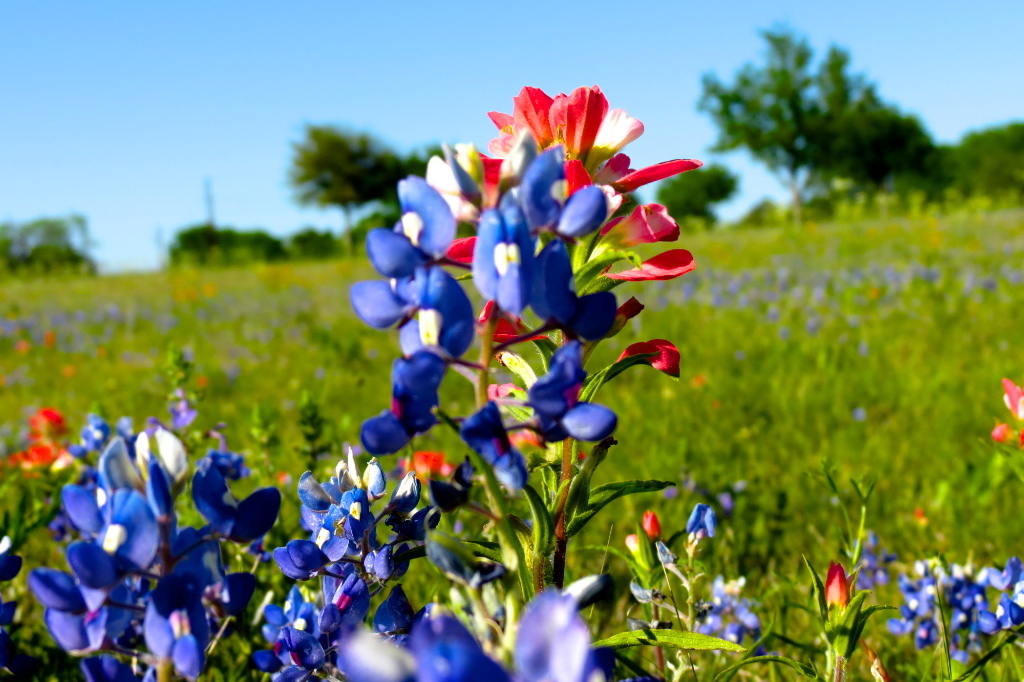
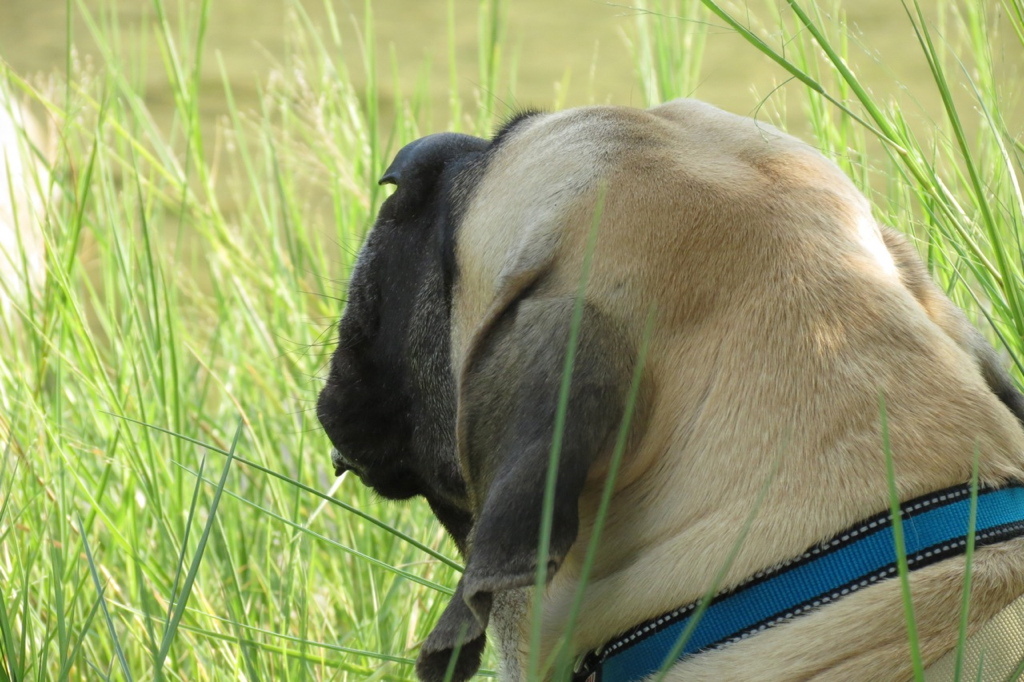
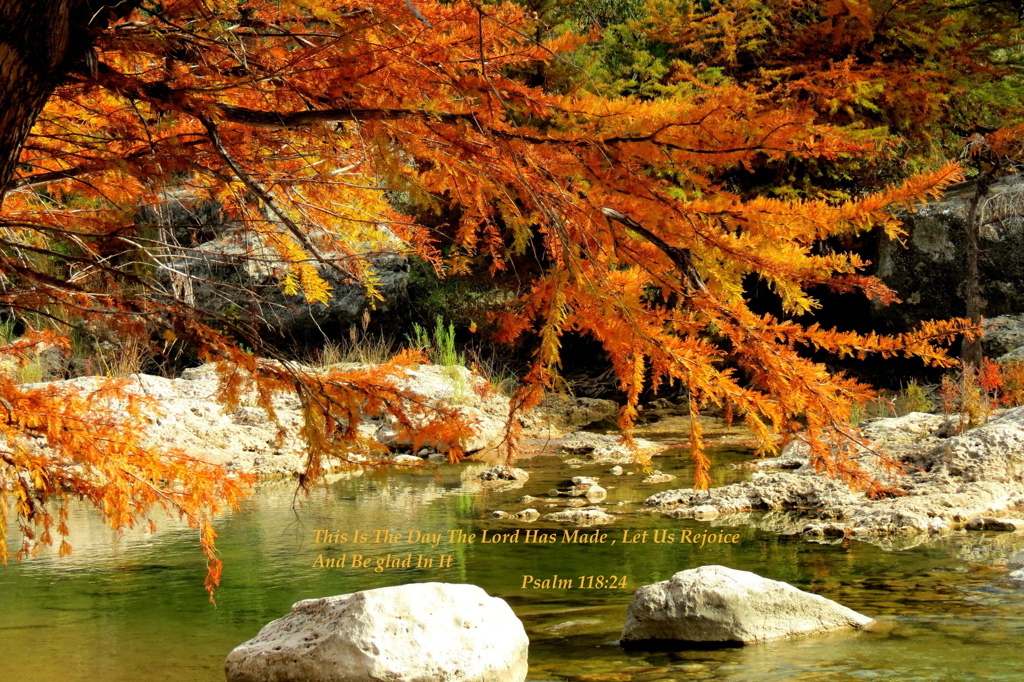
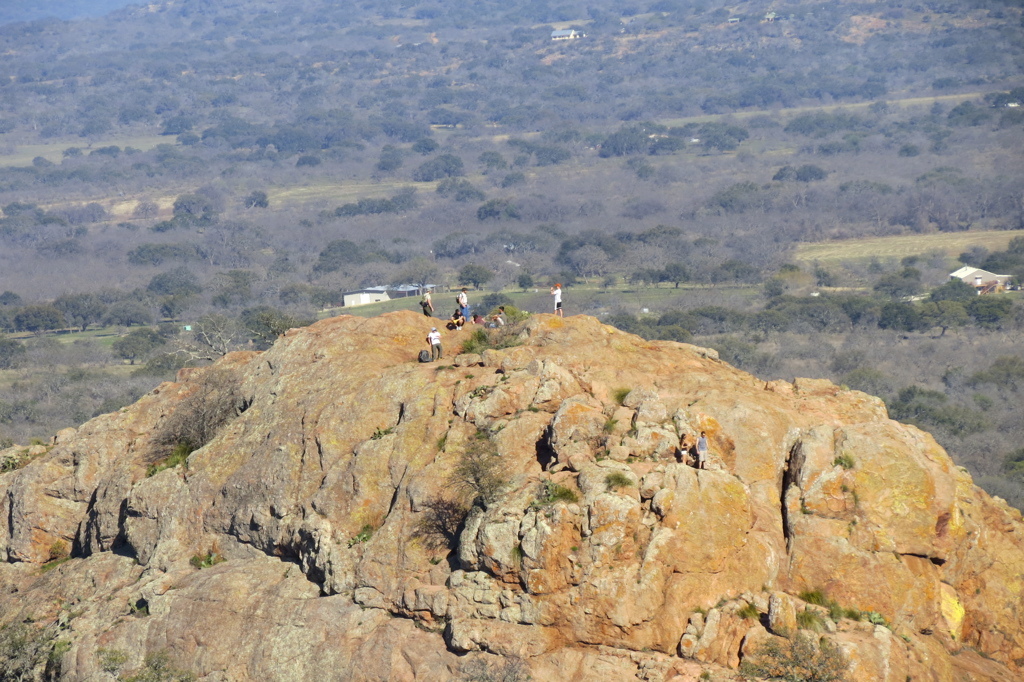
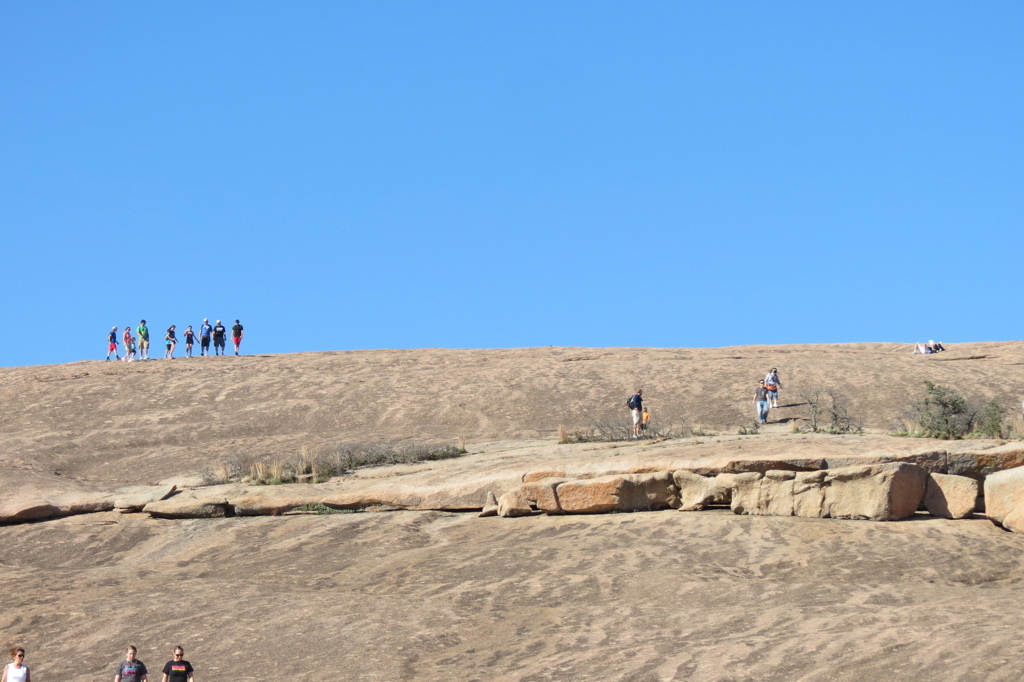
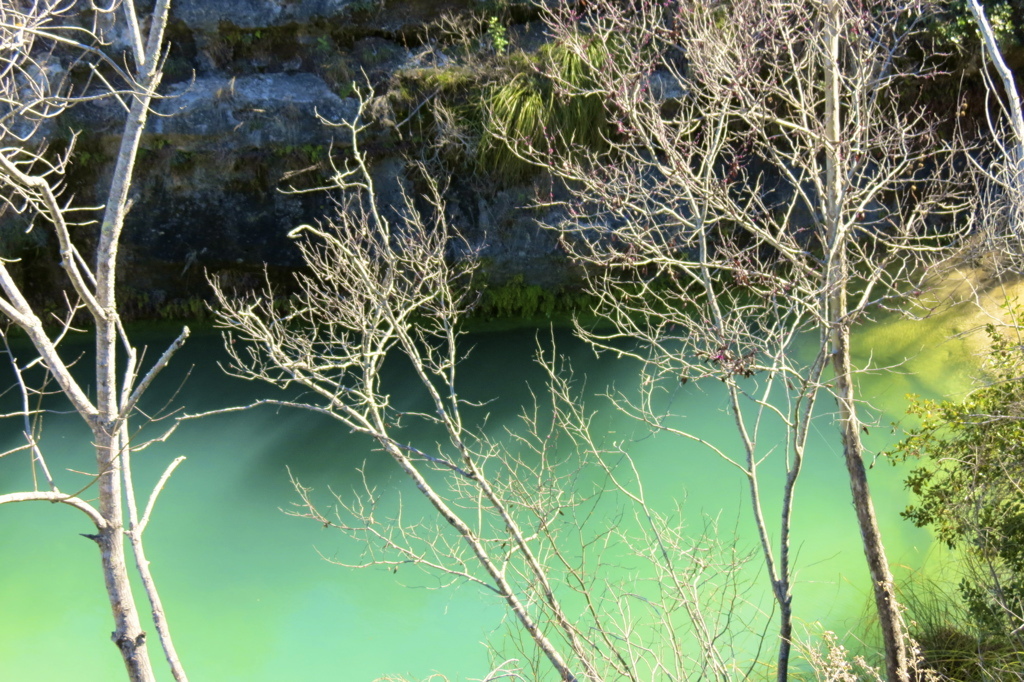
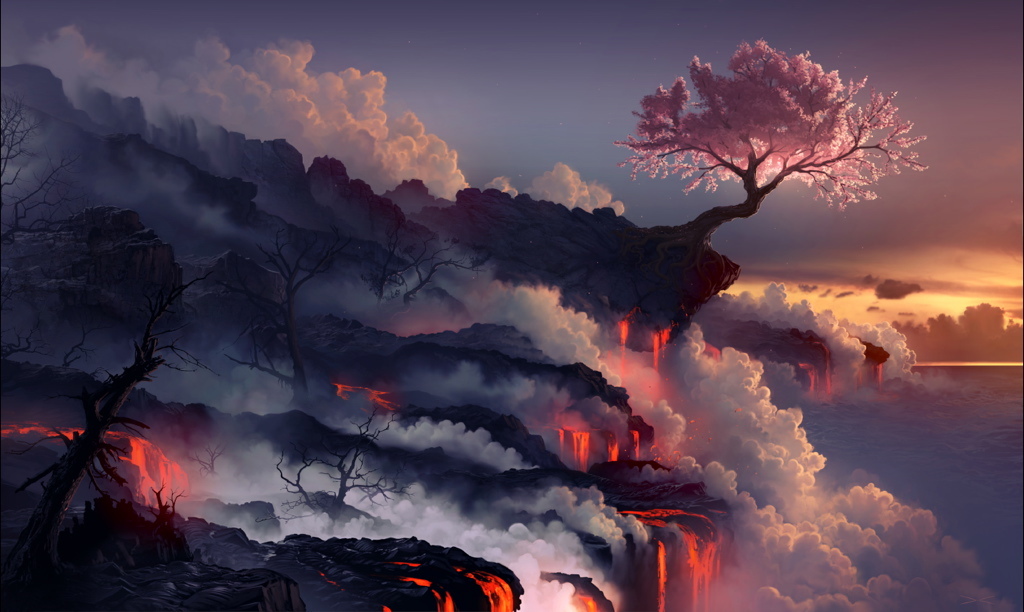
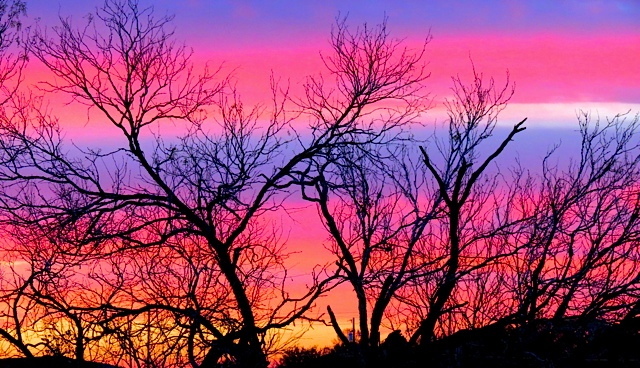
| The
Pasture I’m going out to clean the pasture spring; I’ll only stop to rake the leaves away (And wait to watch the water clear, I may): I sha’n’t be gone long.—You come too. 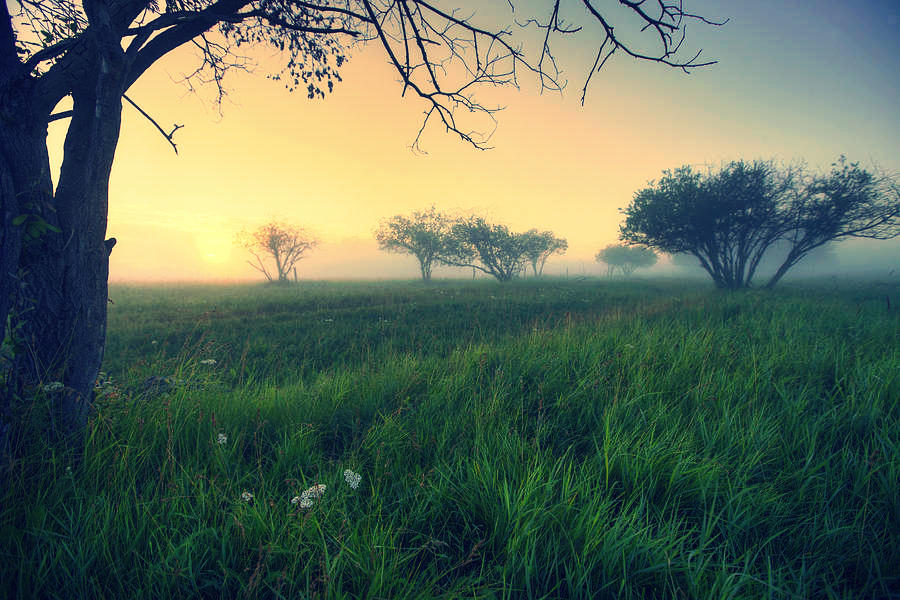 I’m going out to fetch the little calf That’s standing by the mother. It’s so young, It totters when she licks it with her tongue. I sha’n’t be gone long.—You come too. Poem By Robert Frost |
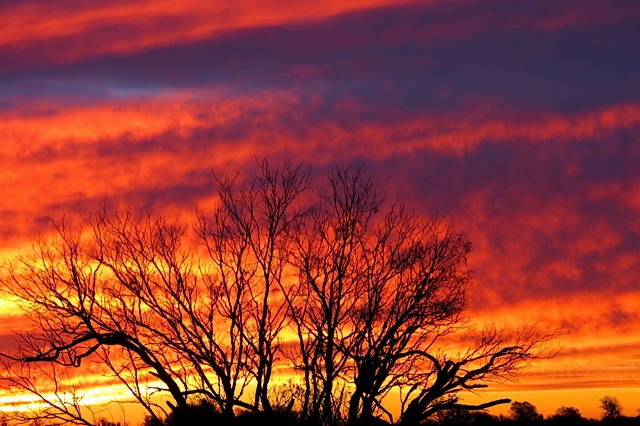
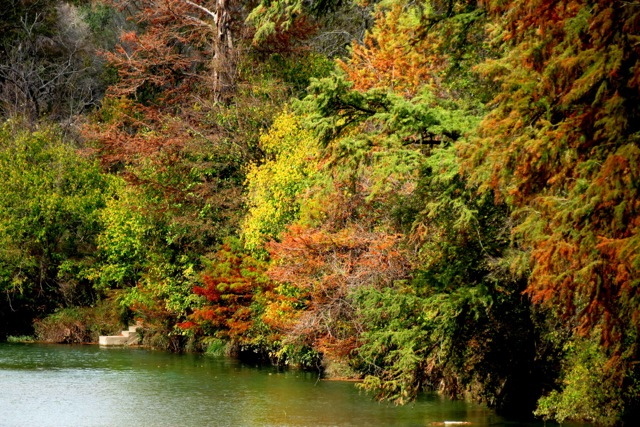










| We
Two, How Long We Were Fool’d We two, how long we were fool’d, Now transmuted, we swiftly escape as Nature escapes, We are Nature, long have we been absent, but now we return, We become plants, trunks, foliage, roots, bark, We are bedded in the ground, we are rocks, We are oaks, we grow in the openings side by side, We browse, we are two among the wild herds spontaneous as any, We are two fishes swimming in the sea together, We are what locust blossoms are, we drop scent around lanes mornings and evenings, We are also the coarse smut of beasts, vegetables, minerals, We are two predatory hawks, we soar above and look down, We are two resplendent suns, we it is who balance ourselves orbic and stellar, we are as two comets, We prowl fang’d and four-footed in the woods, we spring on prey, We are two clouds forenoons and afternoons driving overhead, We are seas mingling, we are two of those cheerful waves rolling over each other and interwetting each other, We are what the atmosphere is, transparent, receptive, pervious, impervious, 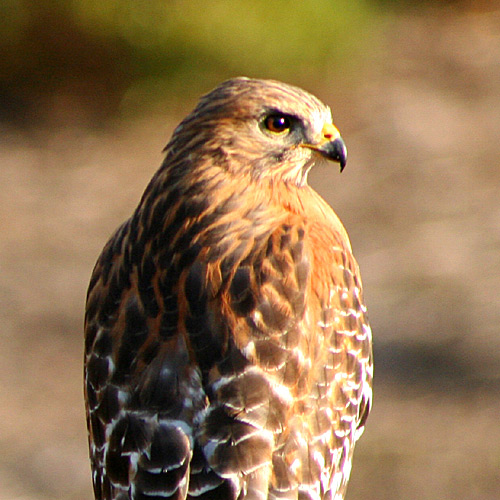 Poem By Walt Whitman |












| The Sunlight
On The Garden The sunlight on the garden Hardens and grows cold, We cannot cage the minute Within its nets of gold, When all is told We cannot beg for pardon. Our freedom as free lances Advances towards its end; The earth compels, upon it Sonnets and birds descend; And soon, my friend, We shall have no time for dances.  The sky was good for flying Defying the church bells And every evil iron Siren and what it tells: The earth compels, We are dying, Egypt, dying And not expecting pardon, Hardened in heart anew, But glad to have sat under Thunder and rain with you, And grateful too For sunlight on the garden. Poem By Louis MacNeice |
| The
Fish I caught a tremendous fish and held him beside the boat half out of water, with my hook fast in a corner of his mouth. He didn’t fight. He hadn’t fought at all. He hung a grunting weight, battered and venerable and homely. Here and there his brown skin hung in strips like ancient wallpaper, and its pattern of darker brown was like wallpaper: shapes like full-blown roses stained and lost through age. He was speckled with barnacles, fine rosettes of lime, and infested with tiny white sea-lice, and underneath two or three rags of green weed hung down. While his gills were breathing in the terrible oxygen —the frightening gills, fresh and crisp with blood, that can cut so badly— I thought of the coarse white flesh packed in like feathers, the big bones and the little bones, the dramatic reds and blacks of his shiny entrails, and the pink swim-bladder like a big peony. I looked into his eyes which were far larger than mine but shallower, and yellowed, the irises backed and packed with tarnished tinfoil seen through the lenses of old scratched isinglass. They shifted a little, but not to return my stare. —It was more like the tipping of an object toward the light. I admired his sullen face, the mechanism of his jaw, and then I saw that from his lower lip —if you could call it a lip— grim, wet, and weaponlike, hung five old pieces of fish-line, or four and a wire leader with the swivel still attached, with all their five big hooks grown firmly in his mouth. A green line, frayed at the end where he broke it, two heavier lines, and a fine black thread still crimped from the strain and snap when it broke and he got away. Like medals with their ribbons frayed and wavering, a five-haired beard of wisdom trailing from his aching jaw. I stared and stared and victory filled up the little rented boat, from the pool of bilge where oil had spread a rainbow around the rusted engine to the bailer rusted orange, the sun-cracked thwarts, the oarlocks on their strings, the gunnels—until everything was rainbow, rainbow, rainbow! And I let the fish go.  Poem By Elizabeth Bishop |












| Dust
Of Snow The way a crow Shook down on me The dust of snow From a hemlock tree Has given my heart A change of mood And saved some part Of a day I had rued. 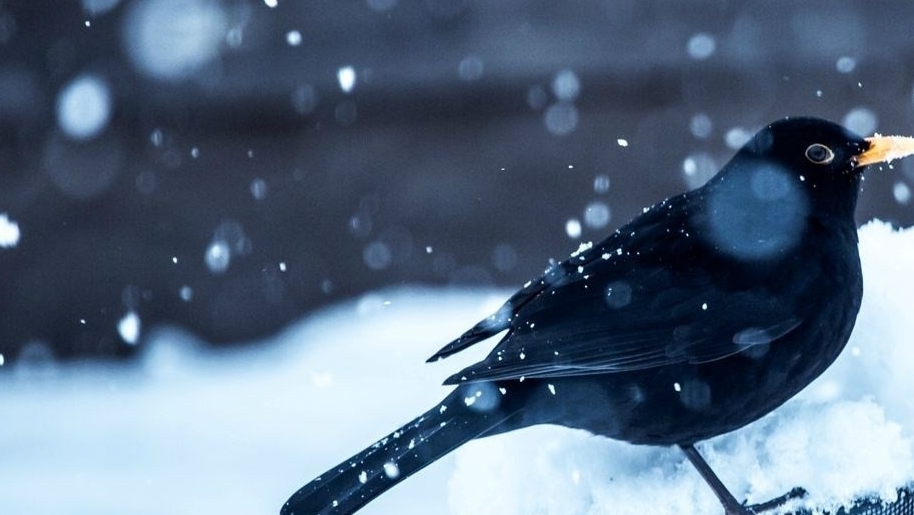 Poem By Robert Frost |












| I
Know Why The Caged Bird Sings The free bird leaps on the back of the wind and floats downstream till the current ends and dips his wings in the orange sun rays and dares to claim the sky. But a bird that stalks down his narrow cage can seldom see through his bars of rage his wings are clipped and his feet are tied so he opens his throat to sing. The caged bird sings with fearful trill of the things unknown but longed for still and his tune is heard on the distant hill for the caged bird sings of freedom 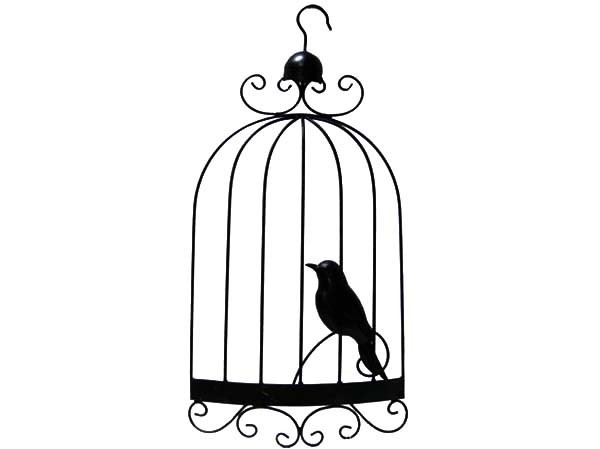 The free bird thinks of another breeze and the trade winds soft through the sighing trees and the fat worms waiting on a dawn-bright lawn and he names the sky his own. But a caged bird stands on the grave of dreams his shadow shouts on a nightmare scream his wings are clipped and his feet are tied so he opens his throat to sing The caged bird sings Poem By Maya Angelou |












| Nature,
That Washed Her Hands In Milk Nature, that washed her hands in milk, And had forgot to dry them, Instead of earth took snow and silk, At love's request to try them, If she a mistress could compose To please love’s fancy out of those. Her eyes he would should be of light, A violet breath, and lips of jelly; Her hair not black, nor overbright, And of the softest down her belly; As for her inside he’d have it Only of wantonness and wit. At love's entreaty such a one Nature made, but with her beauty She hath framed a heart of stone; So as love, by ill destiny, Must die for her whom nature gave him, Because her darling would not save him. 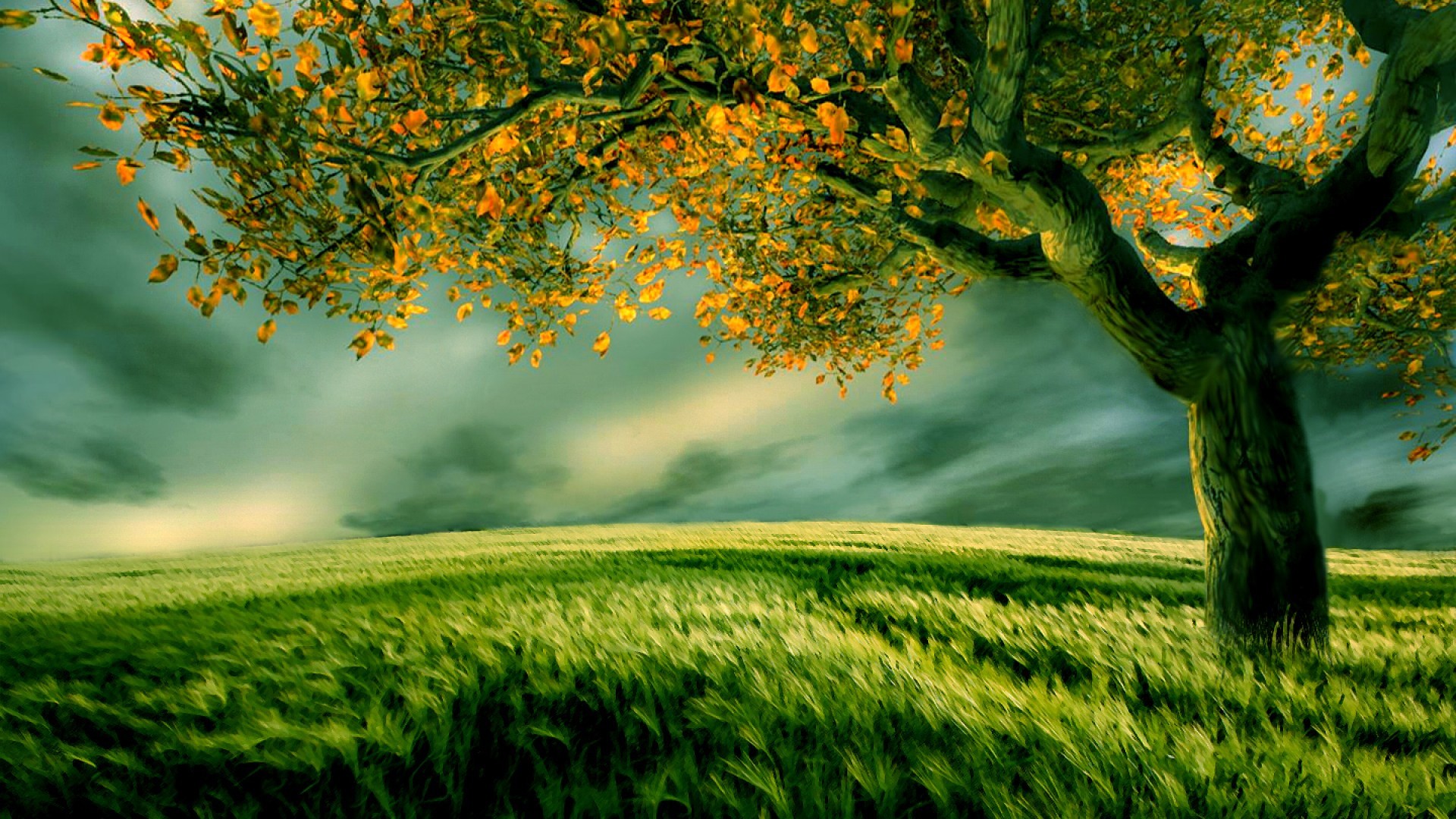 But time (which nature doth despise, And rudely gives her love the lie, Makes hope a fool, and sorrow wise) His hands do neither wash nor dry; But being made of steel and rust, Turns snow and silk and milk to dust. The light, the belly, lips, and breath, He dims, discolors, and destroys; With those he feeds but fills not death, Which sometimes were the food of joys. Yea, time doth dull each lively wit, And dries all wantonness with it. Oh, cruel time! which takes in trust Our youth, our joys, and all we have, And pays us but with age and dust; Who in the dark and silent grave When we have wandered all our ways Shuts up the story of our days. Poem By Sir Walter Raleigh |












| How Happy Is The Little
Stone How happy is the little stone That rambles in the road alone, And does n’t care about careers, And exigencies never fears; Whose coat of elemental brown A passing universe put on; And independent as the sun, Associates or glows alone, Fulfilling absolute decree In casual simplicity. 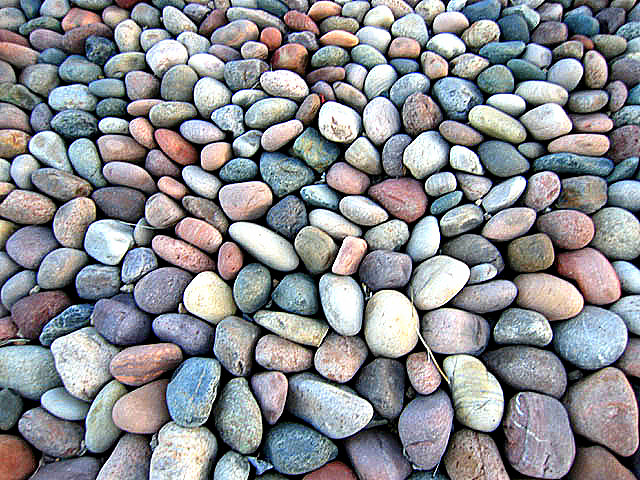 Poem By Emily Dickinson |












| Snow-Flakes (Birds Of Passage. Flight The Second) Out of the bosom of the Air Out of the cloud-folds of her garments shaken, Over the woodlands brown and bare, Over the harvest-fields forsaken, Silent, and soft, and slow Descends the snow. Even as our cloudy fancies take Suddenly shape in some divine expression, Even as the troubled heart doth make In the white countenance confession The troubled sky reveals The grief it feels. This is the poem of the air, Slowly in silent syllables recorded; This is the secret of despair, Long in its cloudy bosom hoarded, Now whispered and revealed To wood and field. 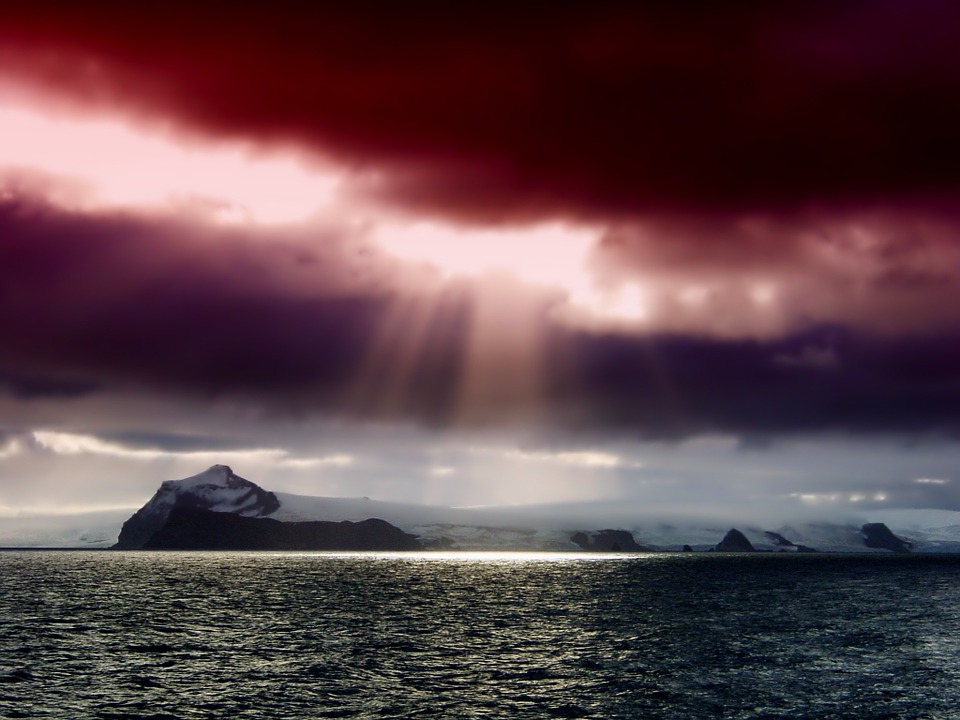 Poem By Henry Wadsworth Longfellow |












| Aftermath (Birds Of Passage. Flight The Third) When the summer fields are mown, When the birds are fledged and flown, And the dry leaves strew the path; With the falling of the snow, With the cawing of the crow, Once again the fields we mow And gather in the aftermath. 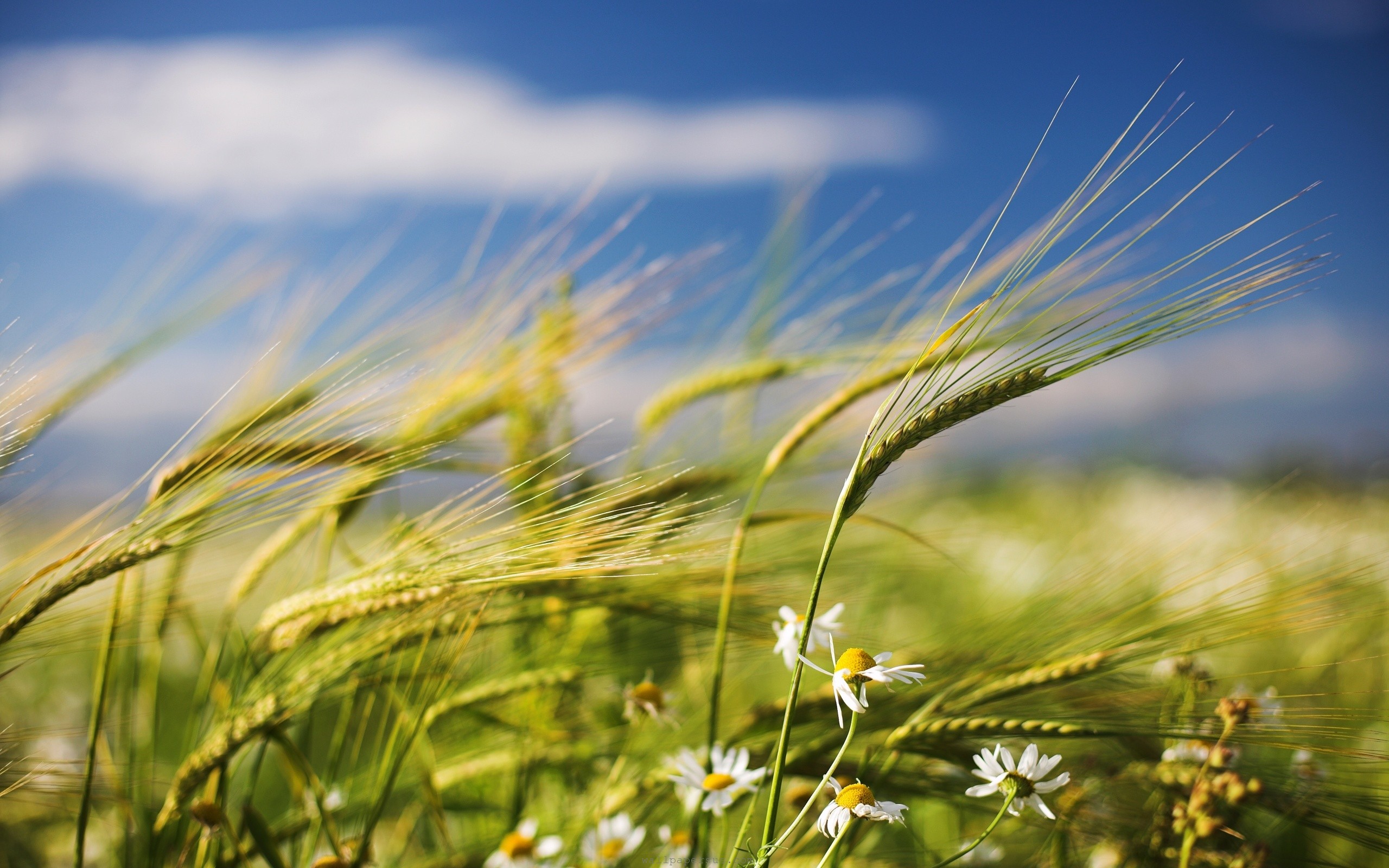 Not the sweet, new grass with flowers Is this harvesting of ours; Not the upland clover bloom; But the rowen mixed with weeds, Tangled tufts from marsh and meads, Where the poppy drops its seeds In the silence and the gloom. Poem By Henry Wadsworth Longfellow |












| The
Rainy Day The day is cold, and dark, and dreary; It rains,and the wind is never weary; The vine still clings to the mouldering wall, But at every gust the dead leaves fall, And the day is dark and dreary. My life is cold, and dark, and dreary; It rains,and the wind is never weary; My thoughts still cling to the mouldering past, But the hopes of youth fall thick in the blast, And the days are dark and dreary. 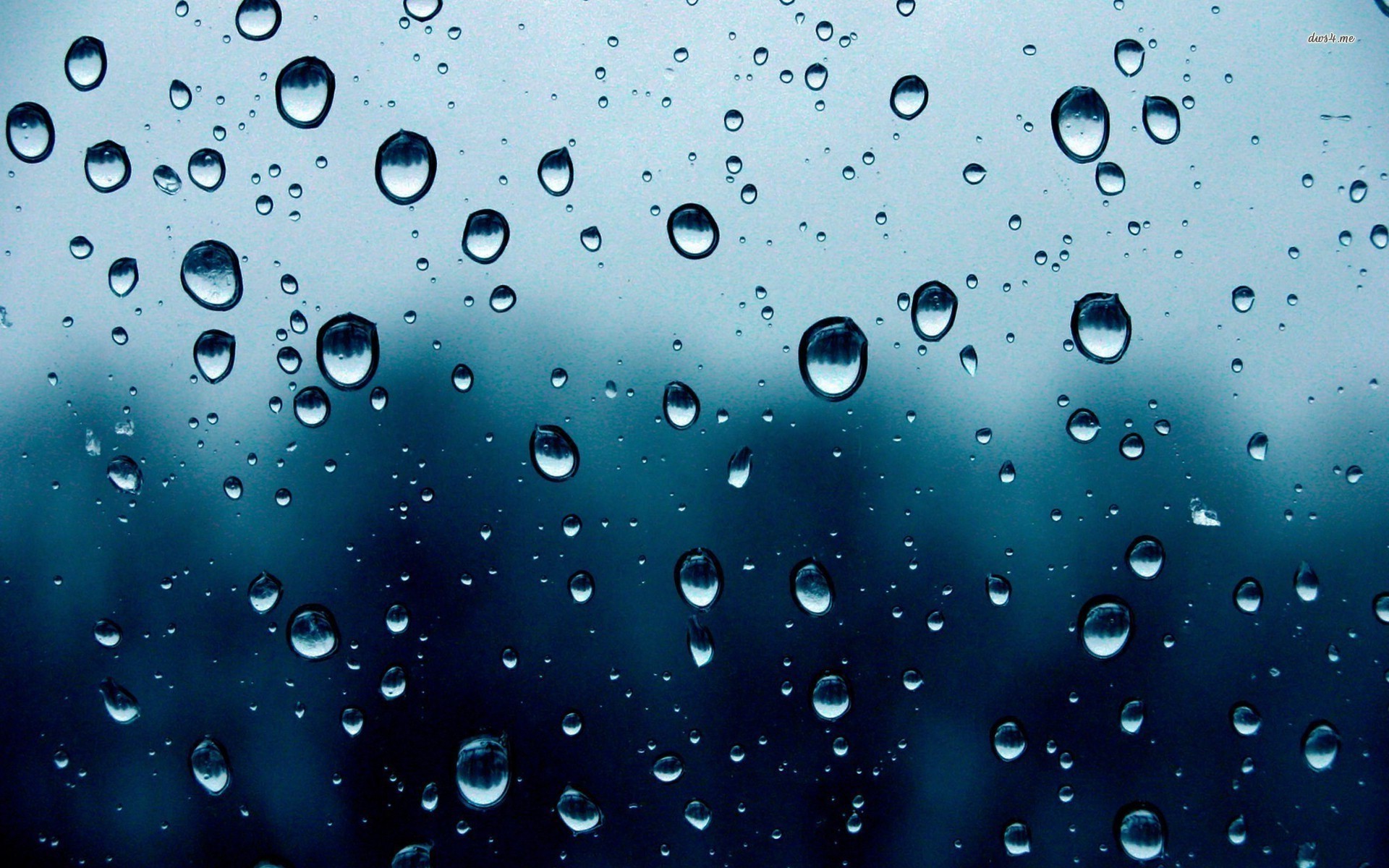 Be still, sad heart, and cease repining; Behind the clouds is the sun still shining; Thy fate is the common fate of all, Into each life some rain must fall, Some days must be dark and dreary. Poem By Henry Wadsworth Longfellow |












| The Sound Of
The Sea The sea awoke at midnight from its sleep, And round the pebbly beaches far and wide I heard the first wave of the rising tide Rush onward with uninterrupted sweep; A voice out of the silence of the deep, A sound mysteriously multiplied As of a cataract from the mountain's side, Or roar of winds upon a wooded steep. So comes to us at times, from the unknown And inaccessible solitudes of being, The rushing of the sea-tides of the soul; And inspirations, that we deem our own, Are some divine foreshadowing and foreseeing Of things beyond our reason or control. 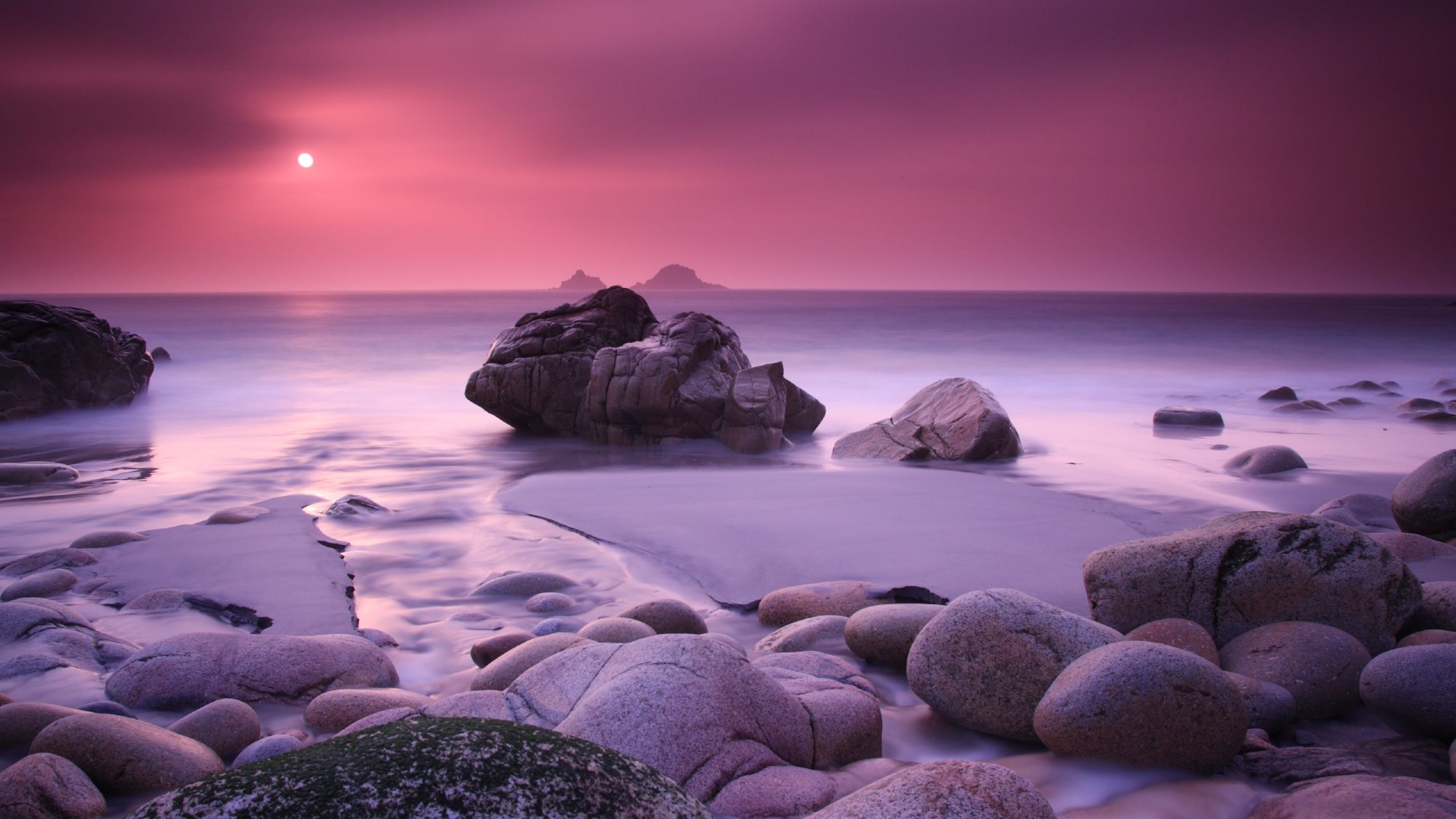 Poem By Henry Wadsworth Longfellow |












| The
Moon She comes! again she comes, the bright-eyed moon! Under a ragged cloud I found her out, Clasping her own dark orb like hope in doubt! That ragged cloud hath waited her since noon, And he hath found and he will hide her soon! Come, all ye little winds that sit without, And blow the shining leaves her edge about, And hold her fast—ye have a pleasant tune! She will forget us in her walks at night Among the other worlds that are so fair! She will forget to look on our despair! She will forget to be so young and bright! Nay, gentle moon, thou hast the keys of light— I saw them hanging by thy girdle there! 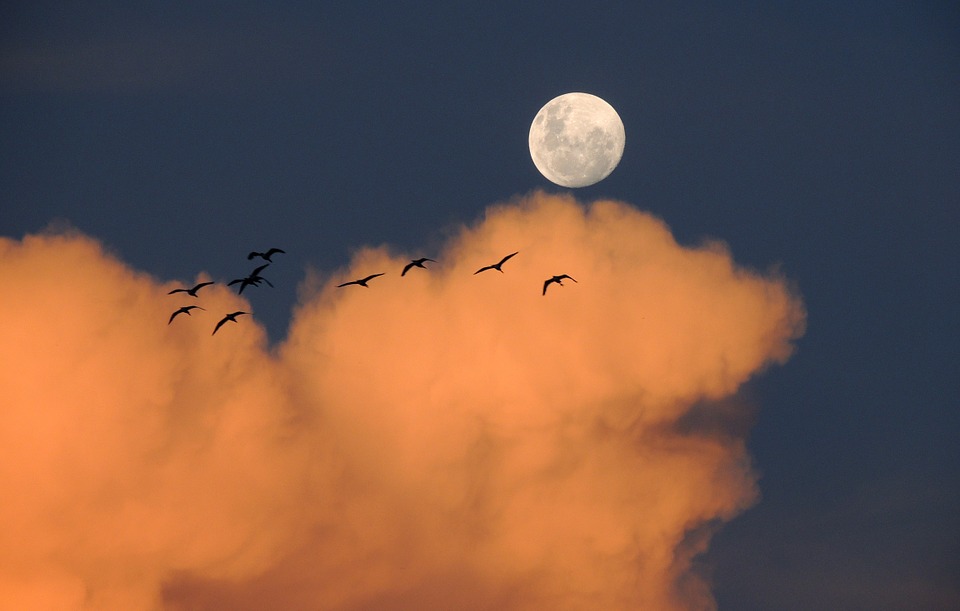 Poem By George MacDonald |












| Come
To The Greenwood Tree Come to the greenwood tree, Come where the dark woods be, Dearest, O come with me! Let us rove—O my love—O my love! Come—'tis the moonlight hour, Dew is on leaf and flower, Come to the linden bower,— Let us rove—O my love—O my love! 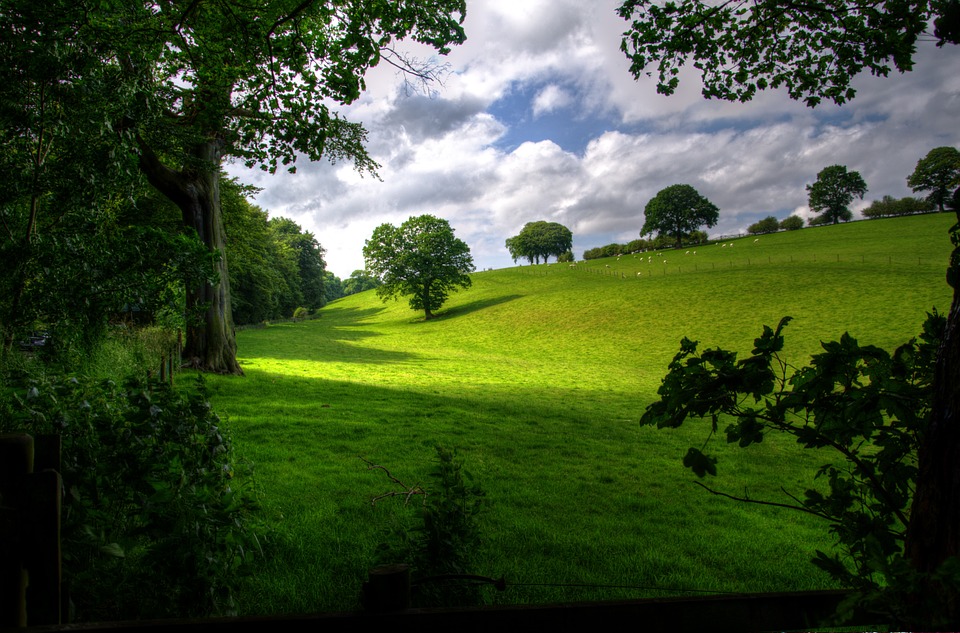 Dark is the wood, and wide Dangers, they say, betide; But, at my Albert's side, Nought I fear, O my love—O my love! Welcome the greenwood tree, Welcome the forest free, Dearest, with thee, with thee, Nought I fear, O my love—O my love! Poem By William Makepeace Thackeray |
| A
Patch of Snow There's a patch of old snow in a corner That I should have guessed Was a blow-away paper the rain Had brought to rest. It is speckled with grime as if Small print overspread it, The news of a day I've forgotten -- If I ever read it. Poem by Robert Frost |
||||||||||
| Blue-Butterfly
Day It is a blue-butterfly day here in spring, And with these sky-flakes down in flurry on flurry There is more unmixed color on the wing Than flowers will show for days unless they hurry. But these are flowers that fly and all but sing: And now from having ridden out desire They lie closed over in the wind and cling Where wheels have freshly sliced the April mire. Poem by Robert Frost |
||||||||||
| The
Mountain The mountain held the town as in a shadow I saw so much before I slept there once: I noticed that I missed stars in the west, Where its black body cut into the sky. Near me it seemed: I felt it like a wall Behind which I was sheltered from a wind. And yet between the town and it I found, When I walked forth at dawn to see new things, Were fields, a river, and beyond, more fields. The river at the time was fallen away, And made a widespread brawl on cobble-stones; But the signs showed what it had done in spring; Good grass-land gullied out, and in the grass Ridges of sand, and driftwood stripped of bark. I crossed the river and swung round the mountain. And there I met a man who moved so slow With white-faced oxen in a heavy cart, It seemed no hand to stop him altogether. "What town is this?" I asked. "This? Lunenburg." Then I was wrong: the town of my sojourn, Beyond the bridge, was not that of the mountain, But only felt at night its shadowy presence. "Where is your village? Very far from here?" "There is no village—only scattered farms. We were but sixty voters last election. We can't in nature grow to many more: That thing takes all the room!" He moved his goad. The mountain stood there to be pointed at. Pasture ran up the side a little way, And then there was a wall of trees with trunks: After that only tops of trees, and cliffs Imperfectly concealed among the leaves. A dry ravine emerged from under boughs Into the pasture. "That looks like a path. Is that the way to reach the top from here?— Not for this morning, but some other time: I must be getting back to breakfast now." "I don't advise your trying from this side. There is no proper path, but those that have Been up, I understand, have climbed from Ladd's. That's five miles back. You can't mistake the place: They logged it there last winter some way up. I'd take you, but I'm bound the other way." "You've never climbed it?" "I've been on the sides Deer-hunting and trout-fishing. There's a brook That starts up on it somewhere—I've heard say Right on the top, tip-top—a curious thing. But what would interest you about the brook, It's always cold in summer, warm in winter. One of the great sights going is to see It steam in winter like an ox's breath, Until the bushes all along its banks Are inch-deep with the frosty spines and bristles— You know the kind. Then let the sun shine on it!" "There ought to be a view around the world From such a mountain—if it isn't wooded Clear to the top." I saw through leafy screens Great granite terraces in sun and shadow, Shelves one could rest a knee on getting up— With depths behind him sheer a hundred feet; Or turn and sit on and look out and down, With little ferns in crevices at his elbow. "As to that I can't say. But there's the spring, Right on the summit, almost like a fountain. That ought to be worth seeing." "If it's there. You never saw it?" "I guess there's no doubt About its being there. I never saw it. It may not be right on the very top: It wouldn't have to be a long way down To have some head of water from above, And a good distance down might not be noticed By anyone who'd come a long way up. One time I asked a fellow climbing it To look and tell me later how it was." "What did he say?" "He said there was a lake Somewhere in Ireland on a mountain top." "But a lake's different. What about the spring?" "He never got up high enough to see. That's why I don't advise your trying this side. He tried this side. I've always meant to go And look myself, but you know how it is: It doesn't seem so much to climb a mountain You've worked around the foot of all your life. What would I do? Go in my overalls, With a big stick, the same as when the cows Haven't come down to the bars at milking time? Or with a shotgun for a stray black bear? 'Twouldn't seem real to climb for climbing it." "I shouldn't climb it if I didn't want to— Not for the sake of climbing. What's its name?" "We call it Hor: I don't know if that's right." "Can one walk around it? Would it be too far?" "You can drive round and keep in Lunenburg, But it's as much as ever you can do, The boundary lines keep in so close to it. Hor is the township, and the township's Hor— And a few houses sprinkled round the foot, Like boulders broken off the upper cliff, Rolled out a little farther than the rest." "Warm in December, cold in June, you say?" "I don't suppose the water's changed at all. You and I know enough to know it's warm Compared with cold, and cold compared with warm. But all the fun's in how you say a thing." "You've lived here all your life?" "Ever since Hor Was no bigger than a——" What, I did not hear. He drew the oxen toward him with light touches Of his slim goad on nose and offside flank, Gave them their marching orders and was moving. Poem by Robert Frost |
||||||||||
| Storm
Fear When the wind works against us in the dark, And pelts with snow The lowest chamber window on the east, And whispers with a sort of stifled bark, The beast, 'Come out! Come out!'— It costs no inward struggle not to go, Ah, no! I count our strength, Two and a child, Those of us not asleep subdued to mark How the cold creeps as the fire dies at length,— How drifts are piled, Dooryard and road ungraded, Till even the comforting barn grows far away And my heart owns a doubt Whether 'tis in us to arise with day And save ourselves unaided. Poem by Robert Frost |
||||||||||
| Wind
And Window Flower Lovers, forget your love, And list to the love of these, She a window flower, And he a winter breeze. When the frosty window veil Was melted down at noon, And the cagèd yellow bird Hung over her in tune, He marked her through the pane, He could not help but mark, And only passed her by, To come again at dark. He was a winter wind, Concerned with ice and snow, Dead weeds and unmated birds, And little of love could know. But he sighed upon the sill, He gave the sash a shake, As witness all within Who lay that night awake. Perchance he half prevailed To win her for the flight From the firelit looking-glass And warm stove-window light. But the flower leaned aside And thought of naught to say, And morning found the breeze A hundred miles away. Poem by Robert Frost |
||||||||||
Blueberries Blueberries as big as the end of your thumb, Real sky-blue, and heavy, and ready to drum In the cavernous pail of the first one to come! And all ripe together, not some of them green And some of them ripe! You ought to have seen! Poem by Robert Frost |
||||||||||
| The
Old Women Of The Ocean To the solemn sea the old women come With their shawls knotted around their necks With their fragile feet cracking. They sit down alone on the shore Without moving their eyes or their hands Without changing the clouds or the silence. The obscene sea breaks and claws Rushes downhill trumpeting Shakes its bull's beard. The gentle old ladies seated As if in a transparent boat They look at the terrorist waves. Where will they go and where have they been? They come from every corner They come from our own lives. Now they have the ocean The cold and burning emptiness The solitude full of flames. They come from all the pasts From houses which were fragrant From burnt-up evenings. They look, or don't look, at the sea With their walking sticks they draw signs in the sand And the sea erases their calligraphy. The old women get up and go away With their fragile bird feet While the waves flood in Traveling naked in the wind. Poem by Pablo Neruda |
||||||||||
| Tell
Me, Is The Rose Naked? Tell me, is the rose naked Or is that her only dress?. Why do trees conceal The splendor of their roots?. Who hears the regrets Of the thieving automobile?. Is there anything in the world sadder Than a train standing in the rain? Poem by Pablo Neruda |
||||||||||
| Enigma
with Flower Victory. It has come late, I had not learnt how to arrive, like the lily, at will, the white figure, that pierces the motionless eternity of earth, pushing at clear, faint, form, till the hour strikes: that clay, with a white ray, or a spur of milk. Shedding of clothing, the thick darkness of soil, on whose cliff the fair flower advances, till the flag of its whiteness defeats the contemptible deep of night, and, from the motion of light, spills itself in astonished seed. Poem by Pablo Neruda |
||||||||||
| There
Where The Waves Shatter There where the waves shatter on the restless rocks the clear light bursts and enacts its rose, and the sea-circle shrinks to a cluster of buds, to one drop of blue salt, falling. O bright magnolia bursting in the foam, magnetic transient whose death blooms and vanishes--being, nothingness--forever: broken salt, dazzling lurch of the sea. You & I, Love, together we ratify the silence, while the sea destroys its perpetual statues, collapses its towers of wild speed and whiteness: because in the weavings of those invisible fabrics, galloping water, incessant sand, we make the only permanent tenderness. Poem by Pablo Neruda |
||||||||||
| The Wide Ocean Ocean, if you were to give, a measure, a ferment, a fruit of your gifts and destructions, into my hand, I would choose your far-off repose, your contour of steel, your vigilant spaces of air and darkness, and the power of your white tongue, that shatters and overthrows columns, breaking them down to your proper purity. Not the final breaker, heavy with brine, that thunders onshore, and creates the silence of sand, that encircles the world, but the inner spaces of force, the naked power of the waters, the immoveable solitude, brimming with lives. It is Time perhaps, or the vessel filled with all motion, pure Oneness, that death cannot touch, the visceral green of consuming totality. Only a salt kiss remains of the drowned arm, that lifts a spray: a humid scent, of the damp flower, is left, from the bodies of men. Your energies form, in a trickle that is not spent, form, in retreat into silence. The falling wave, arch of identity, shattering feathers, is only spume when it clears, and returns to its source, unconsumed. Your whole force heads for its origin. The husks that your load threshes, are only the crushed, plundered, deliveries, that your act of abundance expelled, all those that take life from your branches. Your form extends beyond breakers, vibrant, and rhythmic, like the chest, cloaking a single being, and its breathings, that lift into the content of light, plains raised above waves, forming the naked surface of earth. You fill your true self with your substance. You overflow curve with silence. The vessel trembles with your salt and sweetness, the universal cavern of waters, and nothing is lost from you, as it is from the desolate crater, or the bay of a hill, those empty heights, signs, scars, guarding the wounded air. Your petals throbbing against the Earth, trembling your submarine harvests, your menace thickening the smooth swell, with pulsations and swarming of schools, and only the thread of the net raises the dead lightning of fish-scale, one wounded millimetre, in the space of your crystal completeness. Poem by Pablo Neruda |
||||||||||
|
||||||||||
|
||||||||||
|
||||||||||
|
||||||||||
|
||||||||||
|
||||||||||
|
